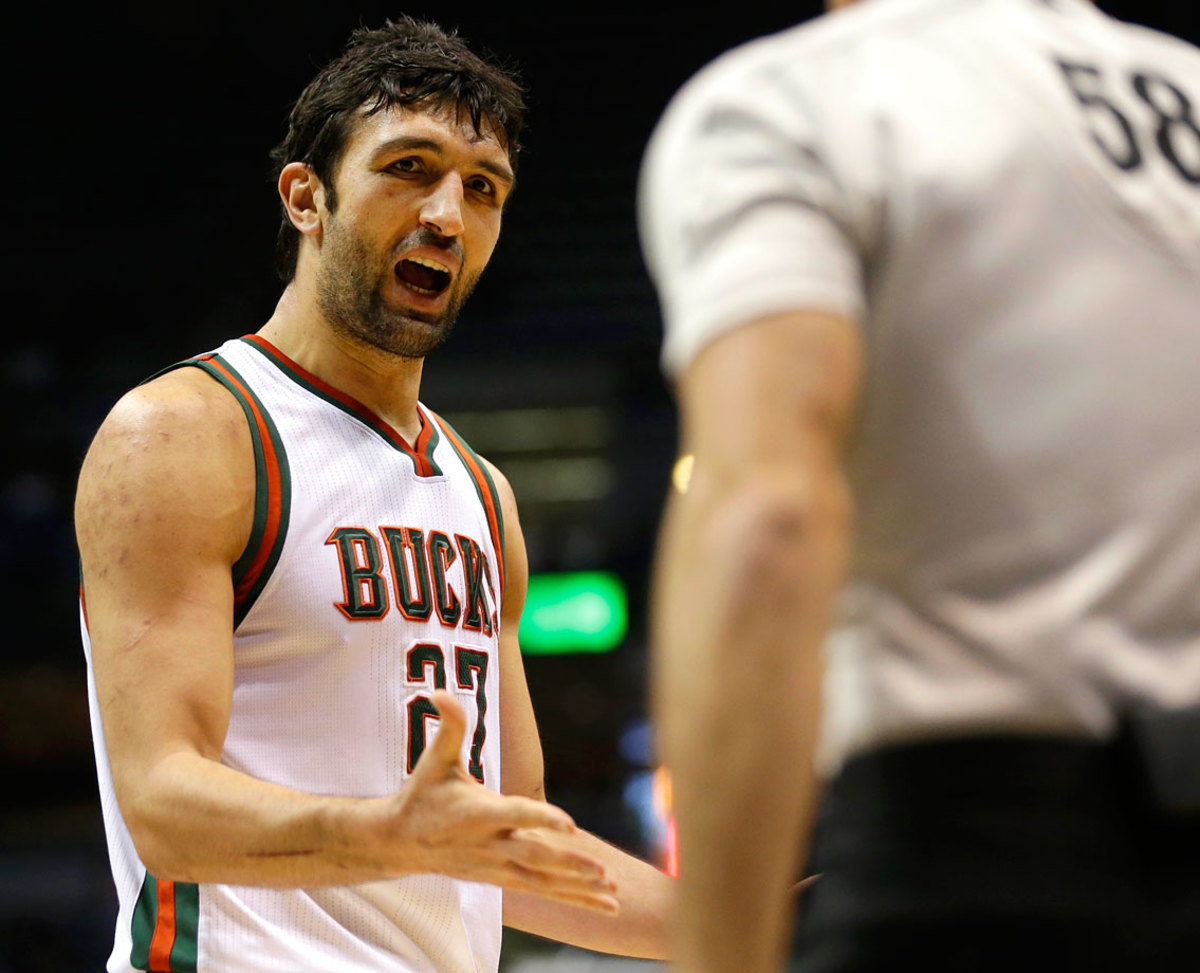The legend of Rajon Rondo reaches its definitive end with Dallas Mavericks

This week saw the death of the Rajon Rondo mythology. The point guard we once knew is gone and 'Playoff Rondo'—his revered spring metamorphosis—buried. In two games against the Rockets, Rondo reached for that power and came up only with forced shots and and bad decisions. He was a millstone.
Dallas had spent half its season trying to overcome the discord between its recently acquired floor general and the offense that had soared prior to his arrival. Instead, Rondo's drain on the team seemed to only grow with time. There are poor fits and then there's this: In Dallas' playoff series against Houston, Rondo's presence has marked a loss of 44.9 points per 100 possessions relative to when he sat, per NBA.com.
Although that figure is stretched to absurd proportions by a two-game sample size, its underlying message went confirmed by months of burdensome basketball and years of Rondo's new reality. He hasn't been the same player since tearing his ACL in 2013. Unfortunate as that may be, Rondo has yet to show any signs of growth to accommodate his revised circumstances; he's the same player only worse, all in a league that seems to find new ways every year to drag players' weaknesses to the forefront.
• MORE NBA: Schedule | Grades | Awards | Playoff coverage | Finals picks
Dallas was willing to accept this. It traded for Rondo having tracked his performance and understanding his shortcomings, convinced that Rick Carlisle, a masterful tactician, could figure out the best way to incorporate Rondo's superior playmaking. It speaks volumes that he couldn't and never will. The Mavericks announced that Rondo would sit indefinitely—and conveniently—with a back injury a day after being benched by Carlisle in Game 2. During his availability, Carlisle made clear that he never expects to see Rondo in a Maverick uniform ever again.
Rondo and Carlisle have had their differences throughout the year, most famously during a flare up over playcalling responsibility in February that left both furious. Both men are stubborn. The difference between them is that the game has only left one of the two behind, evolving in a way that makes his flaws more costly and his personality less tolerable. A player as difficult as Rondo had better be good, and right now he isn't.
That much is clear on almost every offensive possession. Whenever the Mavericks have the ball, the game is shaped by what Rondo cannot do. His defender leaves him, unworried, to crowd the lane or pressure some actual scoring threat. His trouble in finishing around the rim against even the mildest pressure makes him unsuited for driving play. He's so harmless without the ball in his hands that he must be in control of the offense, which then moves possession away from superior scorers. It is impossible to deny the vision and artistry that make Rondo one of the great passers in modern NBA history. Yet that playmaking ability now seems a roundabout means of creating merely decent shots through fuss and risk.
Some teams will still see that and decide Rondo is worth the trouble. Dallas clearly decided otherwise. Even after giving up Brandan Wright, Jae Crowder, Jameer Nelson, and a first-round pick to acquire Rondo in the first place, the Mavs opted to scorch their relationship with the mercurial point guard just months before his free agency. An era, however short, has ended.
• MORE NBA: Mavs doesn't expect Rondo back | Parsons out with knee injury
Dallas moves on. The 0-2 series underdogs have actually outscored Houston in their playoff minutes without Rondo, as tends to happen when operating without a player whose performance sometimes seems to border on active sabotage. It's one thing to overstep and make mistakes. It's another for a cerebral player to commit so many senseless blunders and fold on so many half-possessions that he all but demanded to be benched. Rondo seemed as done with the Mavericks in Game 2 as they were with him, and through the guise of a back injury all parties involved have now opted out.
For that to bring about a Dallas comeback would be incredible, but unlikely. There will be some trade-off in the play of reserves Devin Harris (should he be healthy enough to play), J.J. Barea, and Raymond Felton as they operate against the Rockets' best lineups. Just the fact that Barea and Felton are critical pieces at all is reason for some anxiety, and it's safe to say the Mavs never envisioned that possibility when completing the trade for Rondo back in December. That Chandler Parsons has been ruled out for the remainder of the season supplies another ball-handling complication while pinching Dallas' perimeter rotation from the other side. There may not be enough healthy bodies for the Mavs to find a winning track, no matter the benefits of moving on.
Rondo, for his part, can shift his attention to the summer. Surely his mysterious back injury will have cleared up by the time some team offers an inordinate amount of money to find out first-hand what Rondo can offer. They'll likely find the same things the Mavs did: Underlying talent that may be too limited and too specific for any kind of reasonable fit. We know now—and knew at the time of his arrival—that Dallas wasn't an optimal spot for Rondo. Yet it's worth wondering if that place exists in the NBA at all, as getting the best out of Rondo requires the tailoring of a roster and game plan to his specifications.
There is no malleability here. Rondo is who he is to the point of real basketball detriment. The ability to do things on the floor that no one else can doesn't in itself compensate for the basic failings that keep a team from doing what it should. Rondo's game lived—and dies—in that imbalance.
GALLERY: NBA'S BEST 'I DIDN'T FOUL' FACES
The NBA's Best "I Didn't Foul" Faces
LeBron James
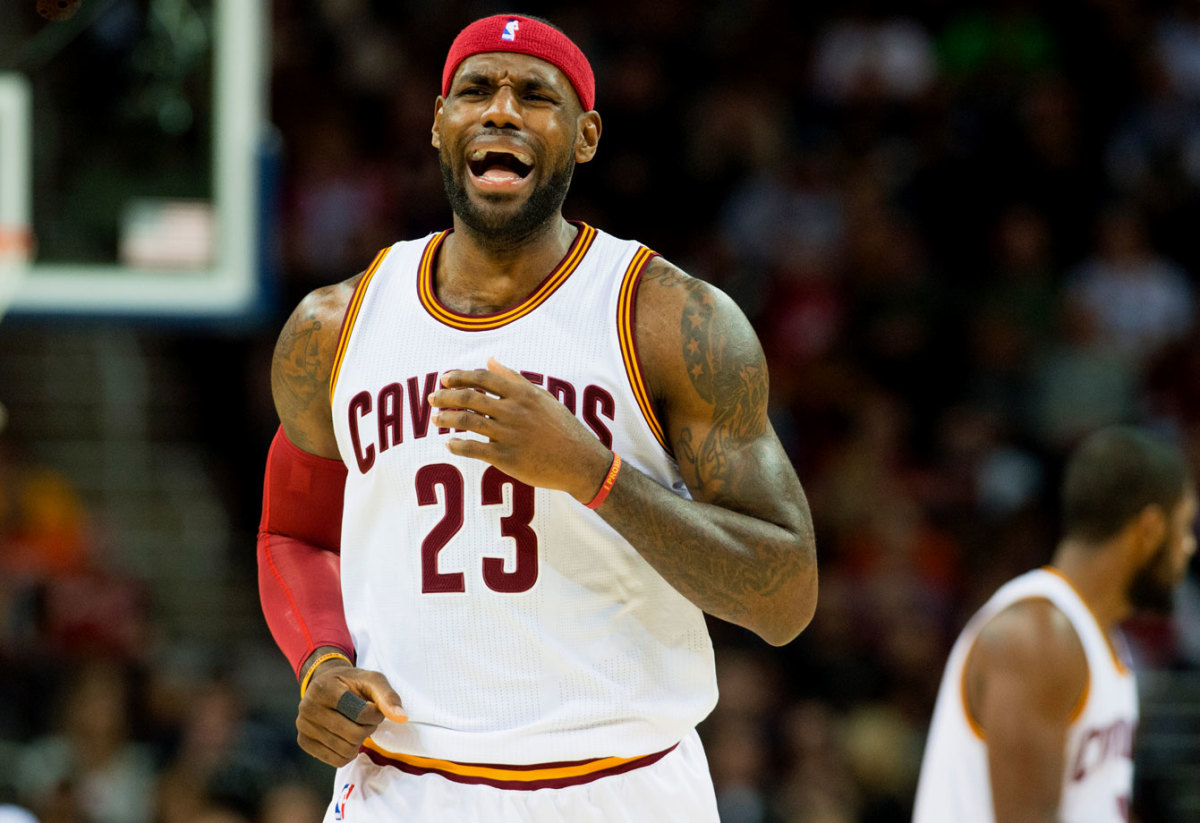
LeBron James
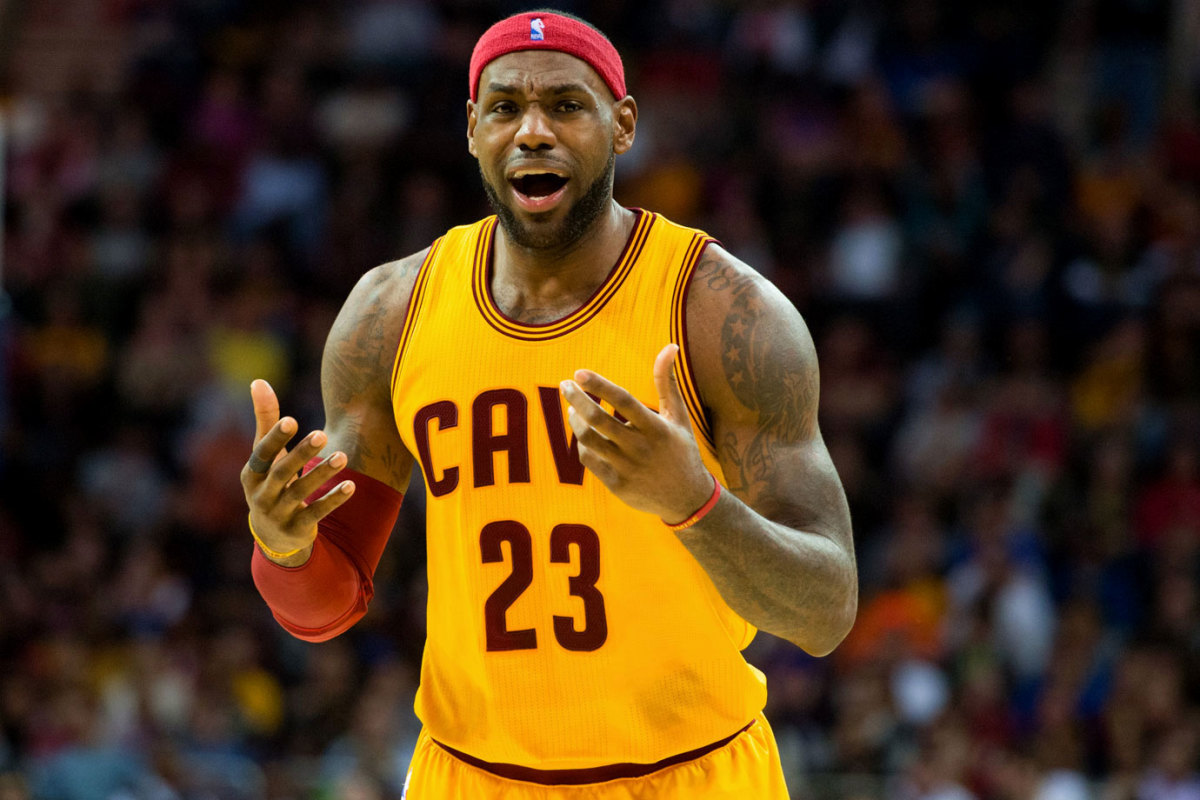
LeBron James
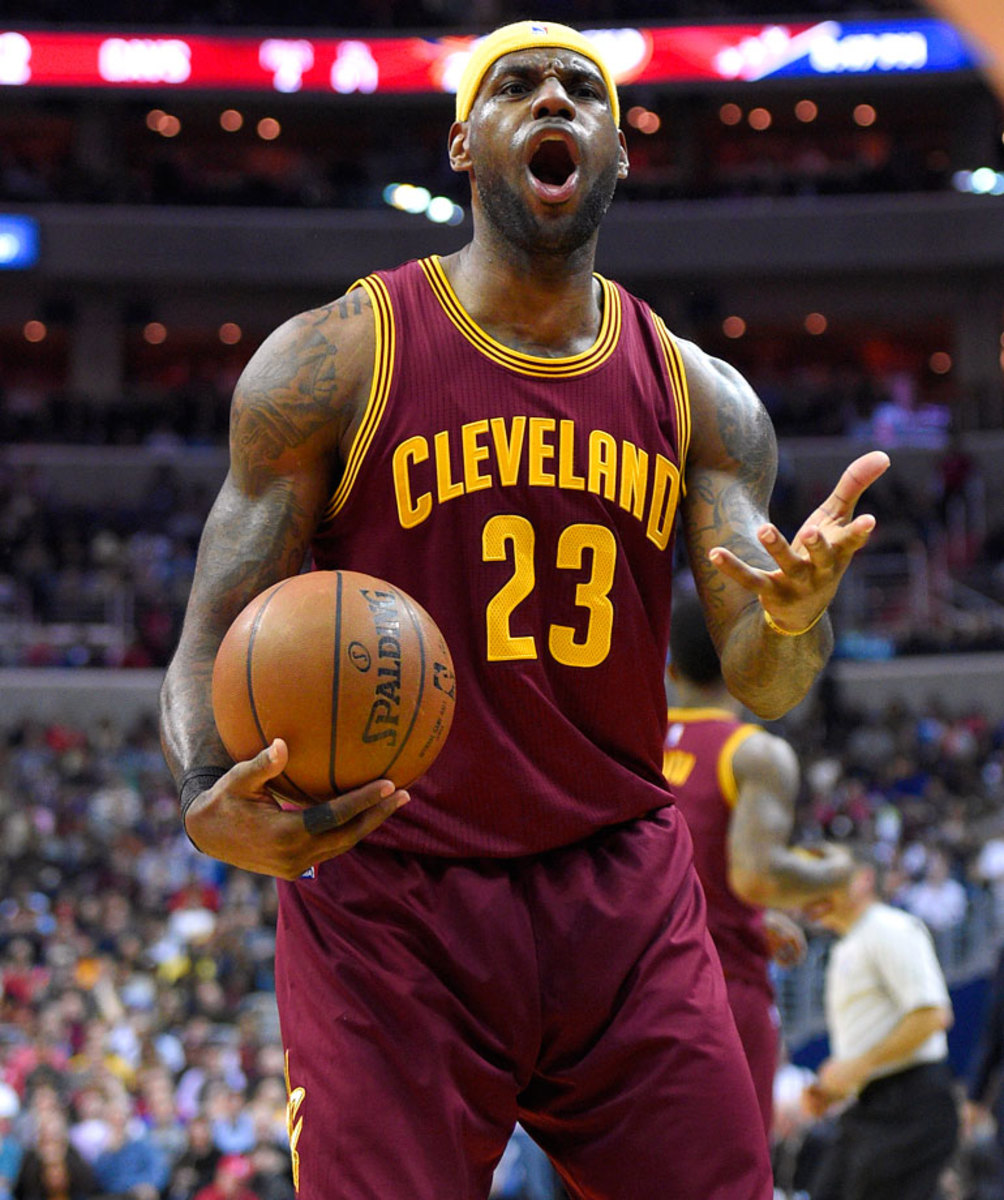
LeBron James
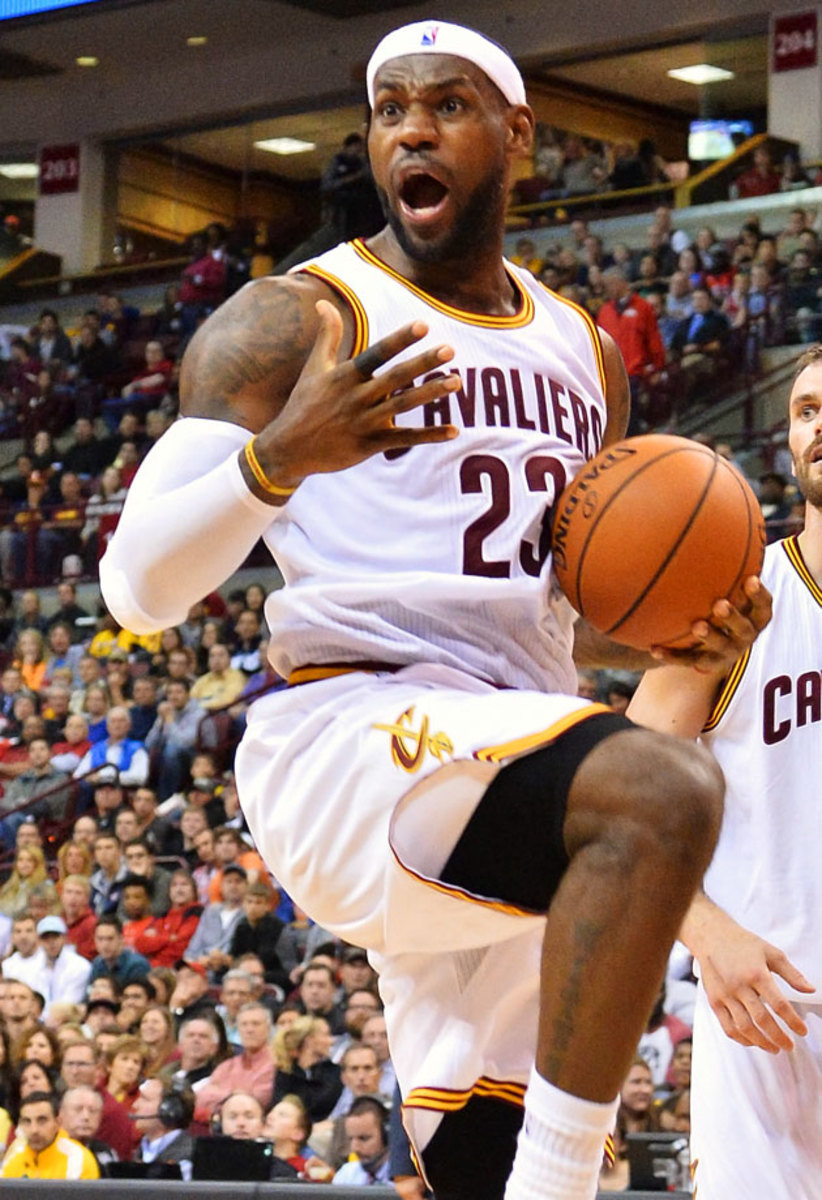
DeMarcus Cousins
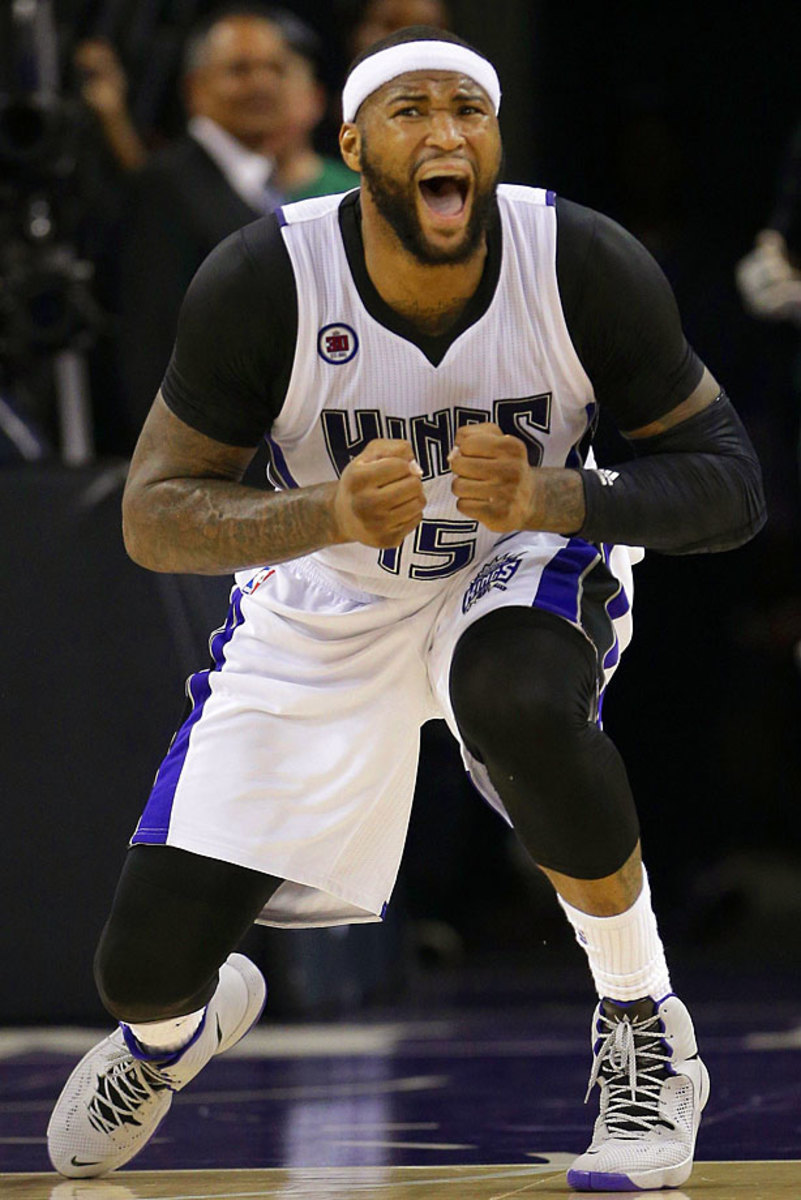
DeMarcus Cousins
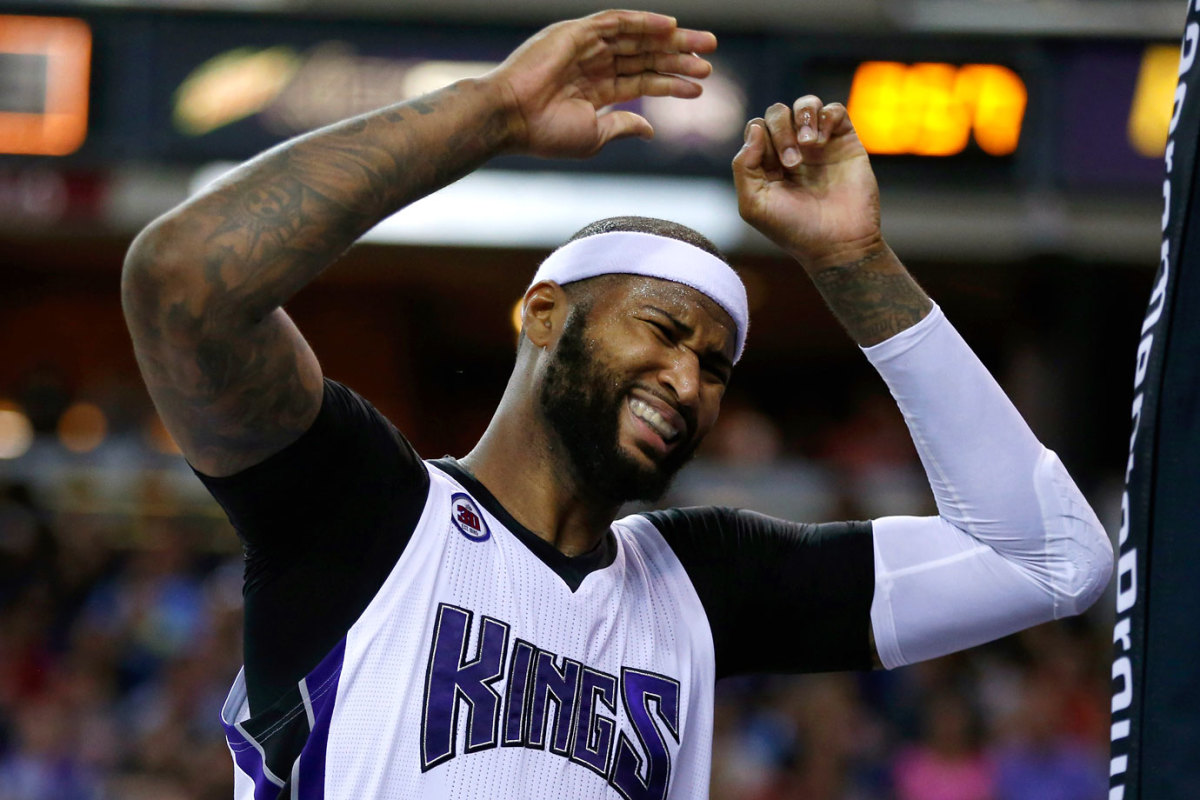
DeMarcus Cousins
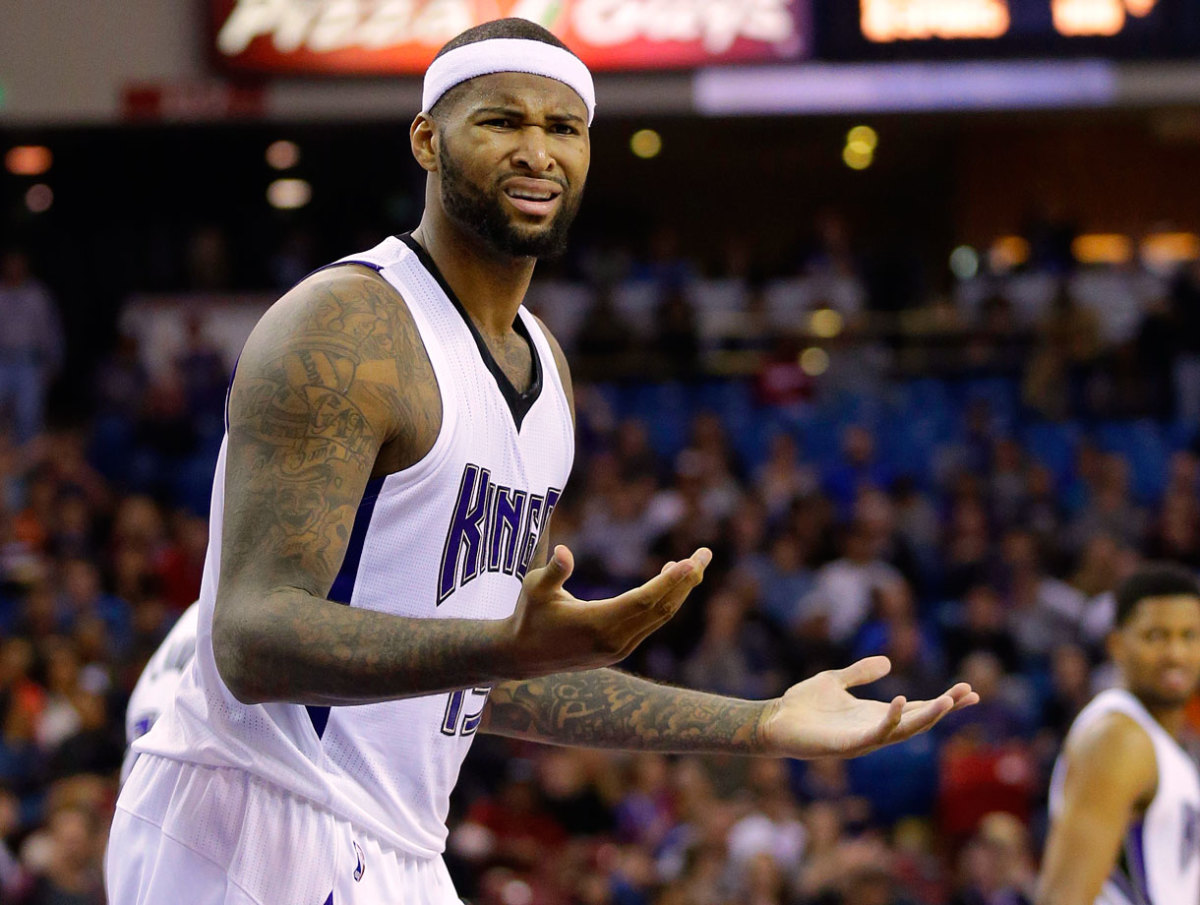
Blake Griffin
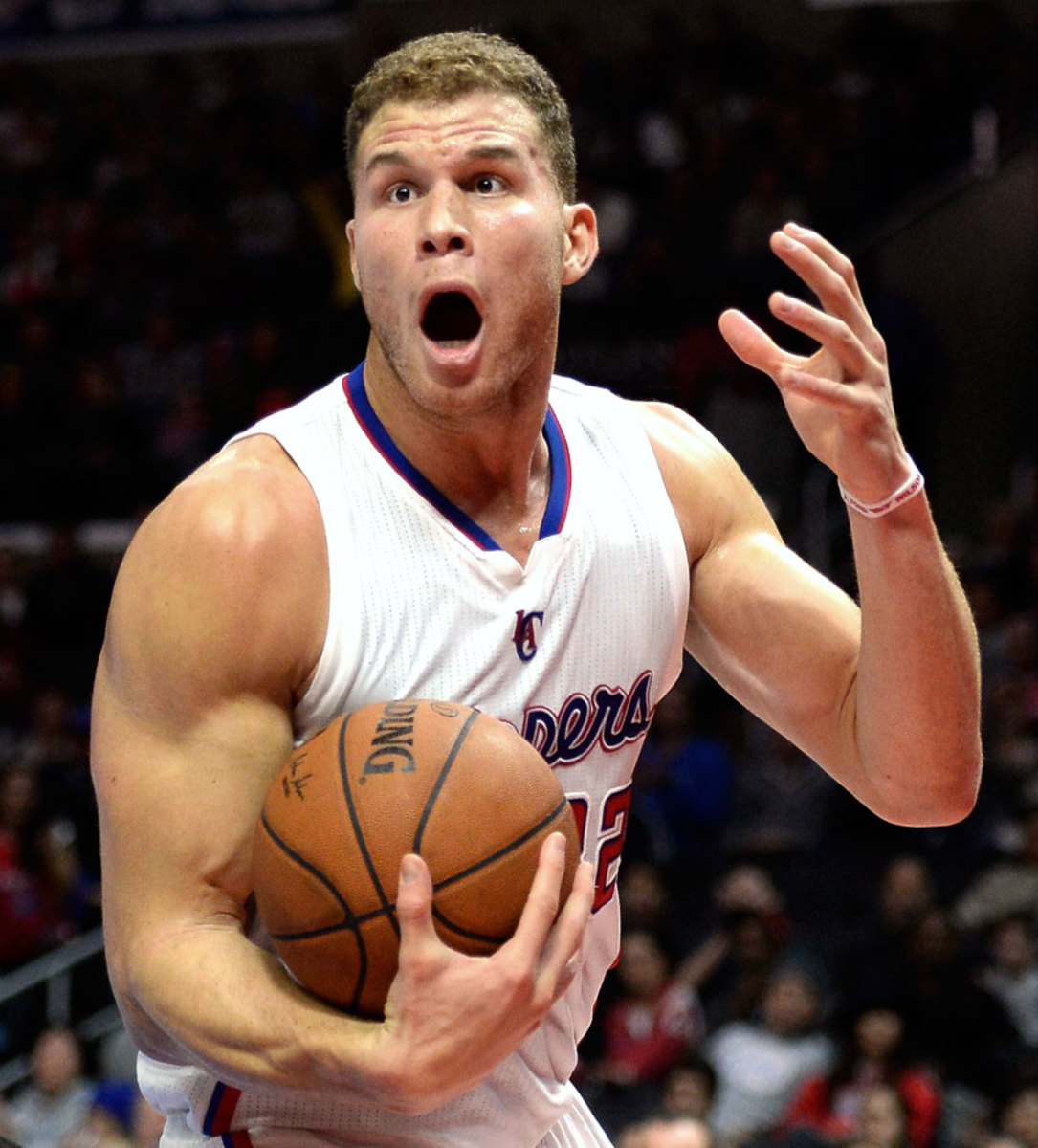
Blake Griffin
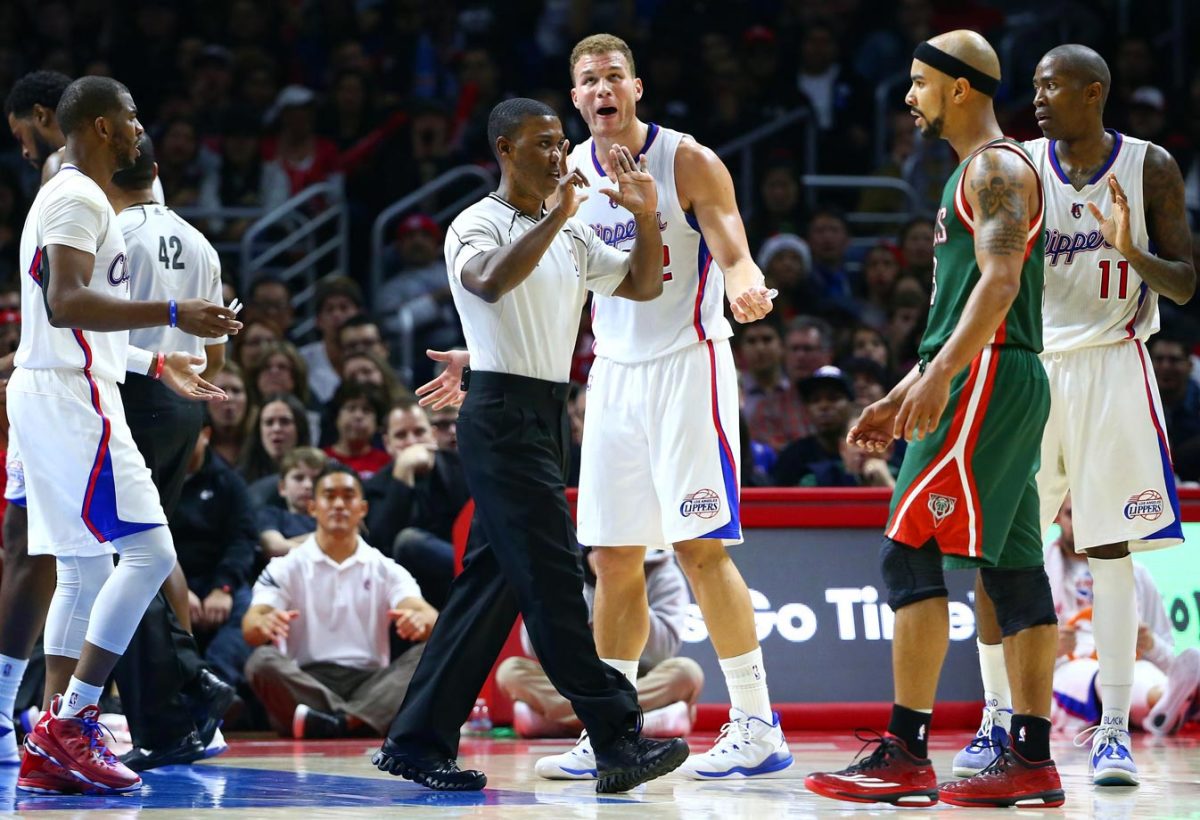
Marc Gasol
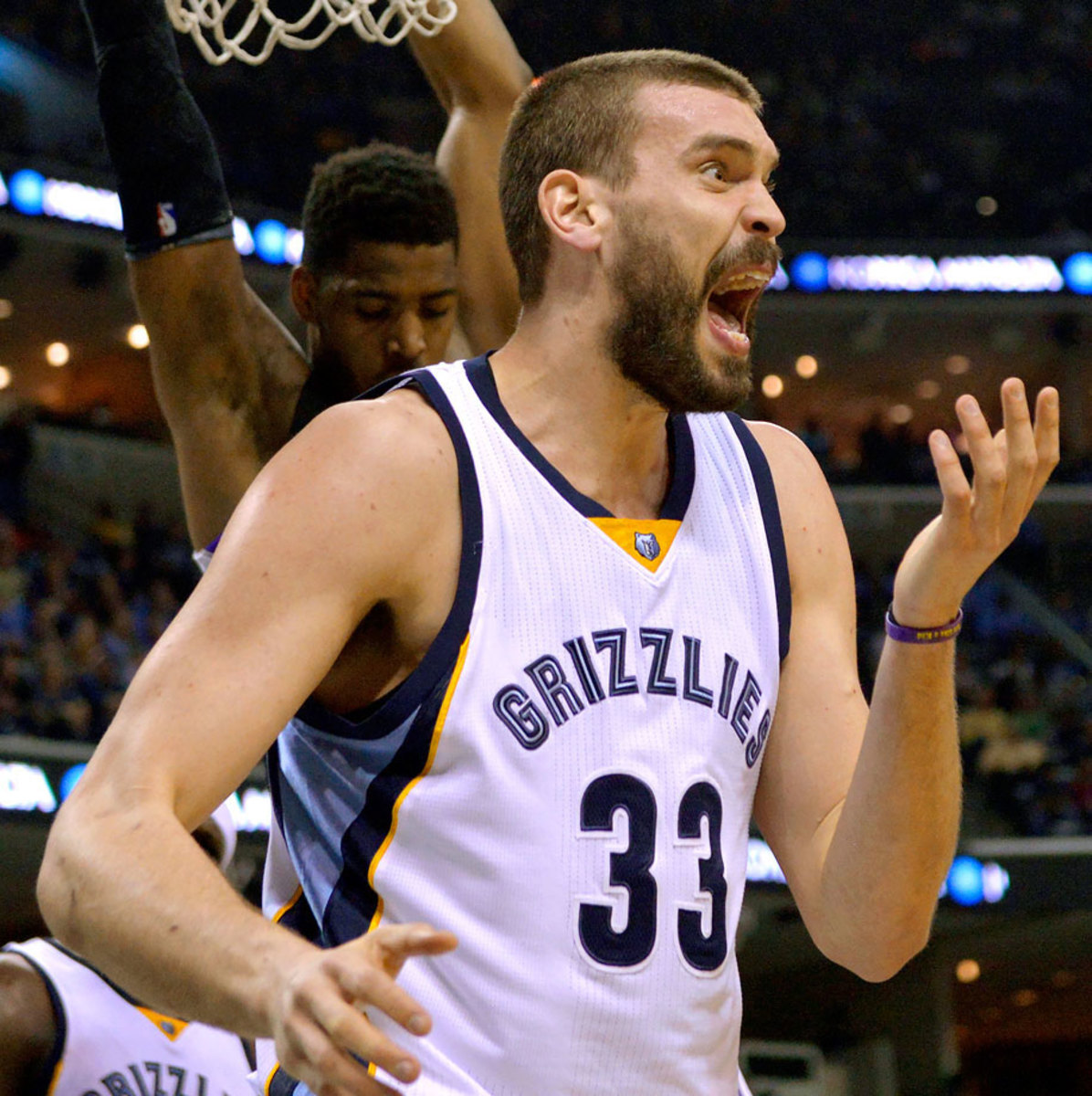
Marc Gasol
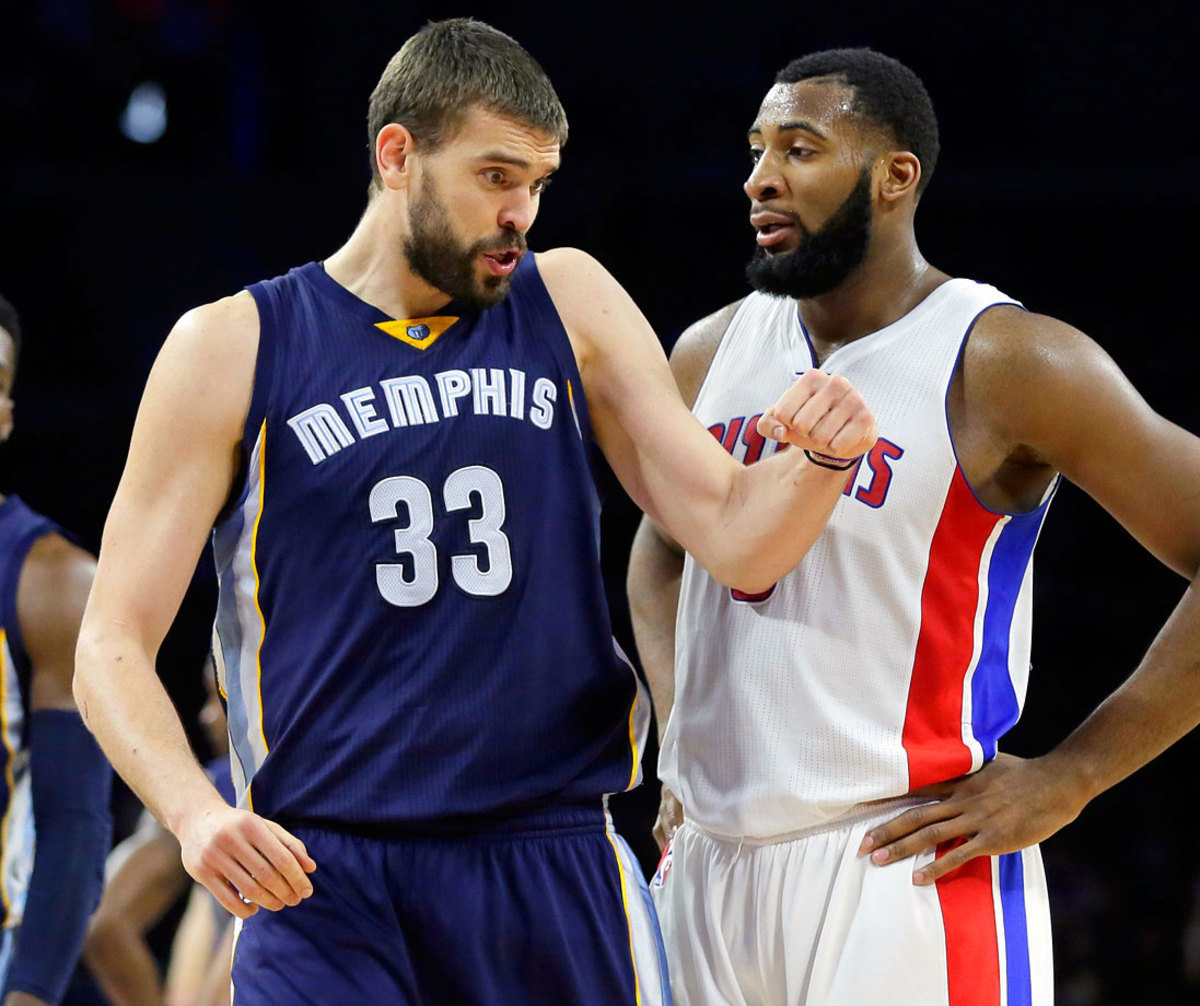
Brook Lopez
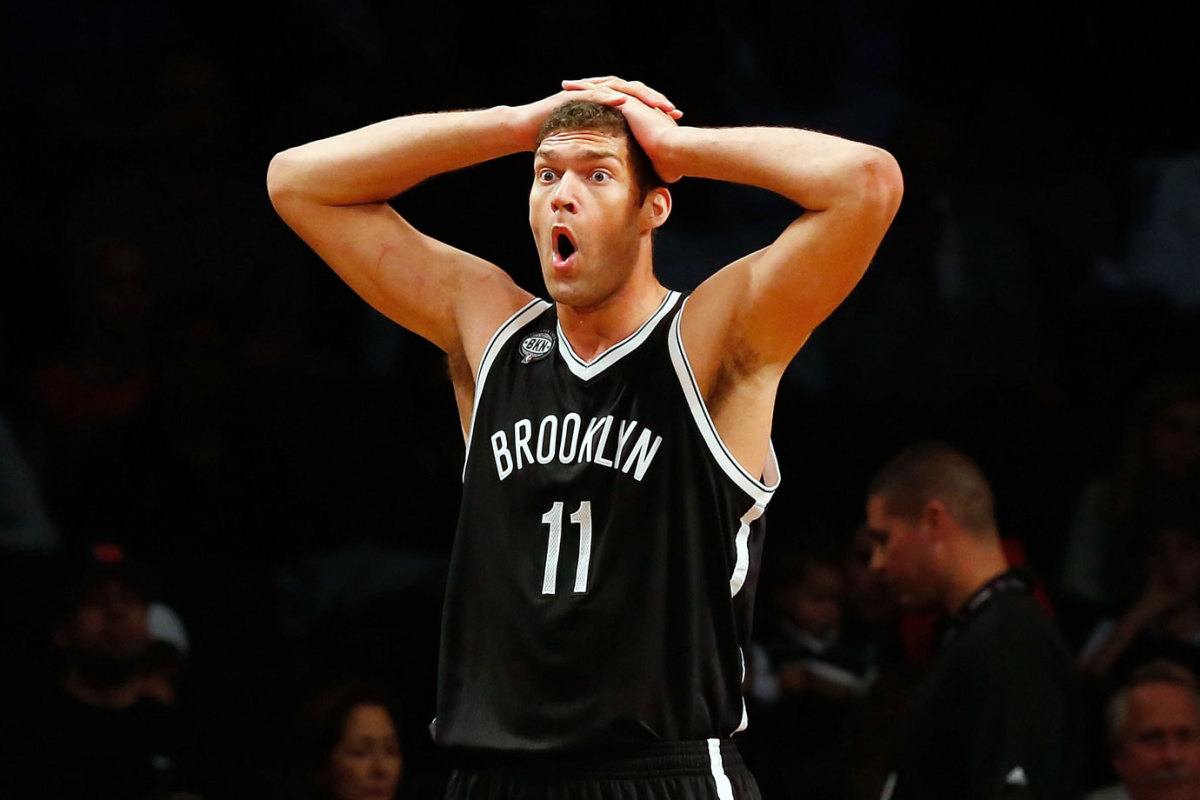
Brook Lopez
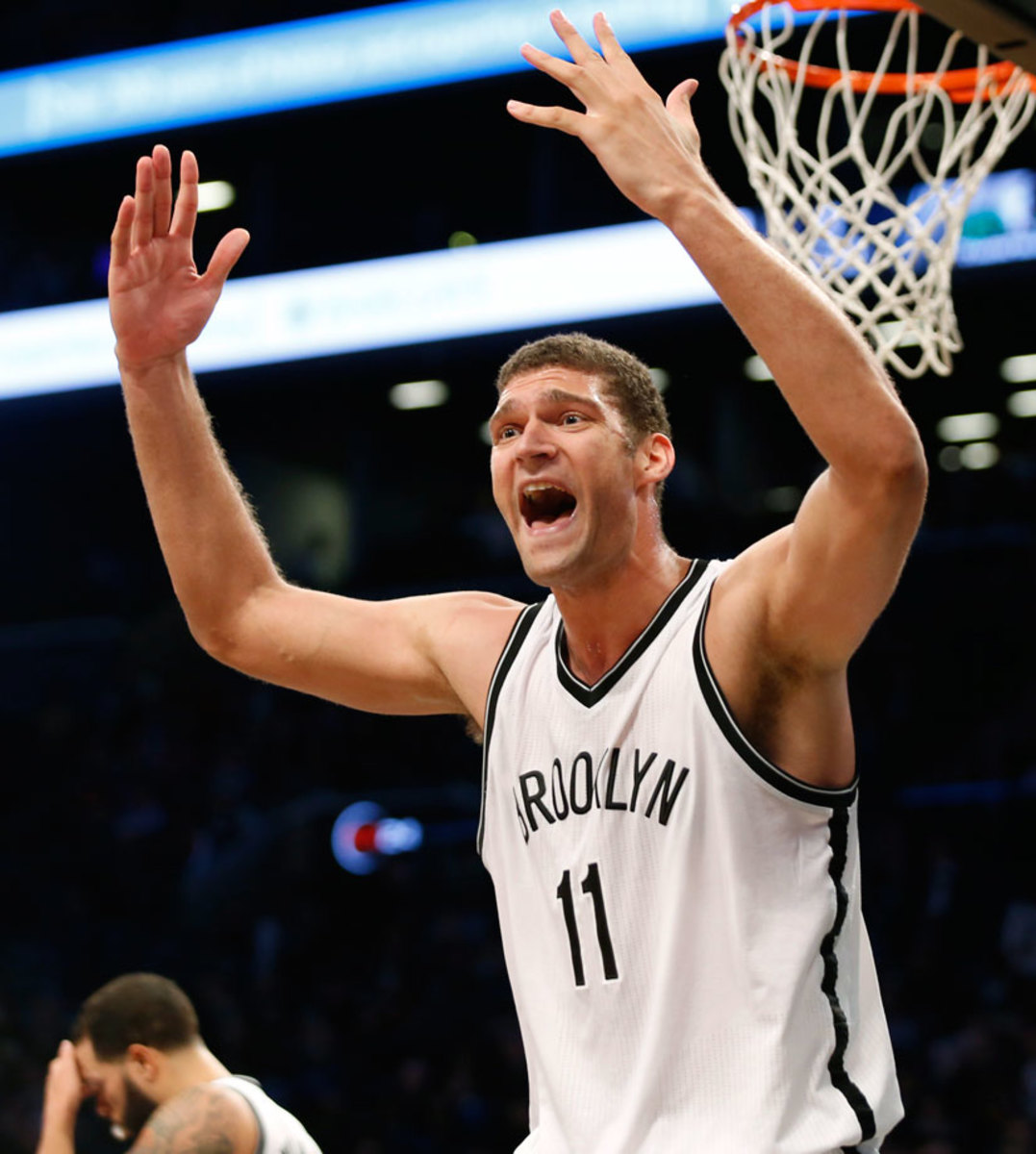
Andre Iguodala
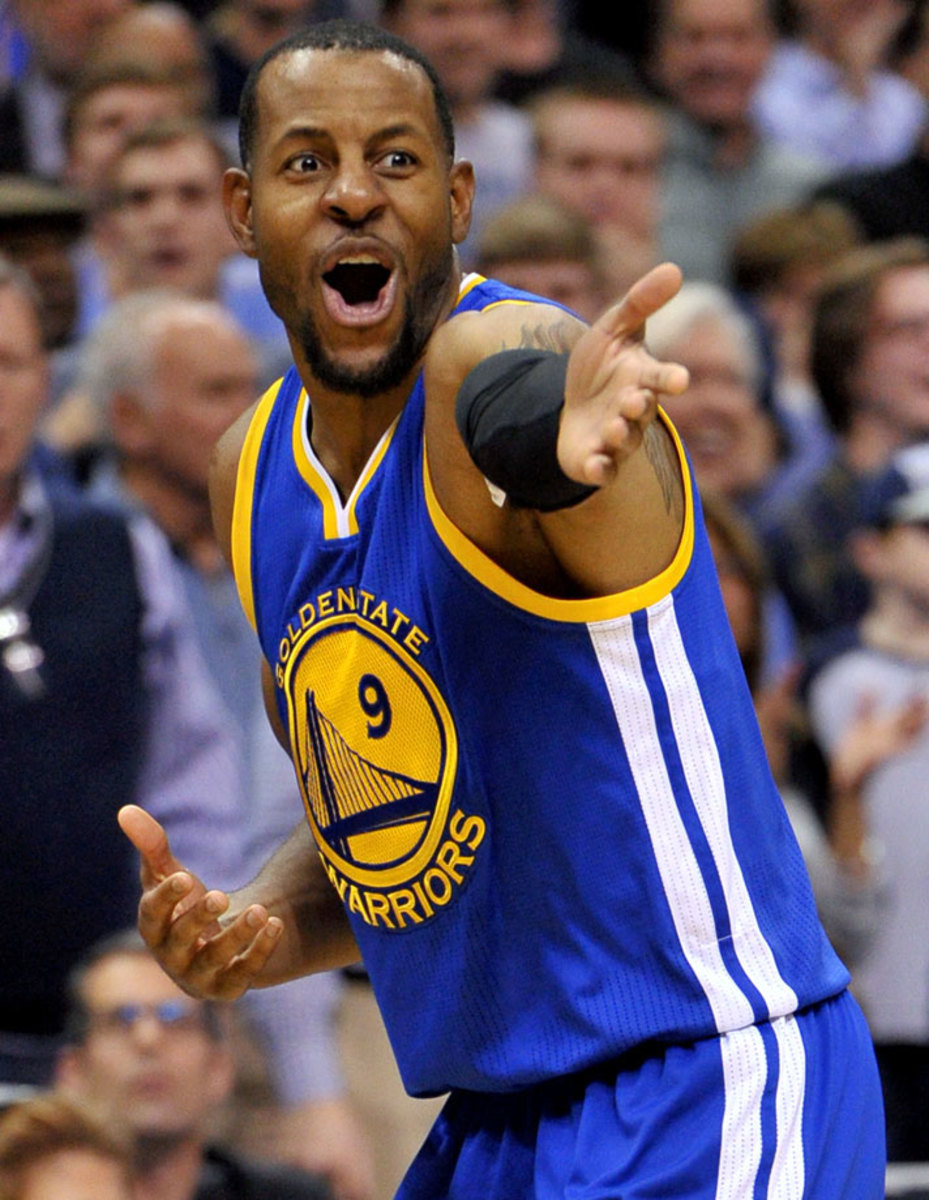
Andre Iguodala
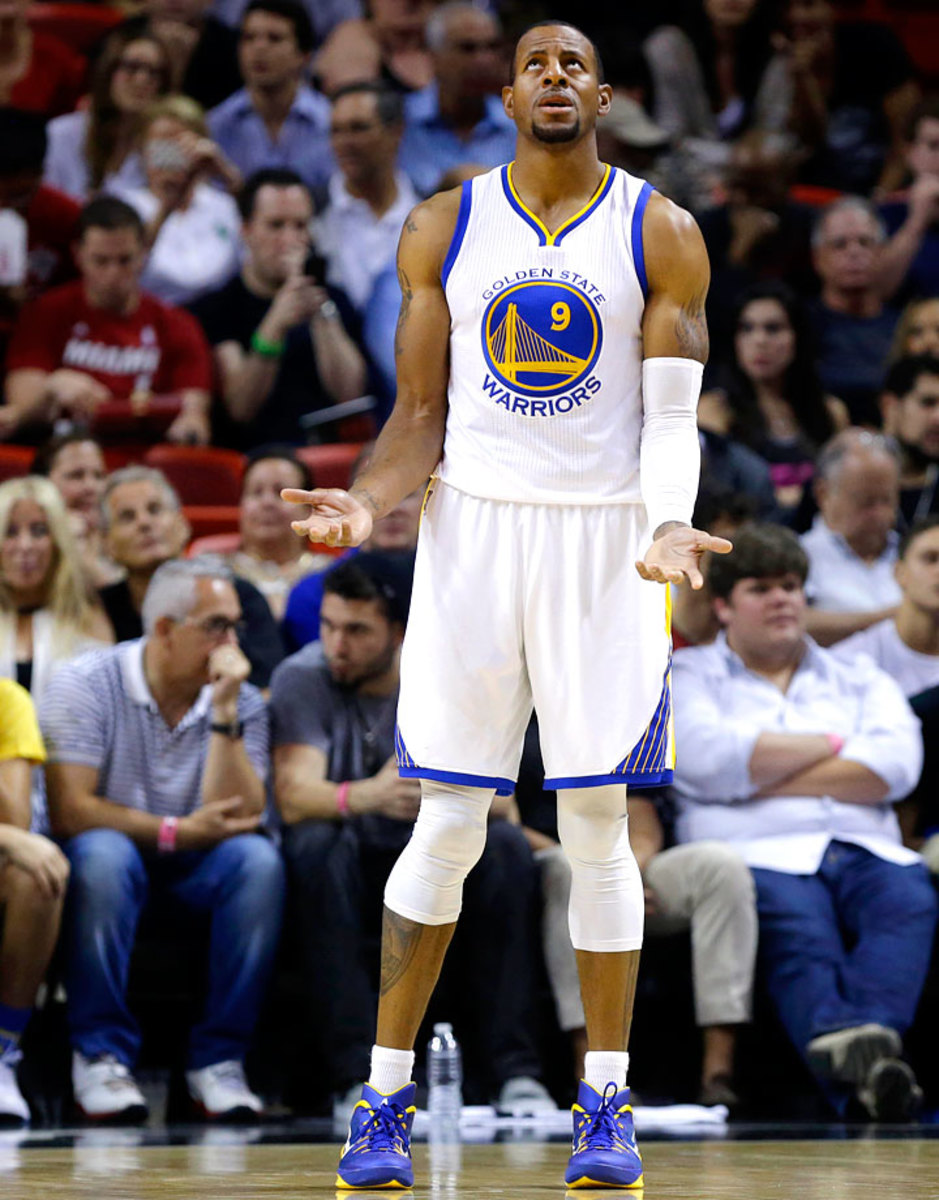
Marcus Smart
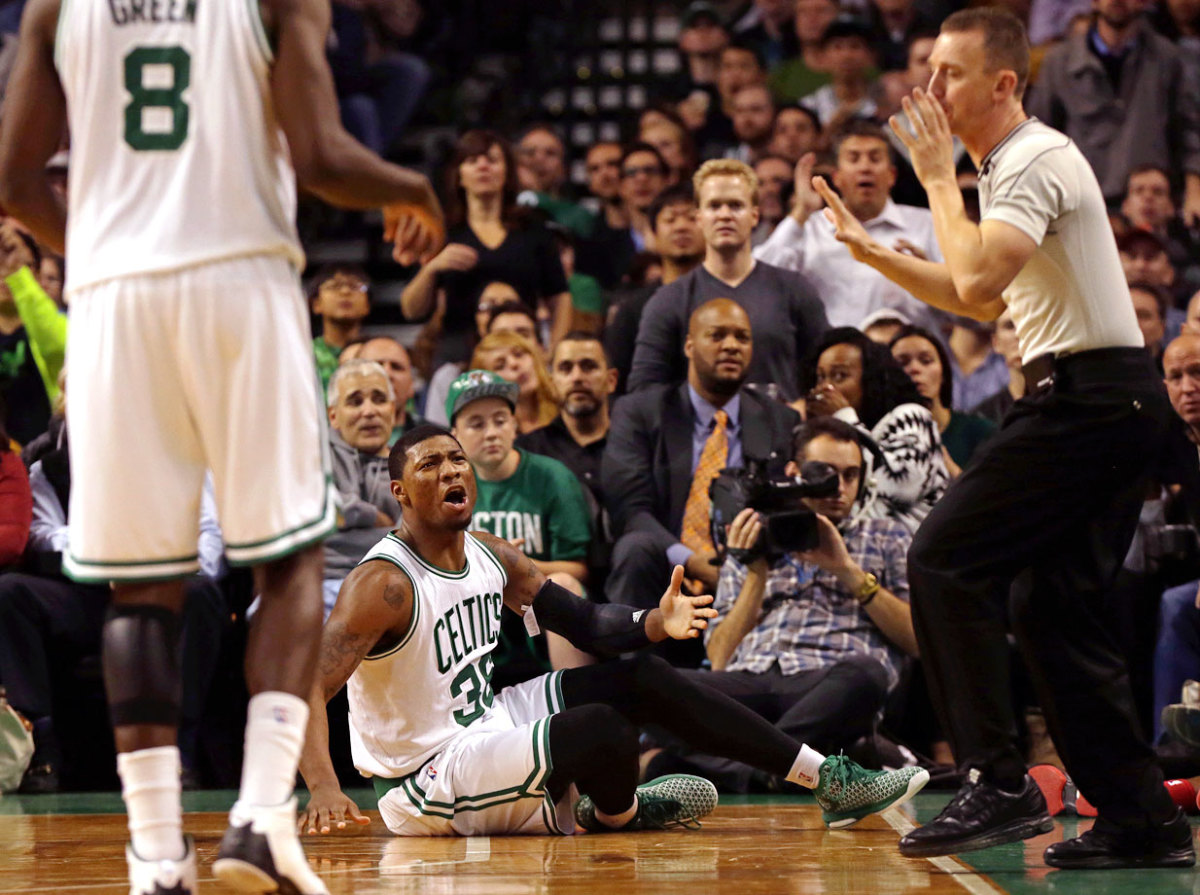
Marcus Smart
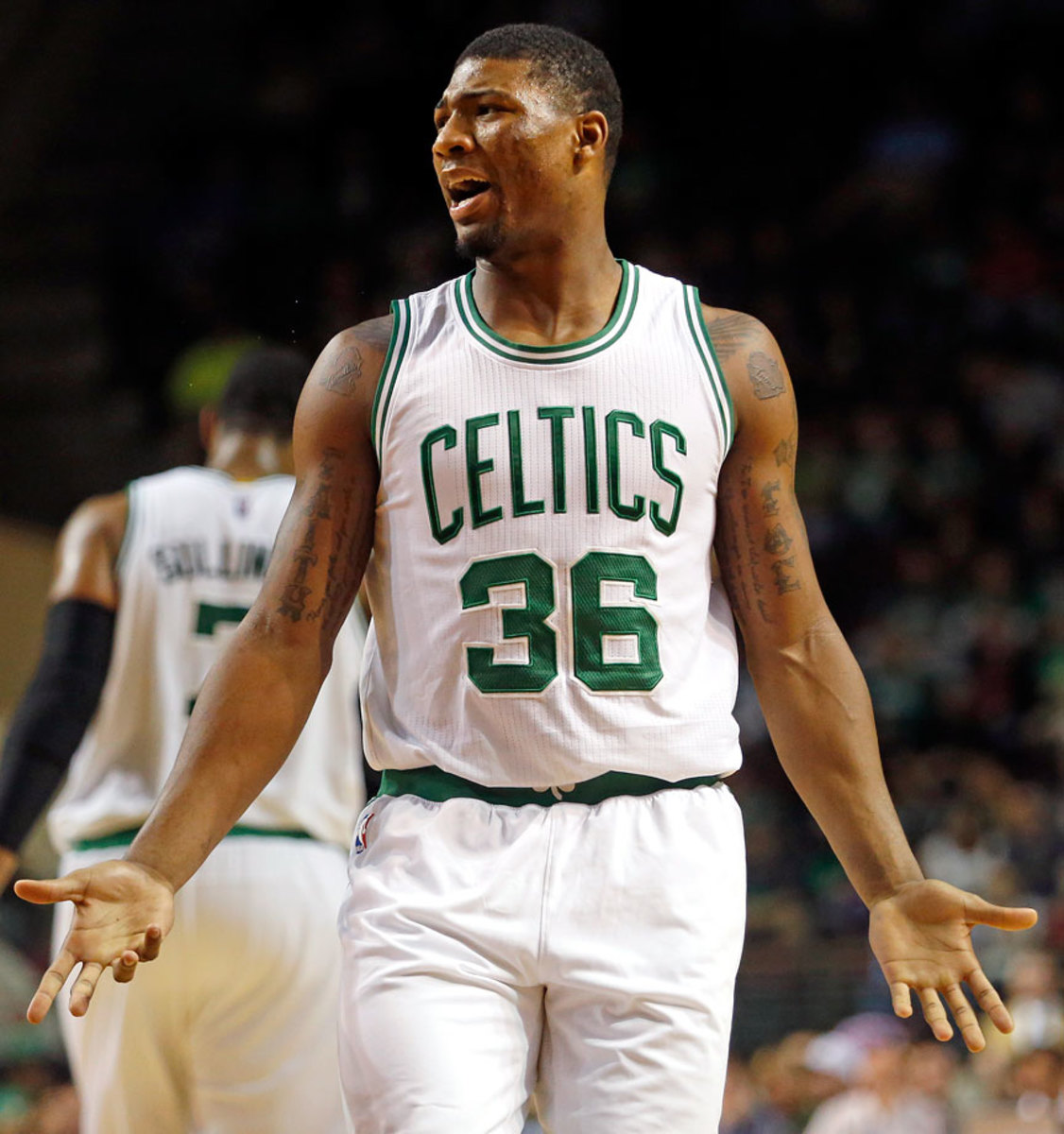
Pablo Prigioni
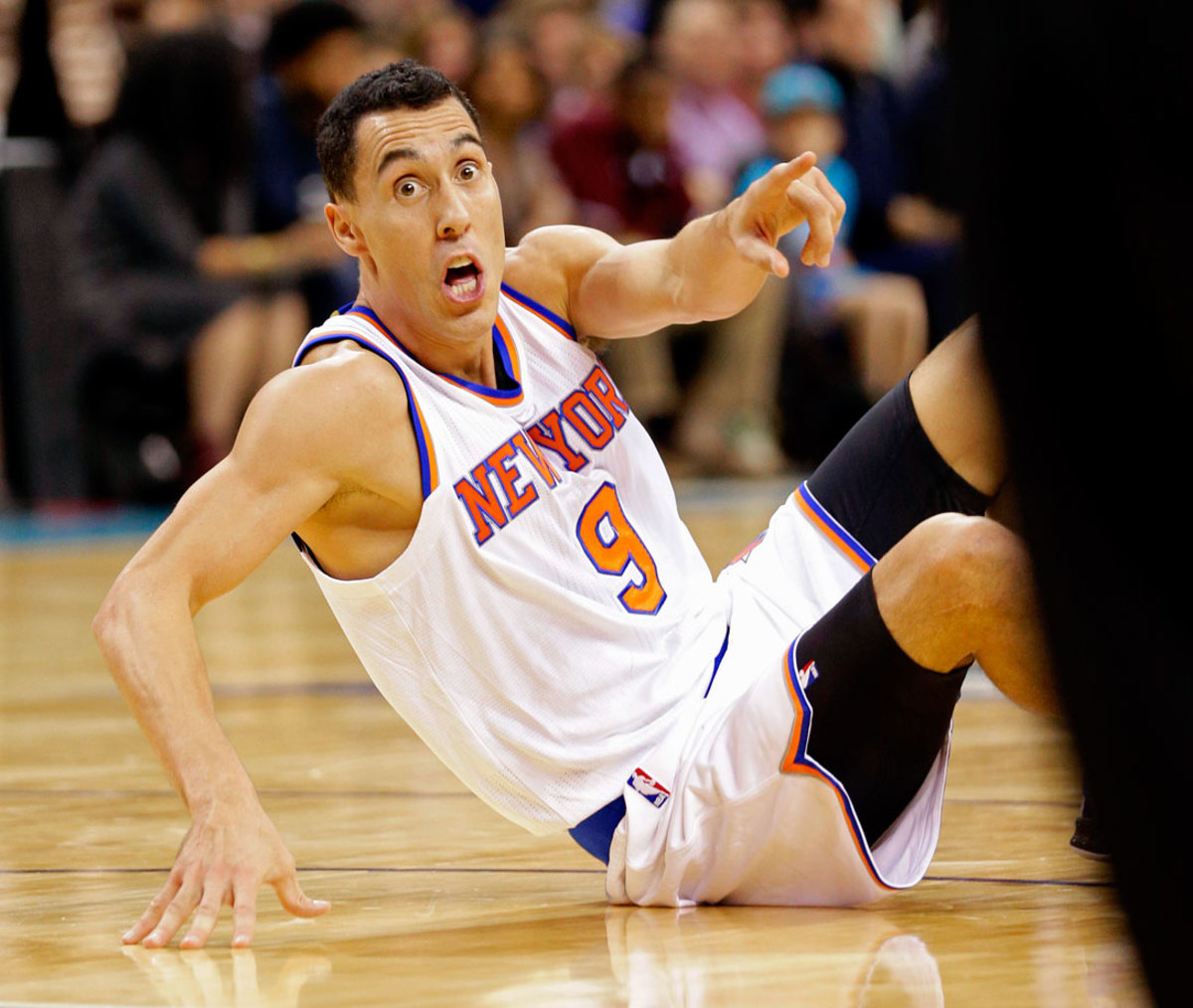
Pablo Prigioni
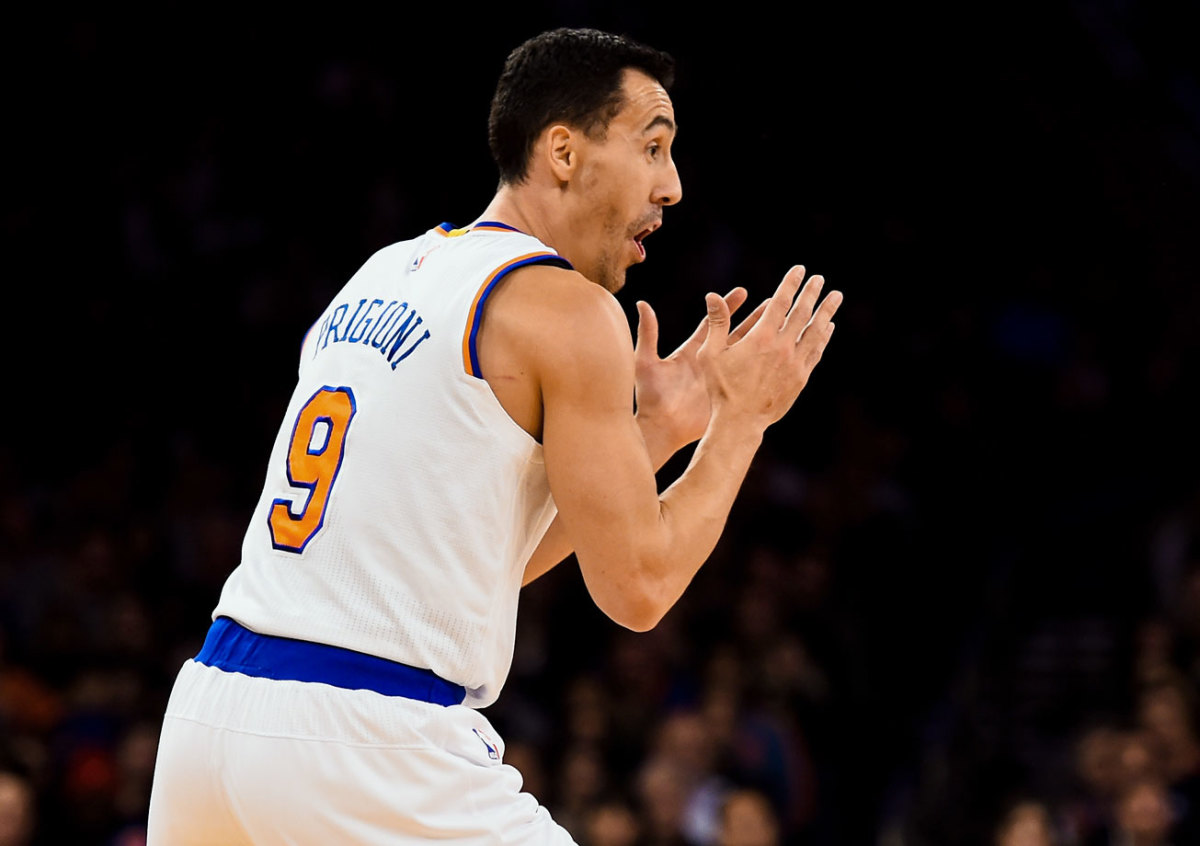
Dirk Nowitzki
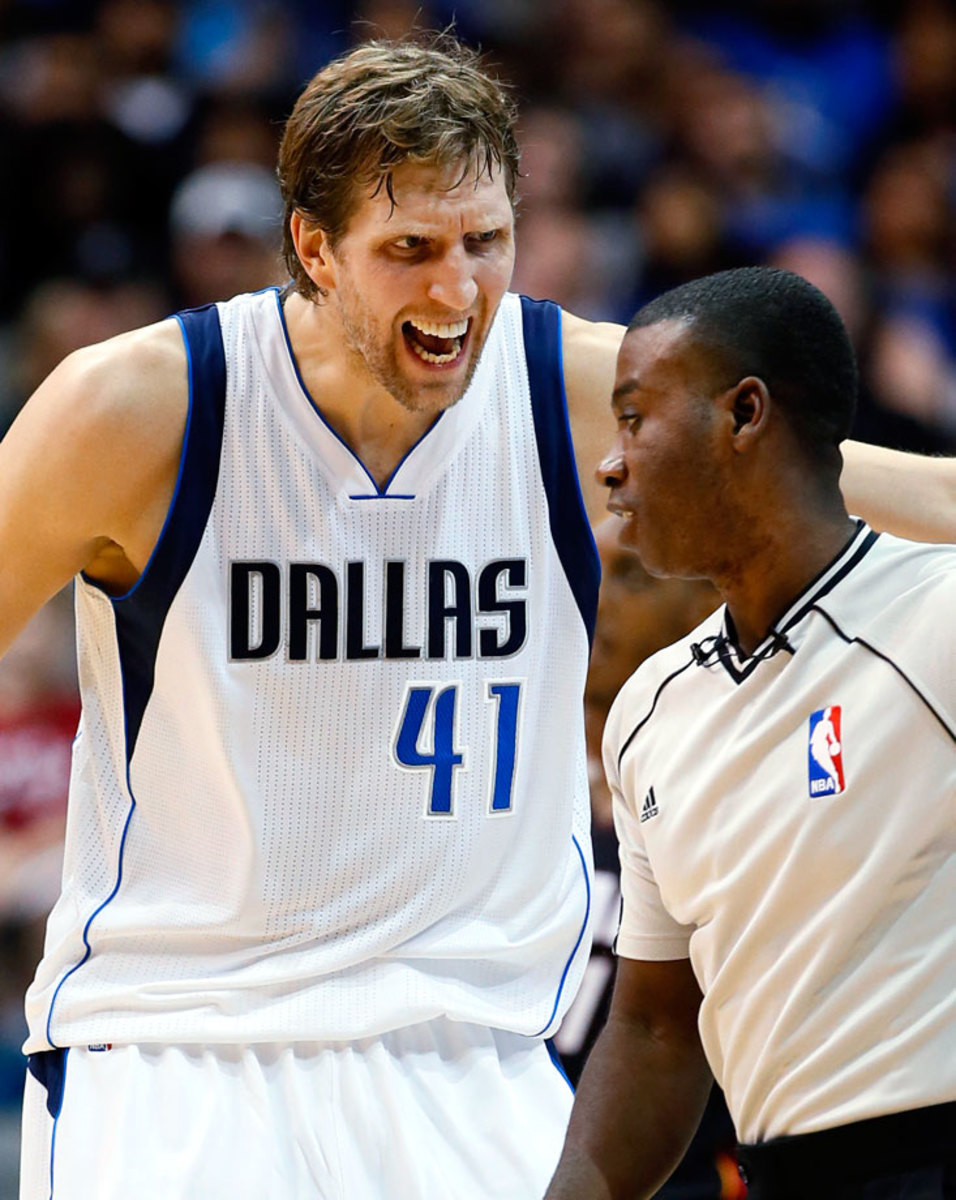
Dirk Nowitzki
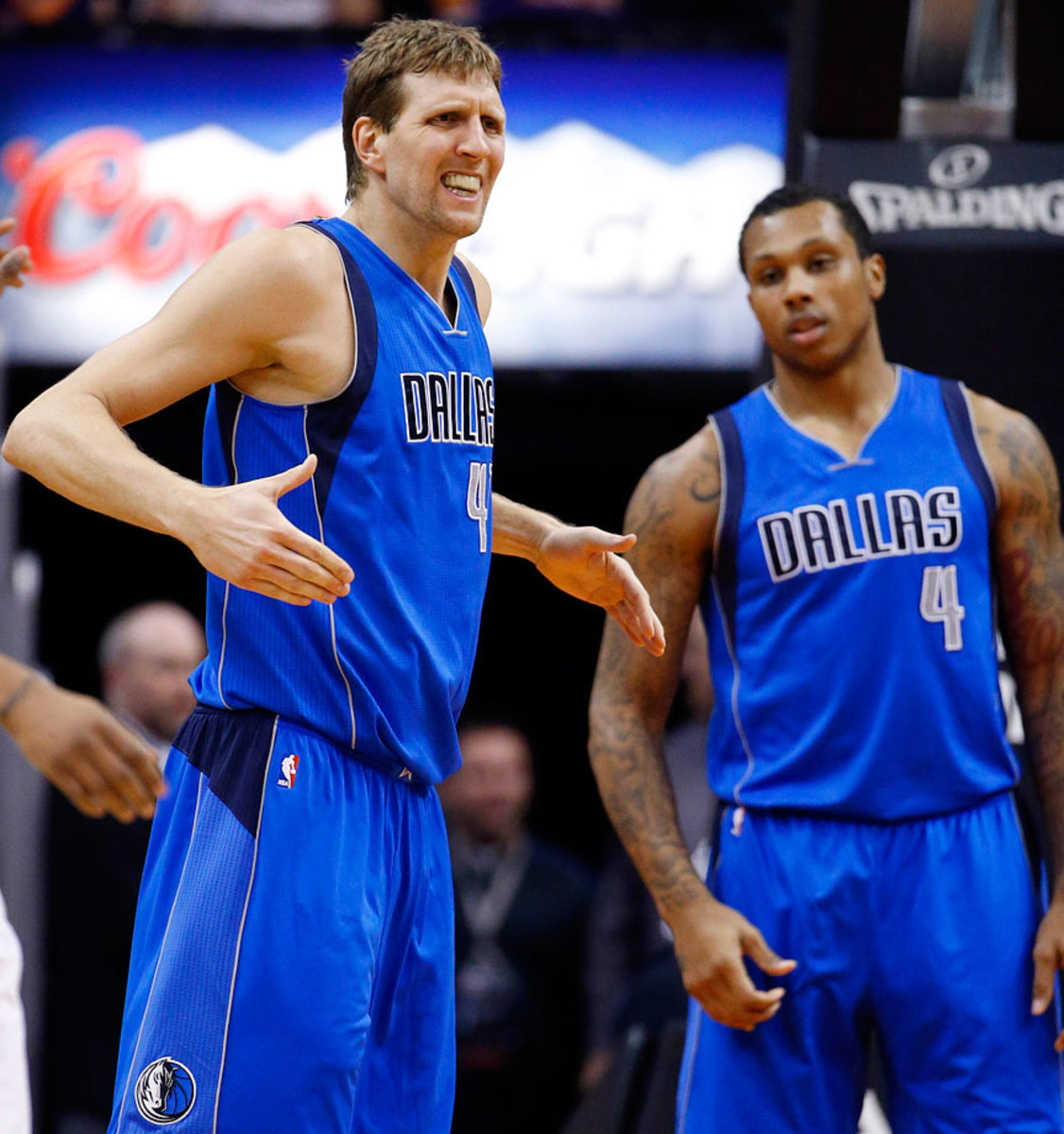
Russell Westbrook
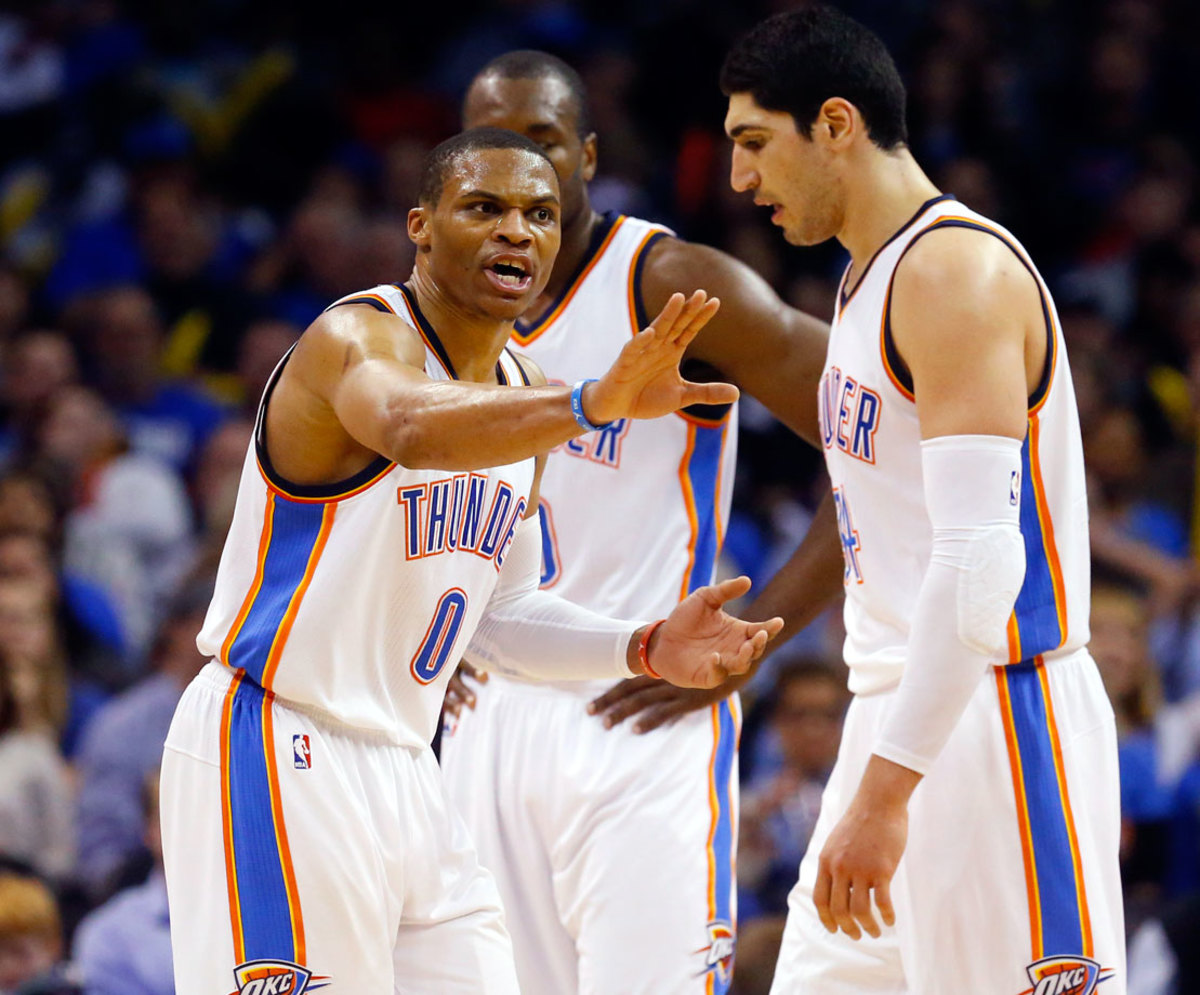
Russell Westbrook
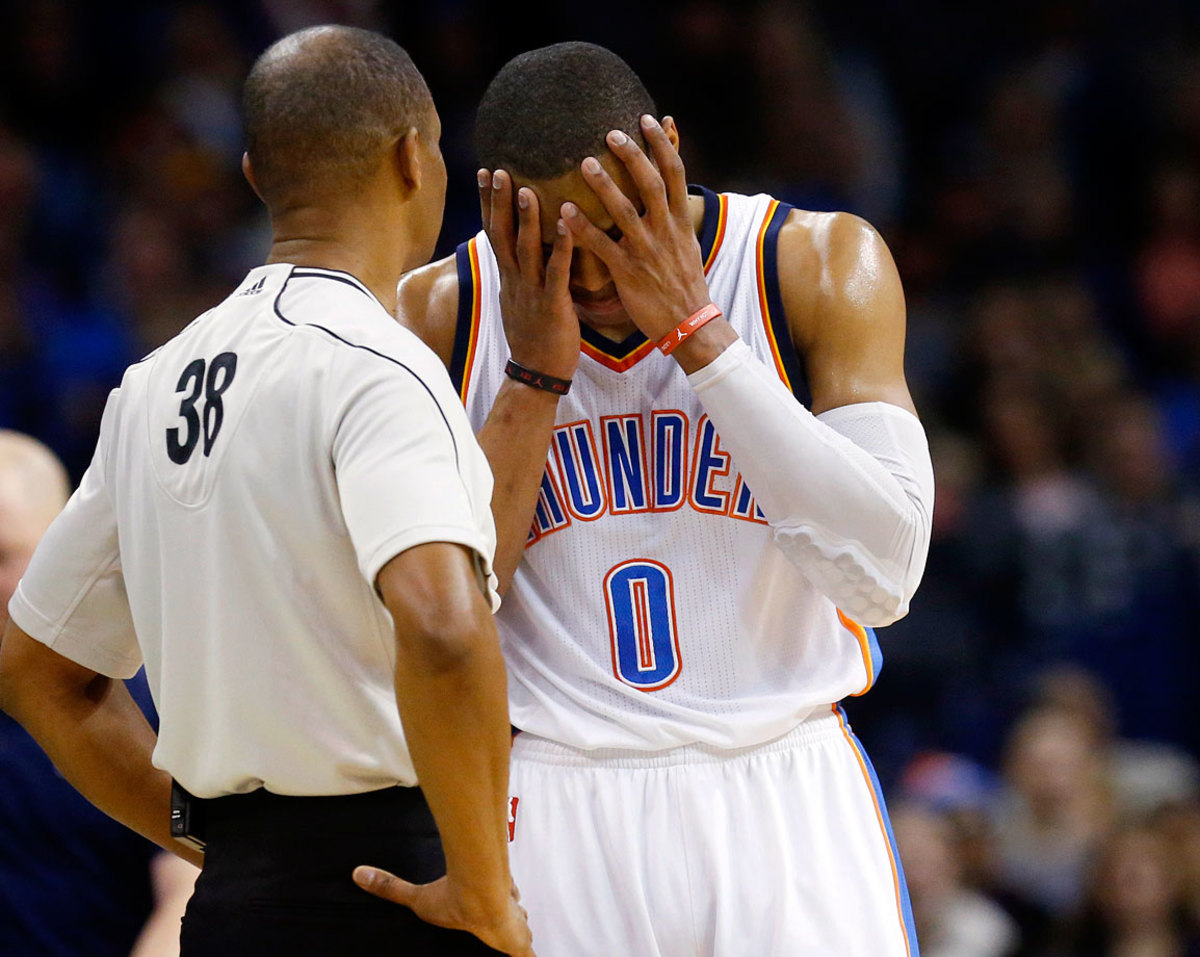
Carlos Boozer
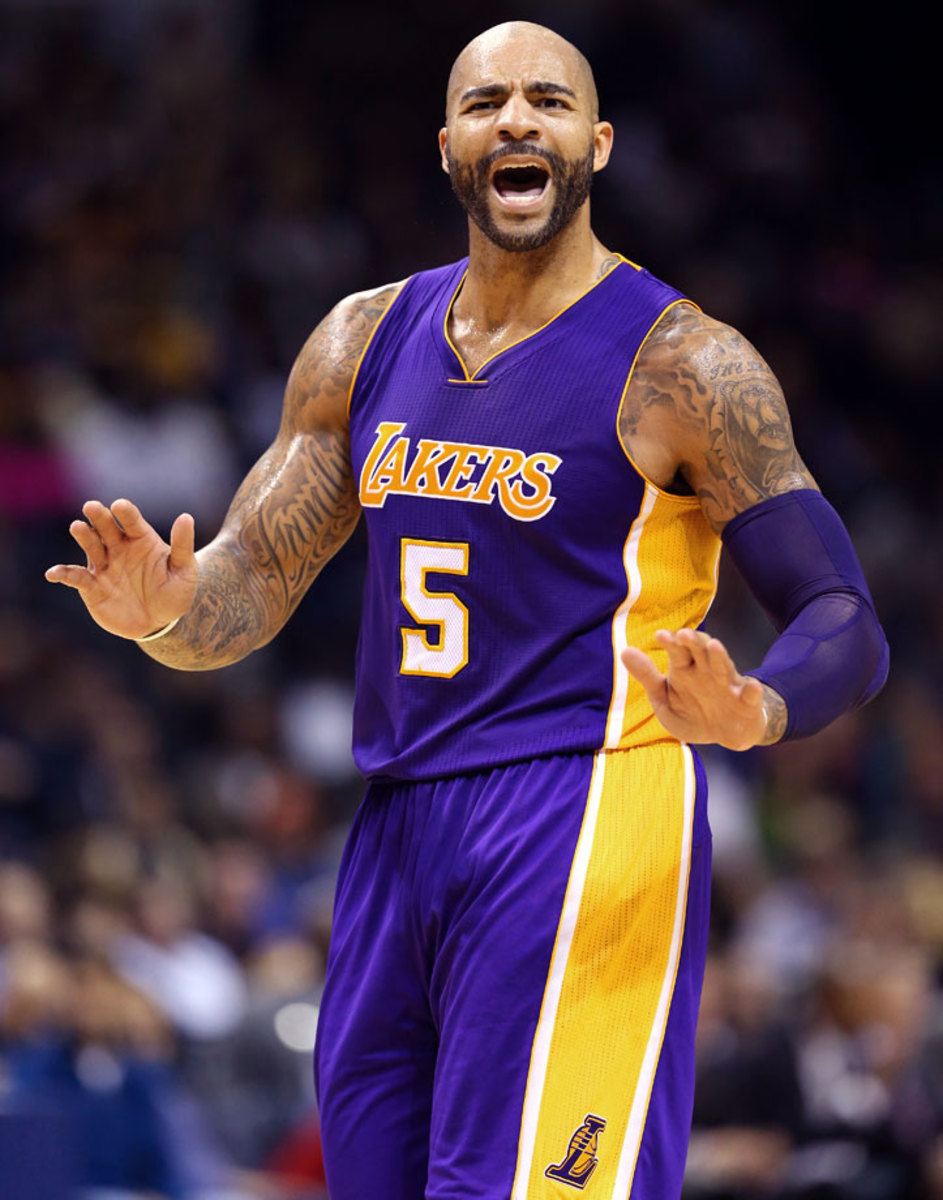
Carlos Boozer
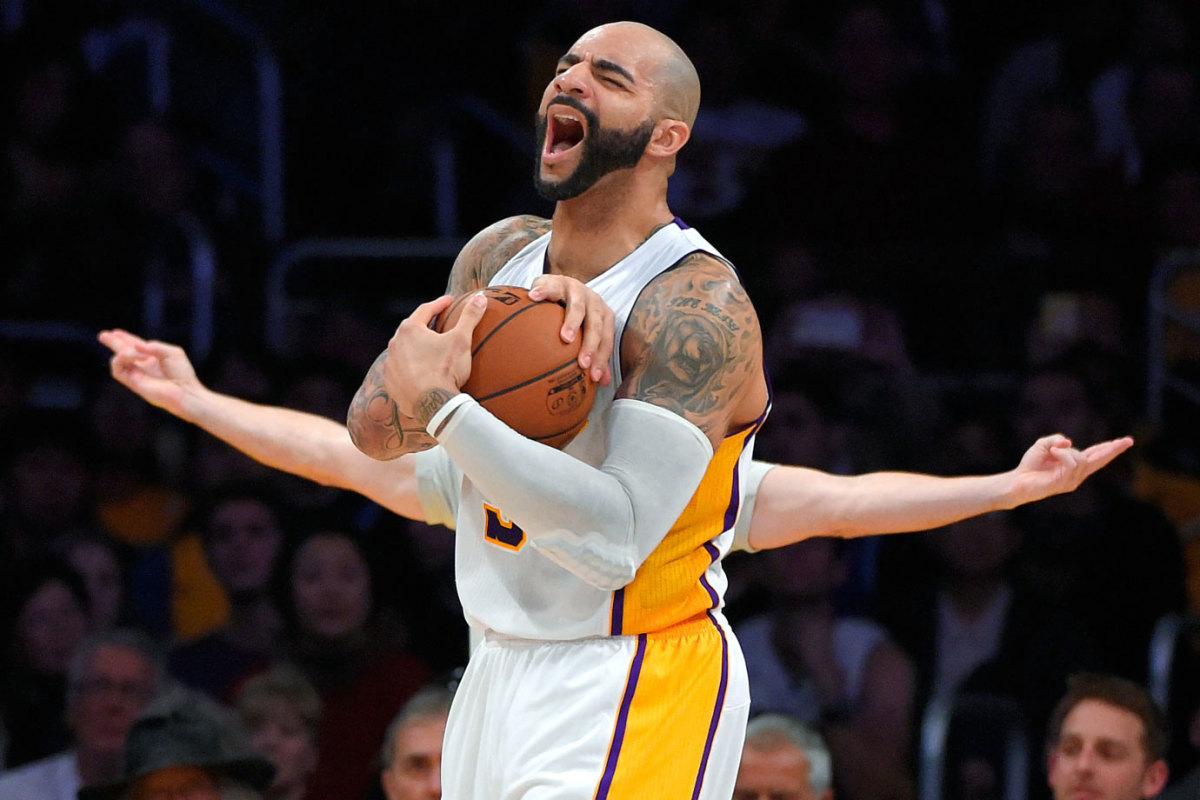
P.J. Tucker
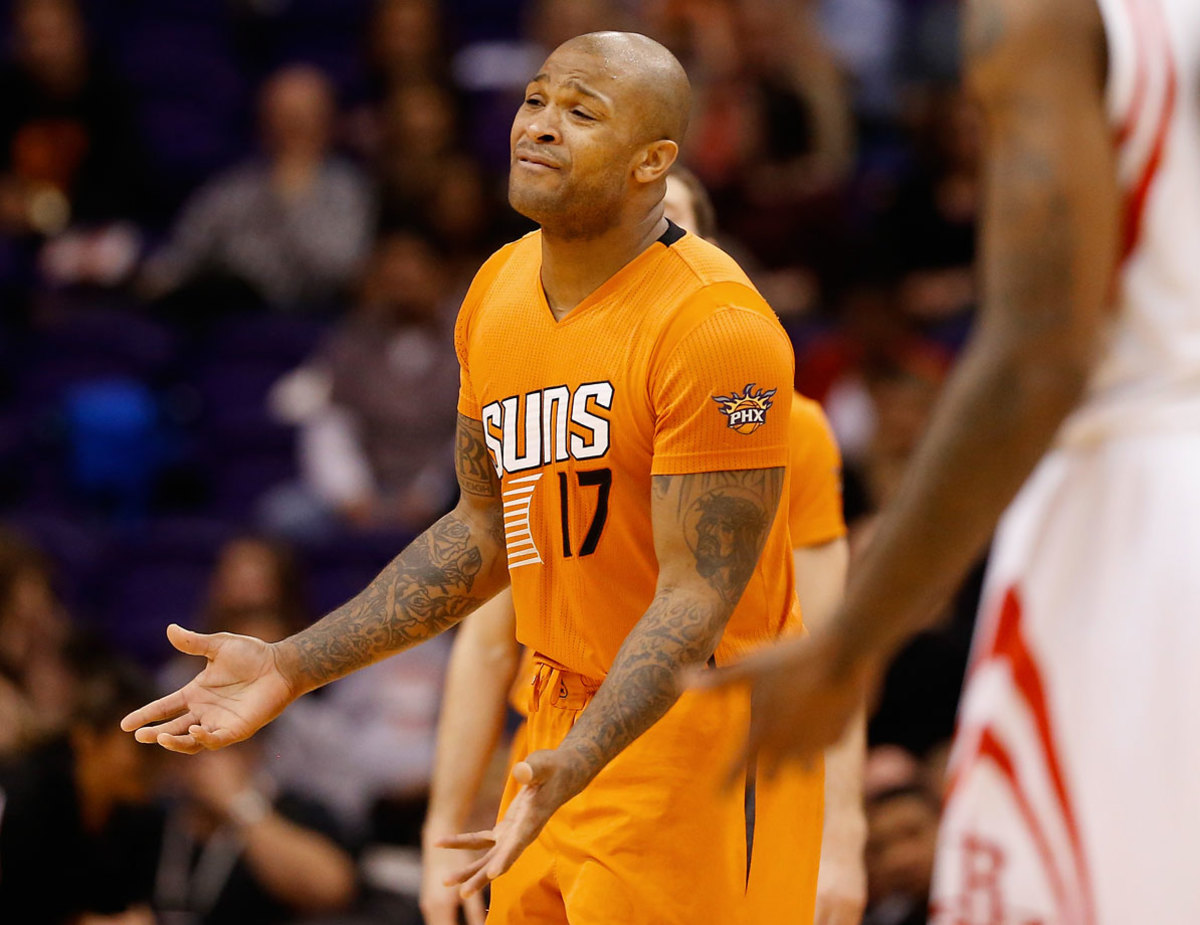
P.J. Tucker
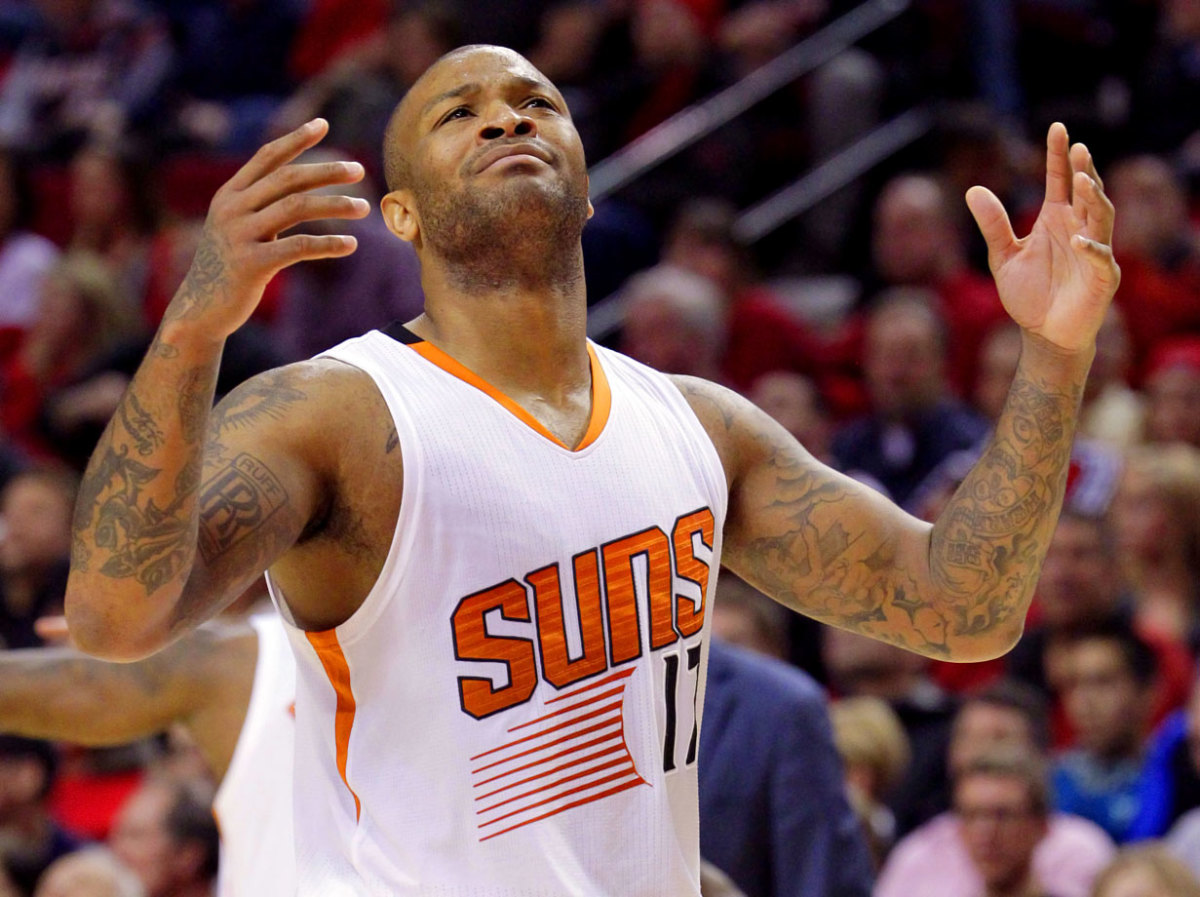
Kobe Bryant
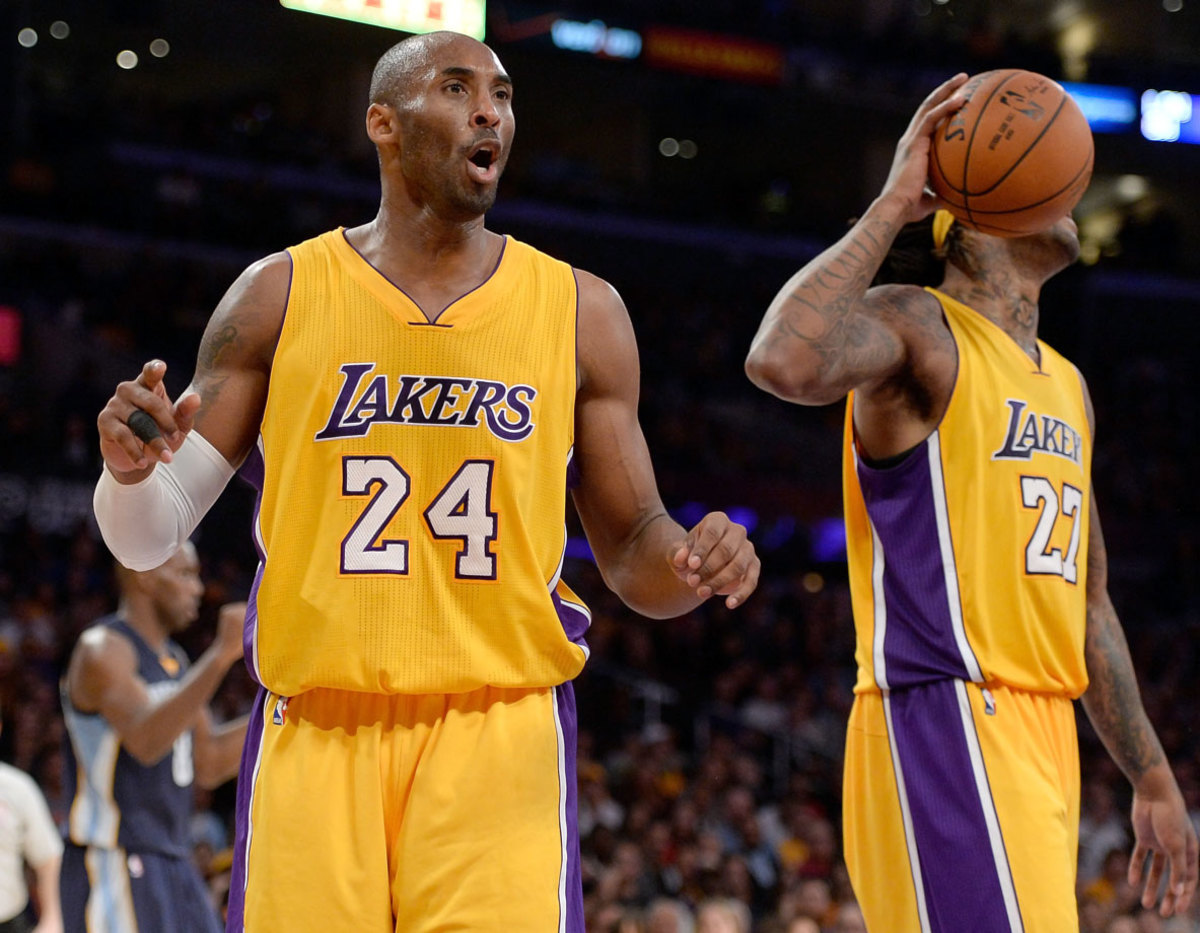
Kobe Bryant
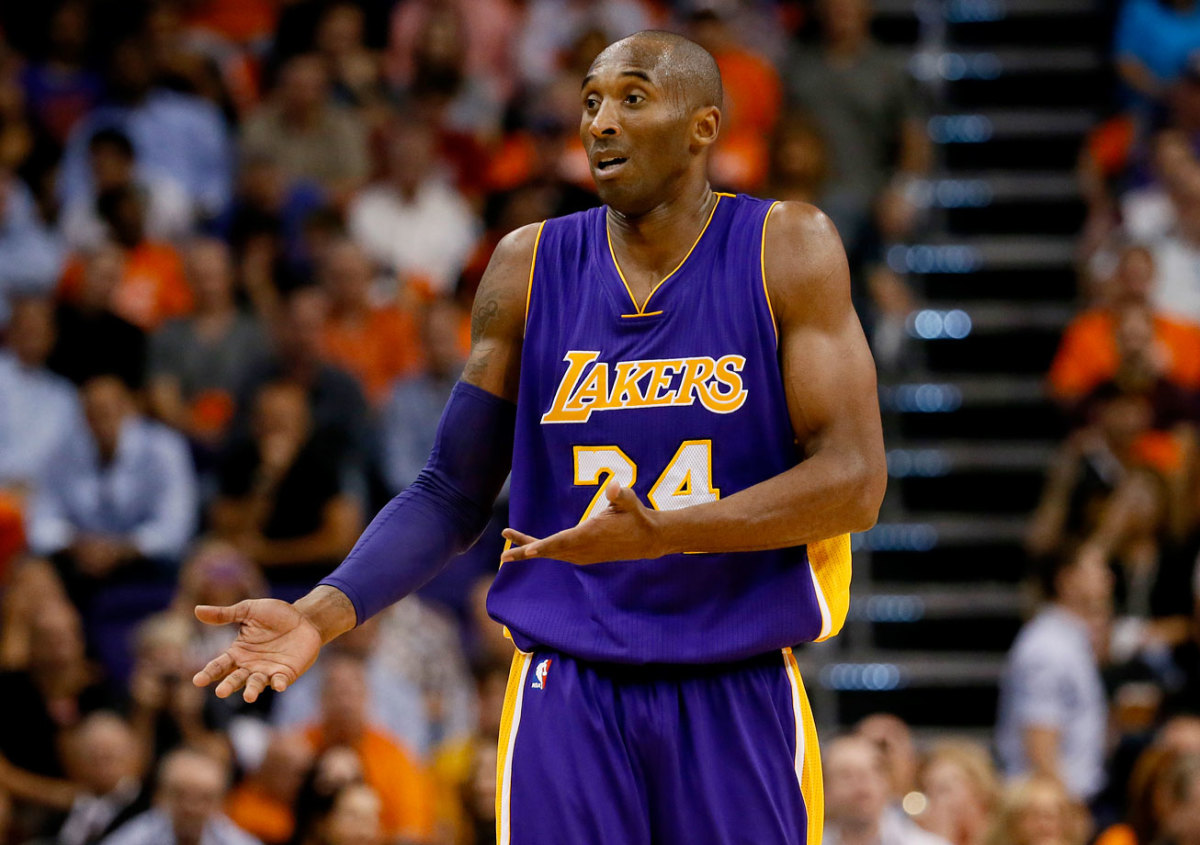
Dwyane Wade
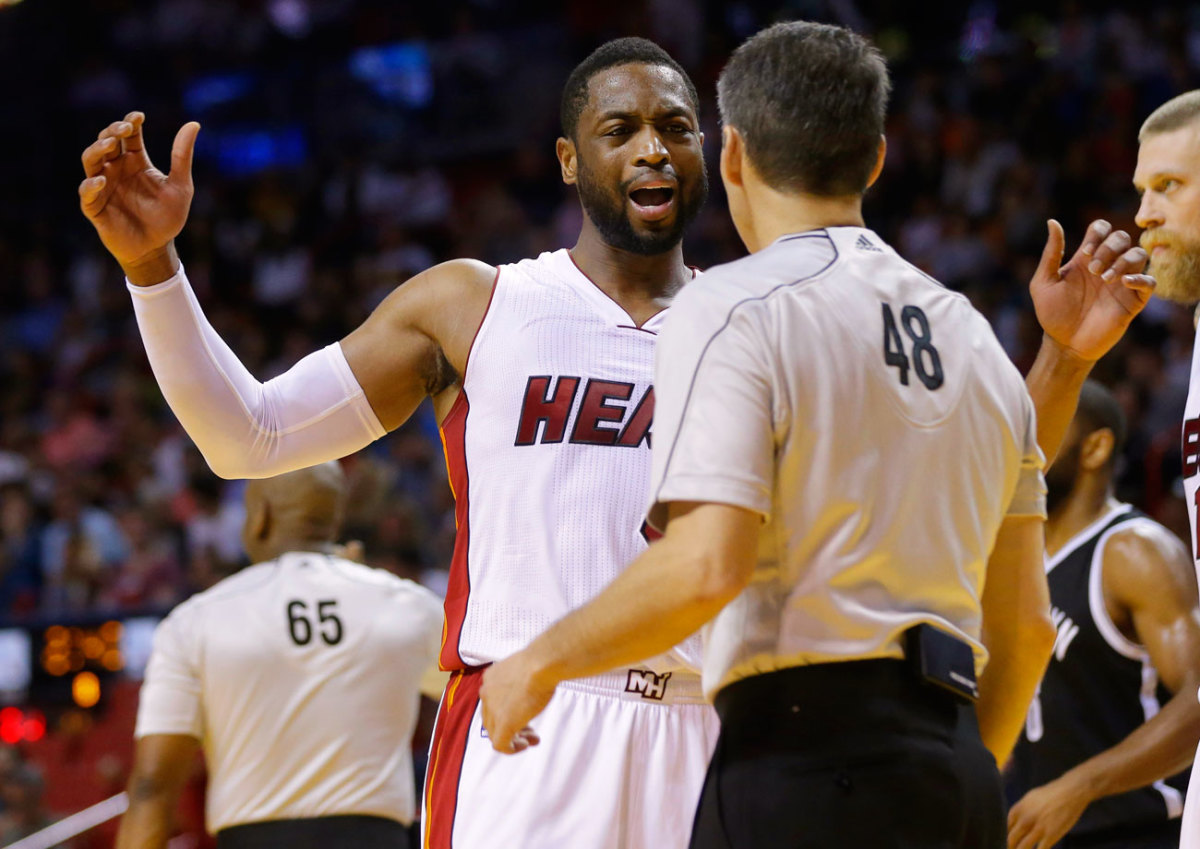
Dwyane Wade
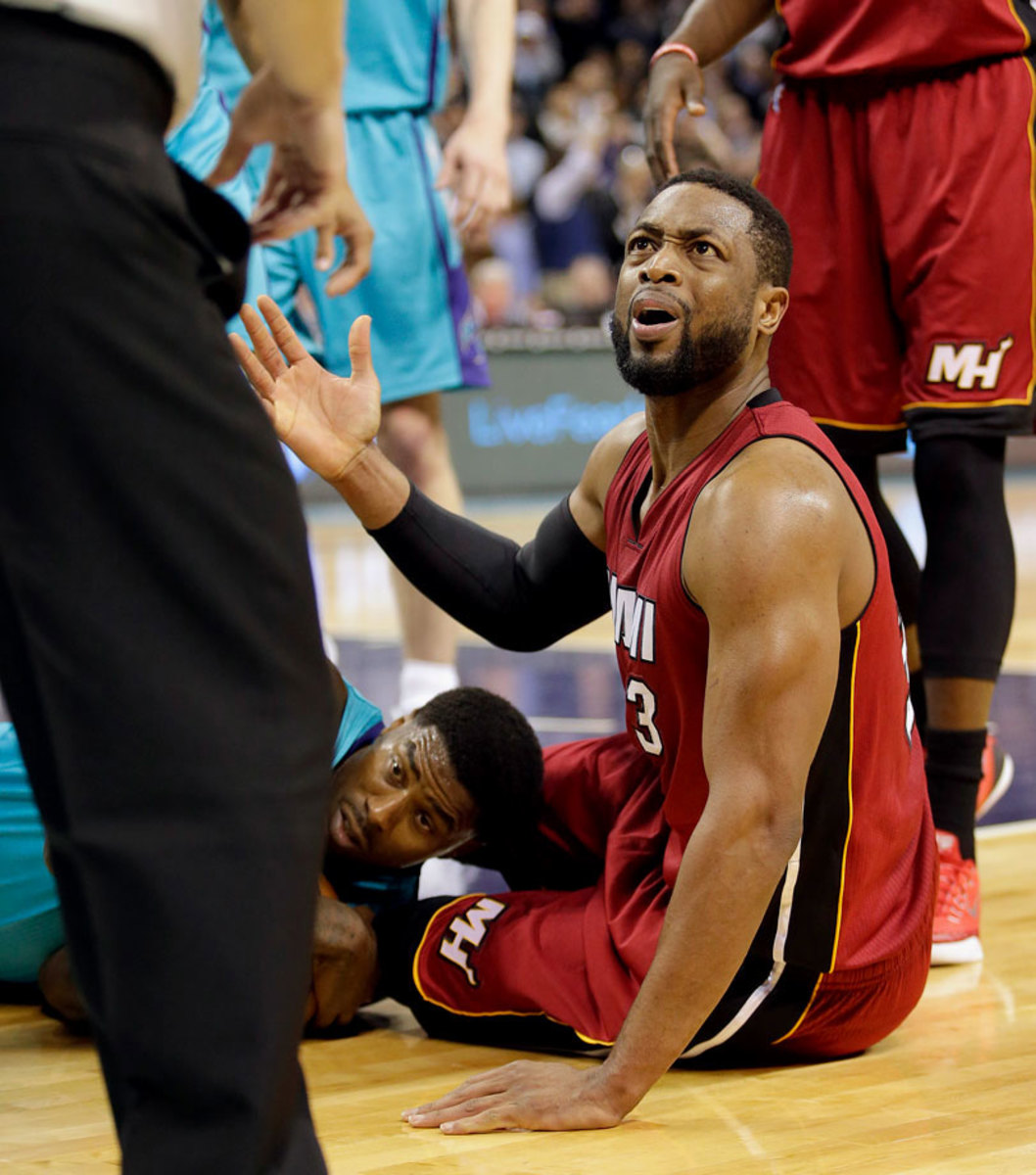
Anderson Varejao
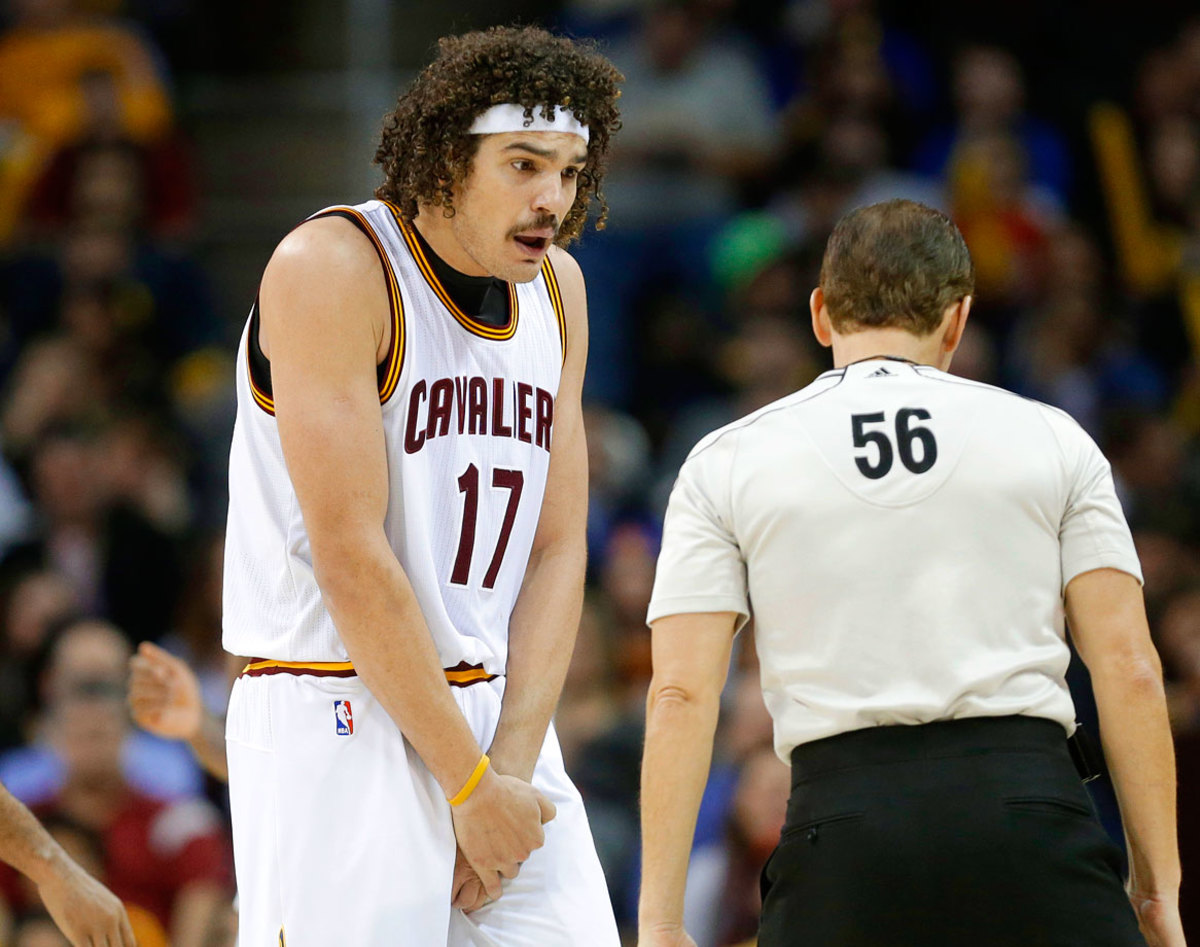
Anderson Varejao
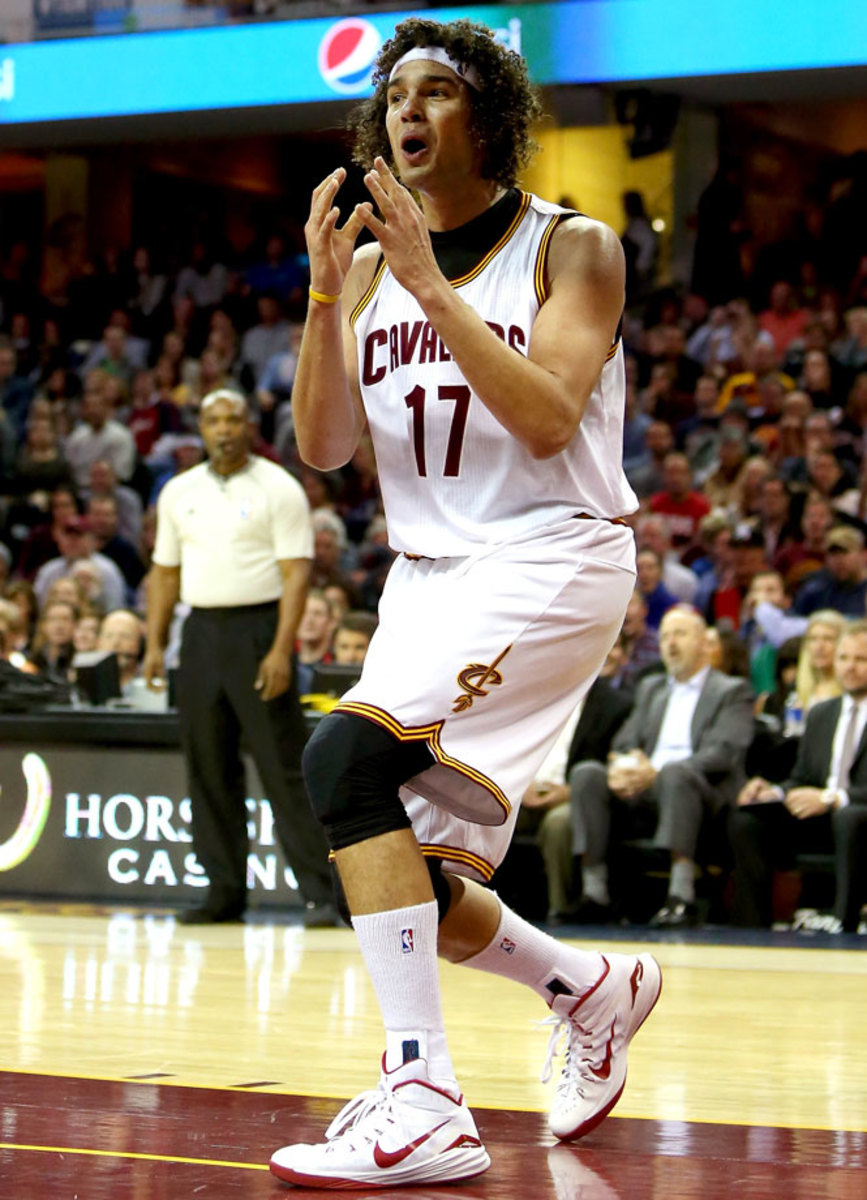
Draymond Green
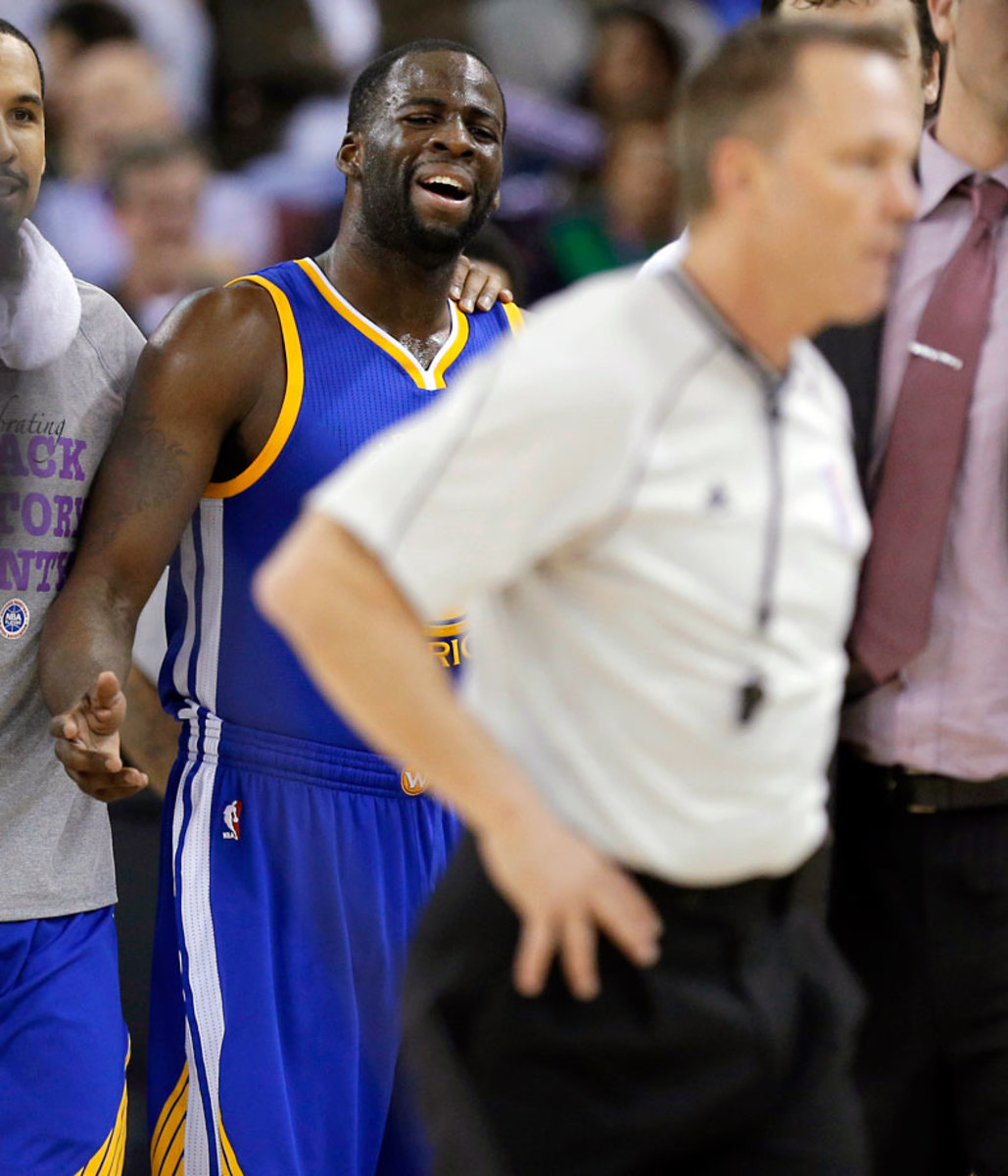
Draymond Green
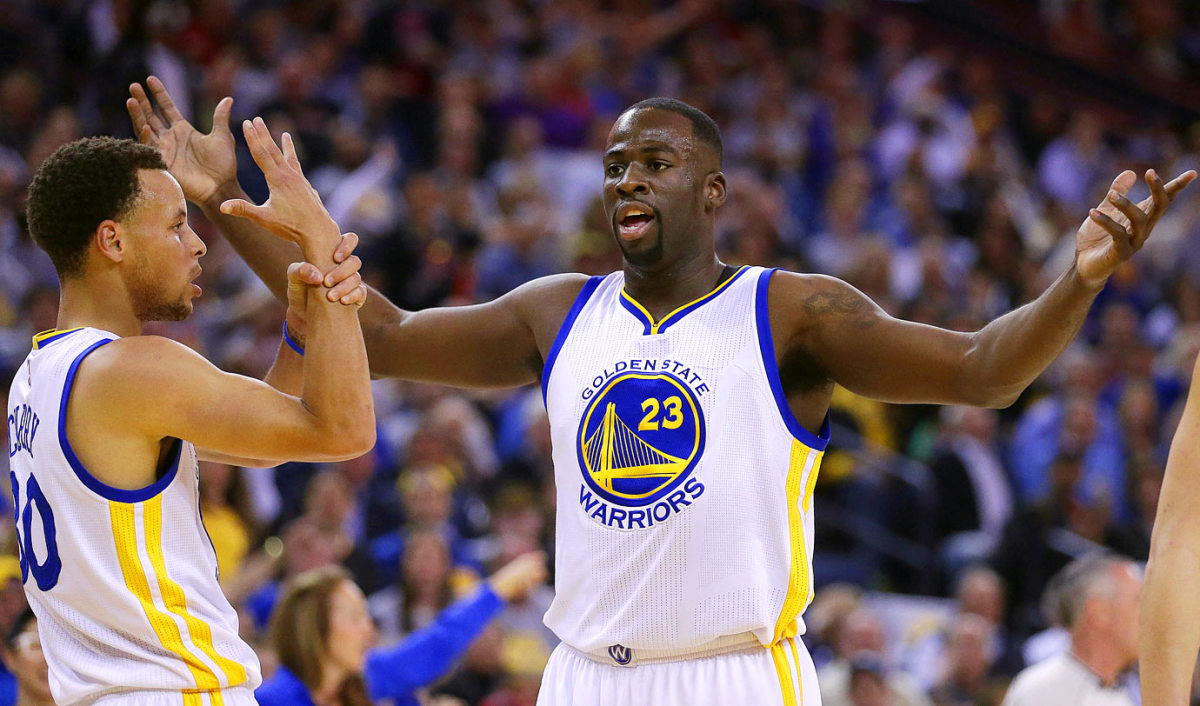
J.R. Smith
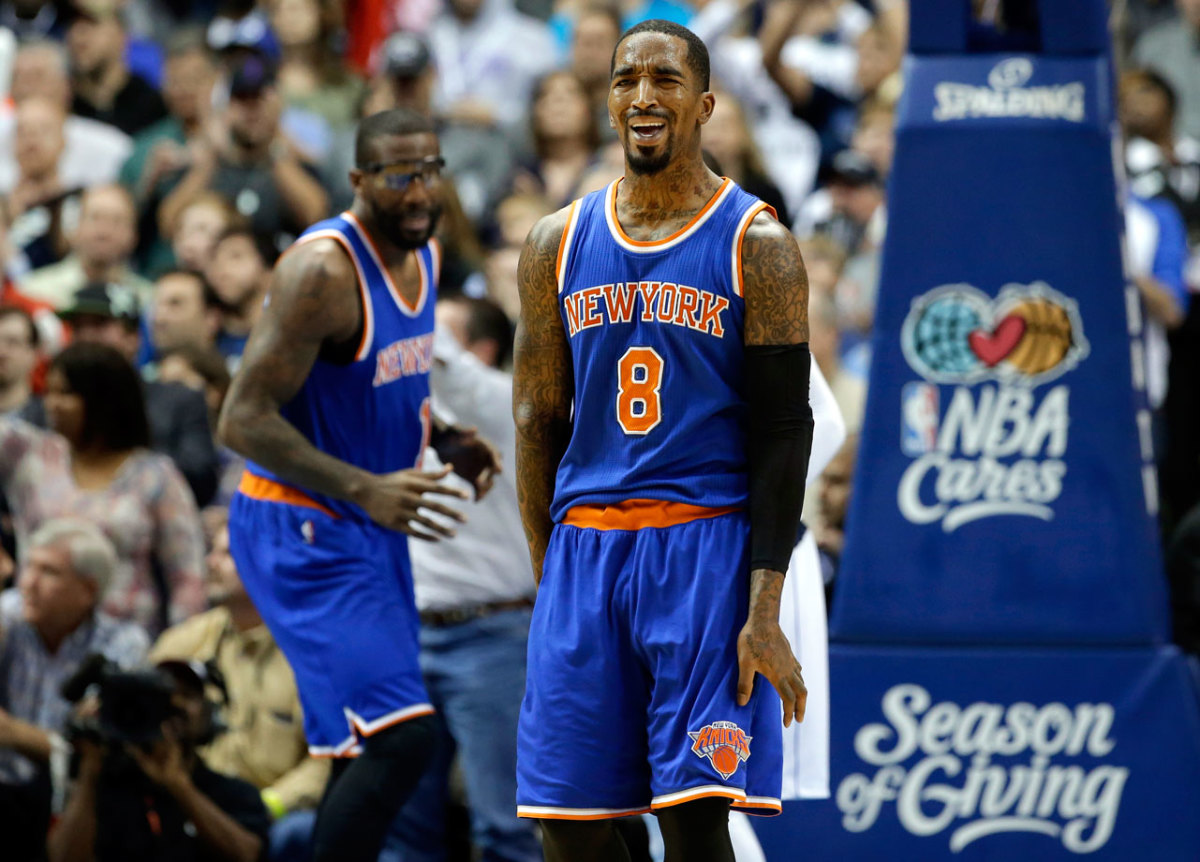
J.R. Smith
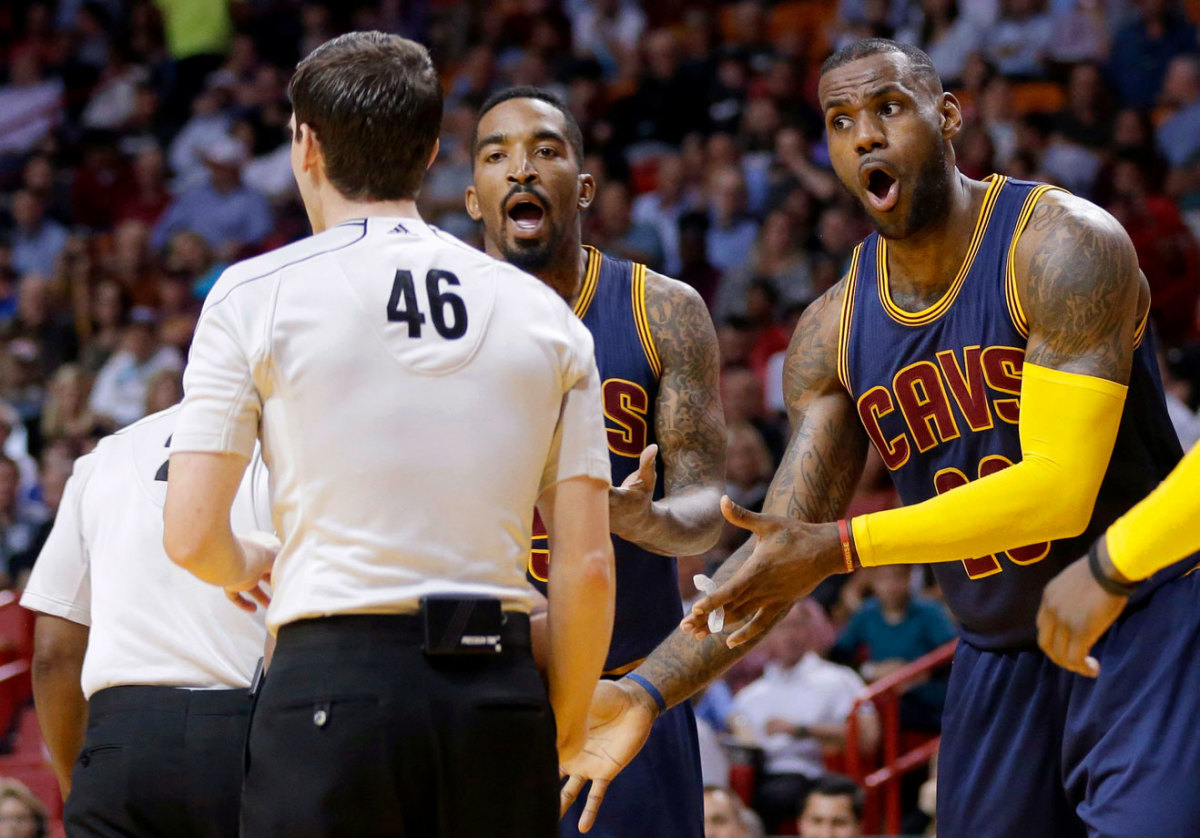
Tim Duncan
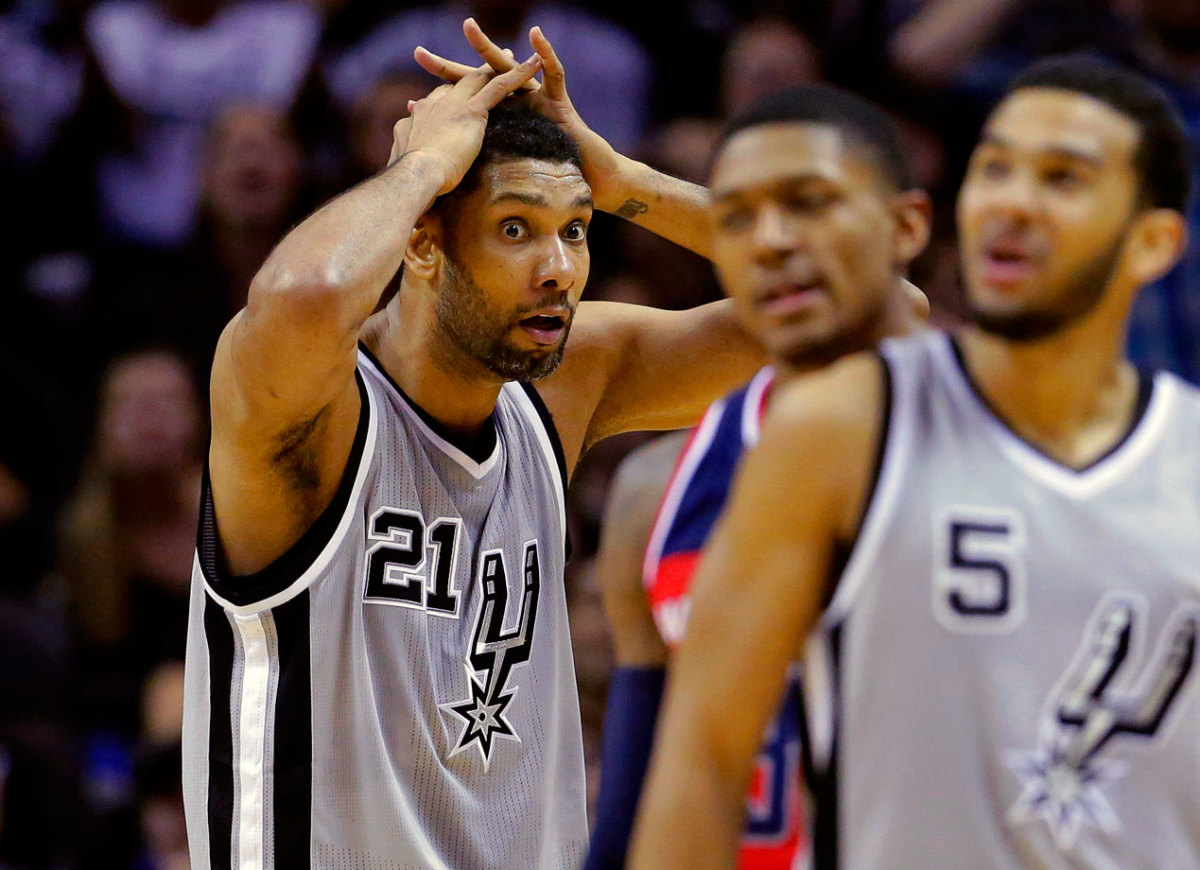
Tony Parker
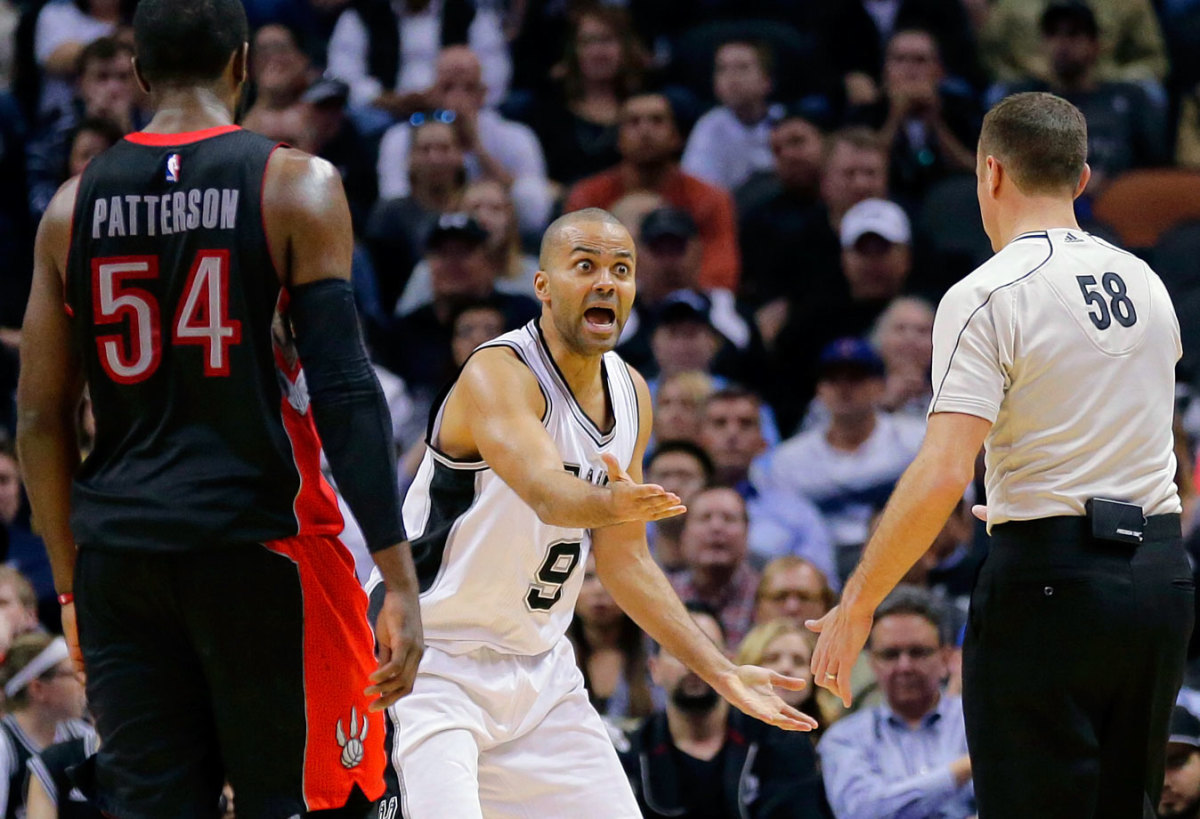
Manu Ginobili
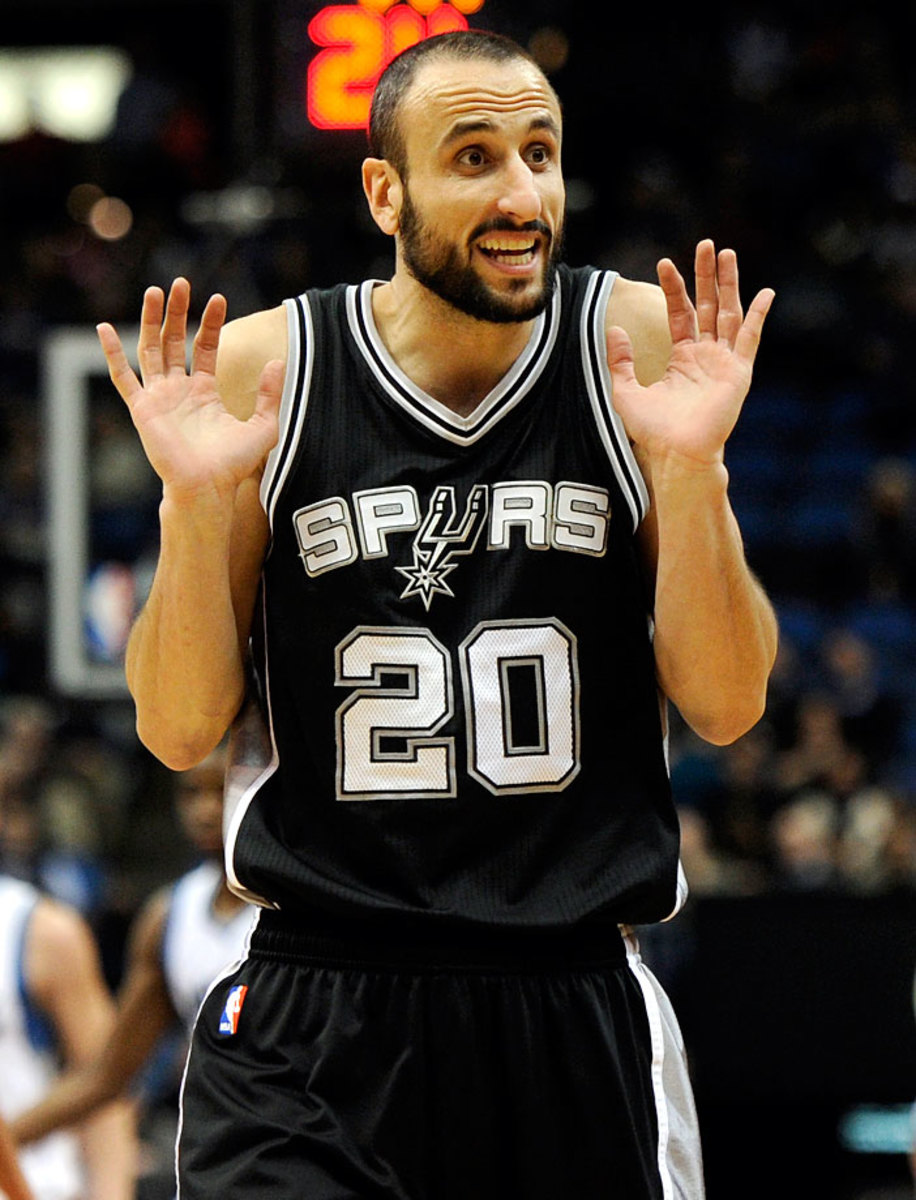
Reggie Evans
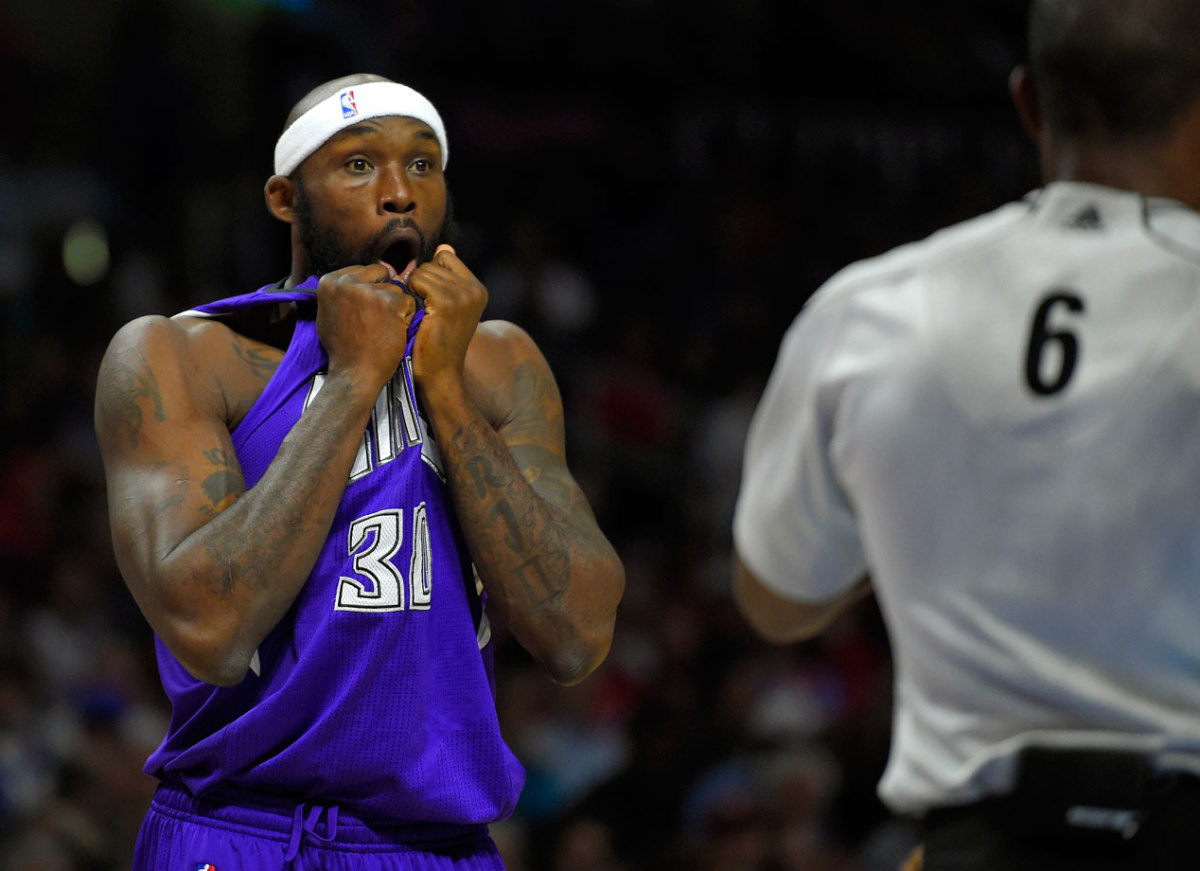
Carmelo Anthony
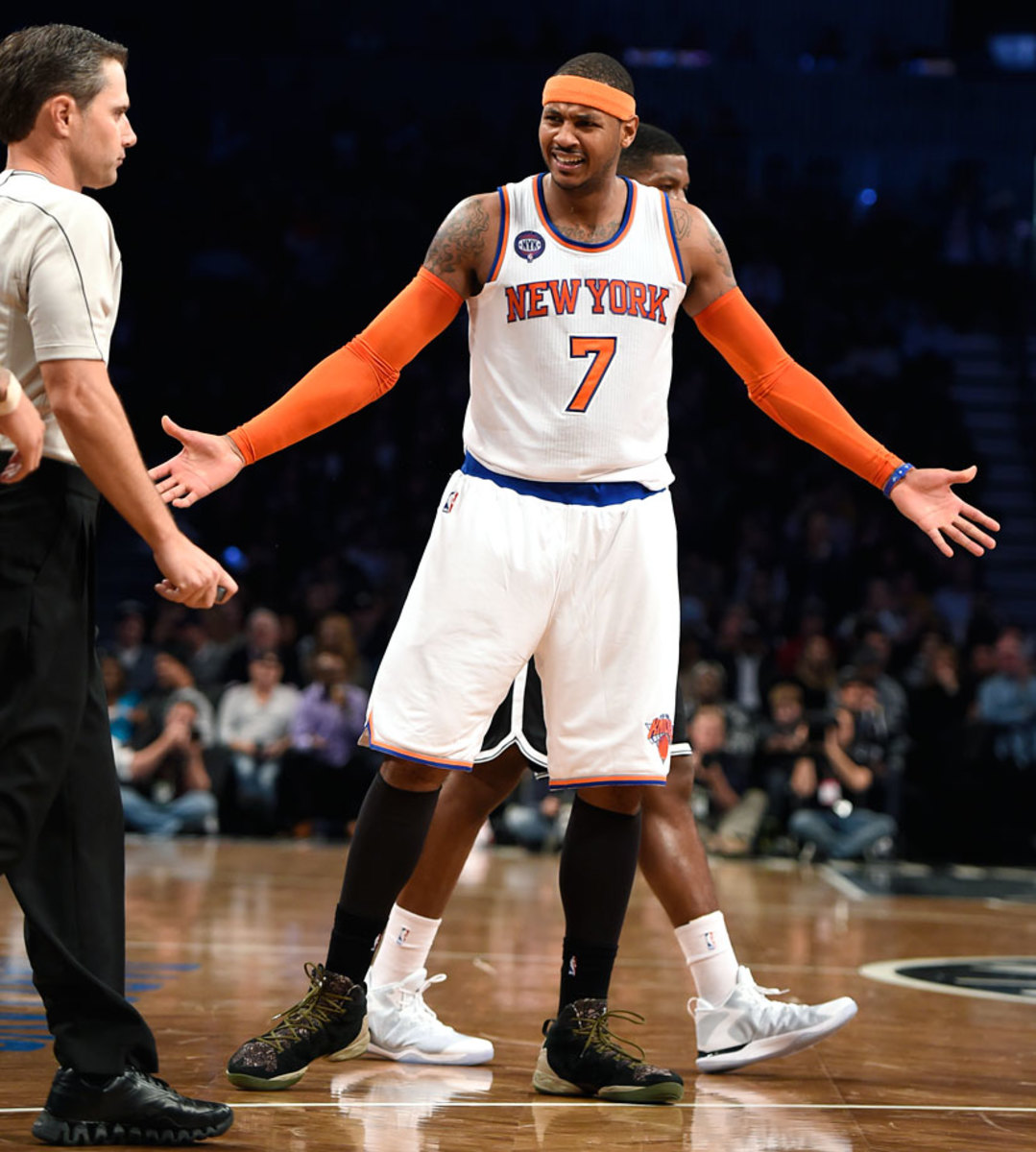
Chandler Parsons
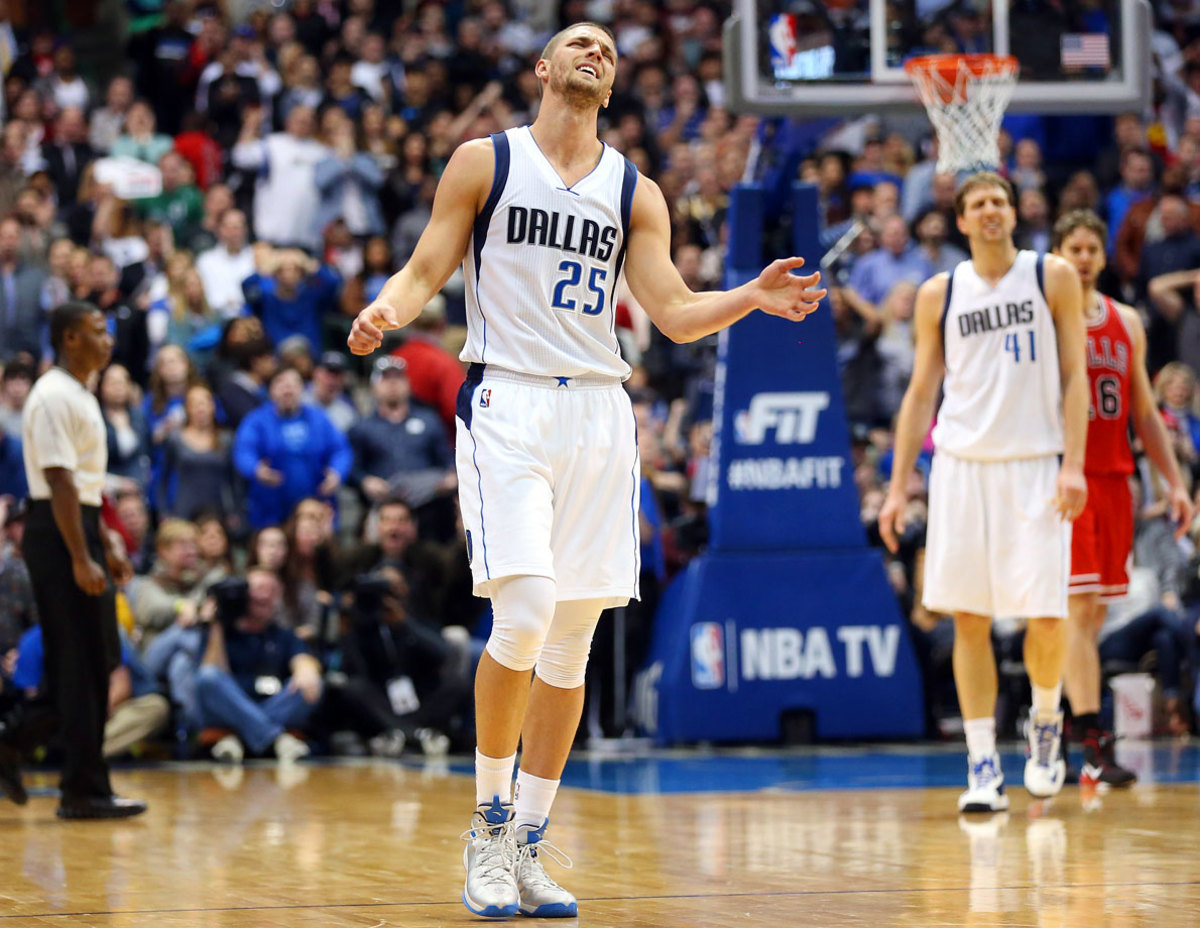
Enes Kanter
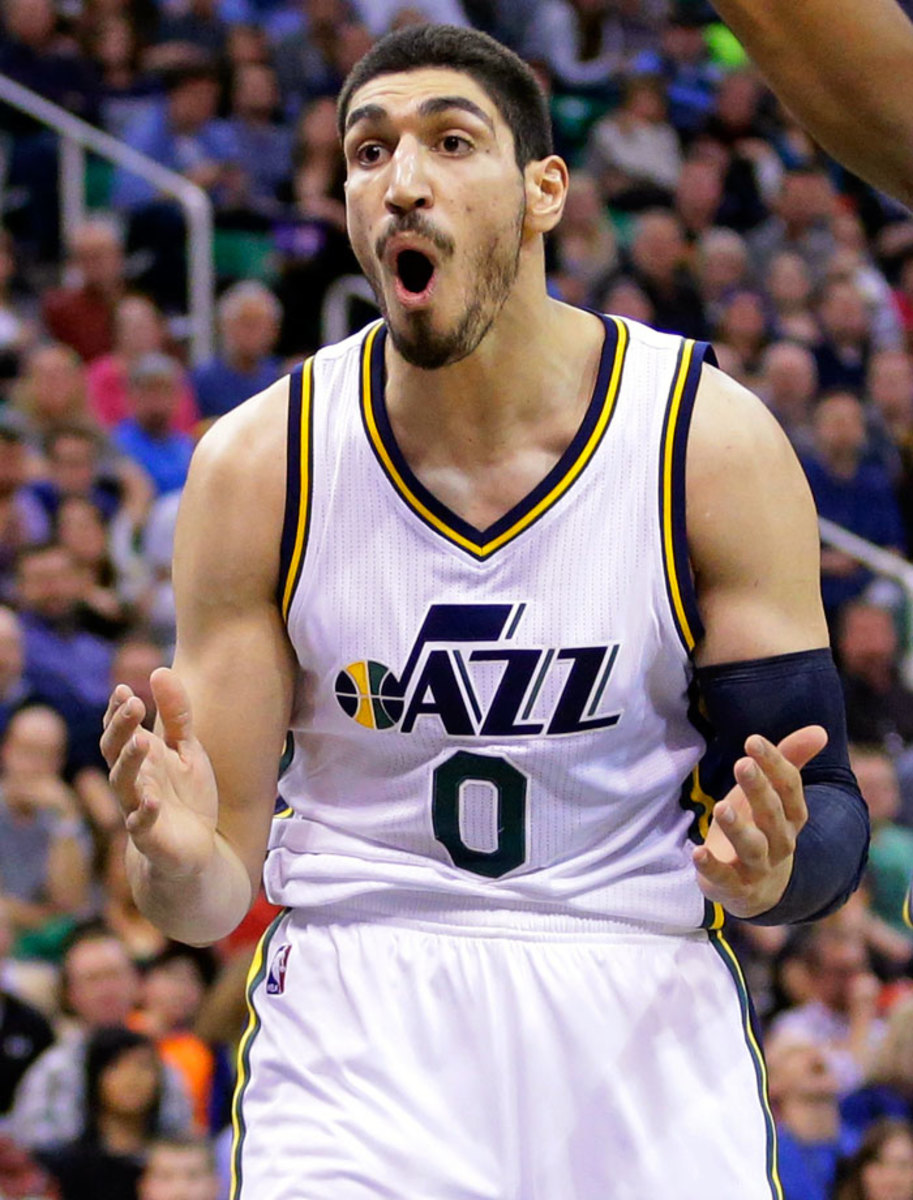
Kevin Durant
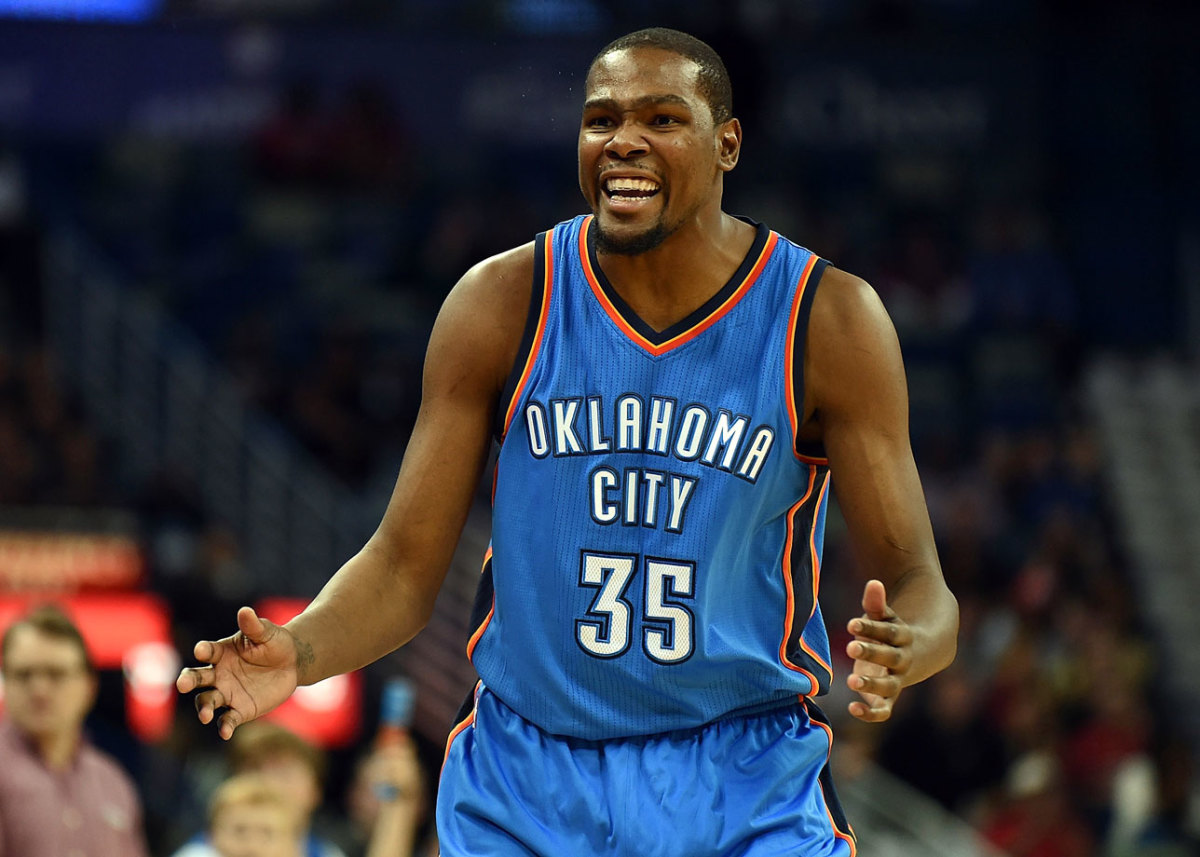
Kevin Garnett
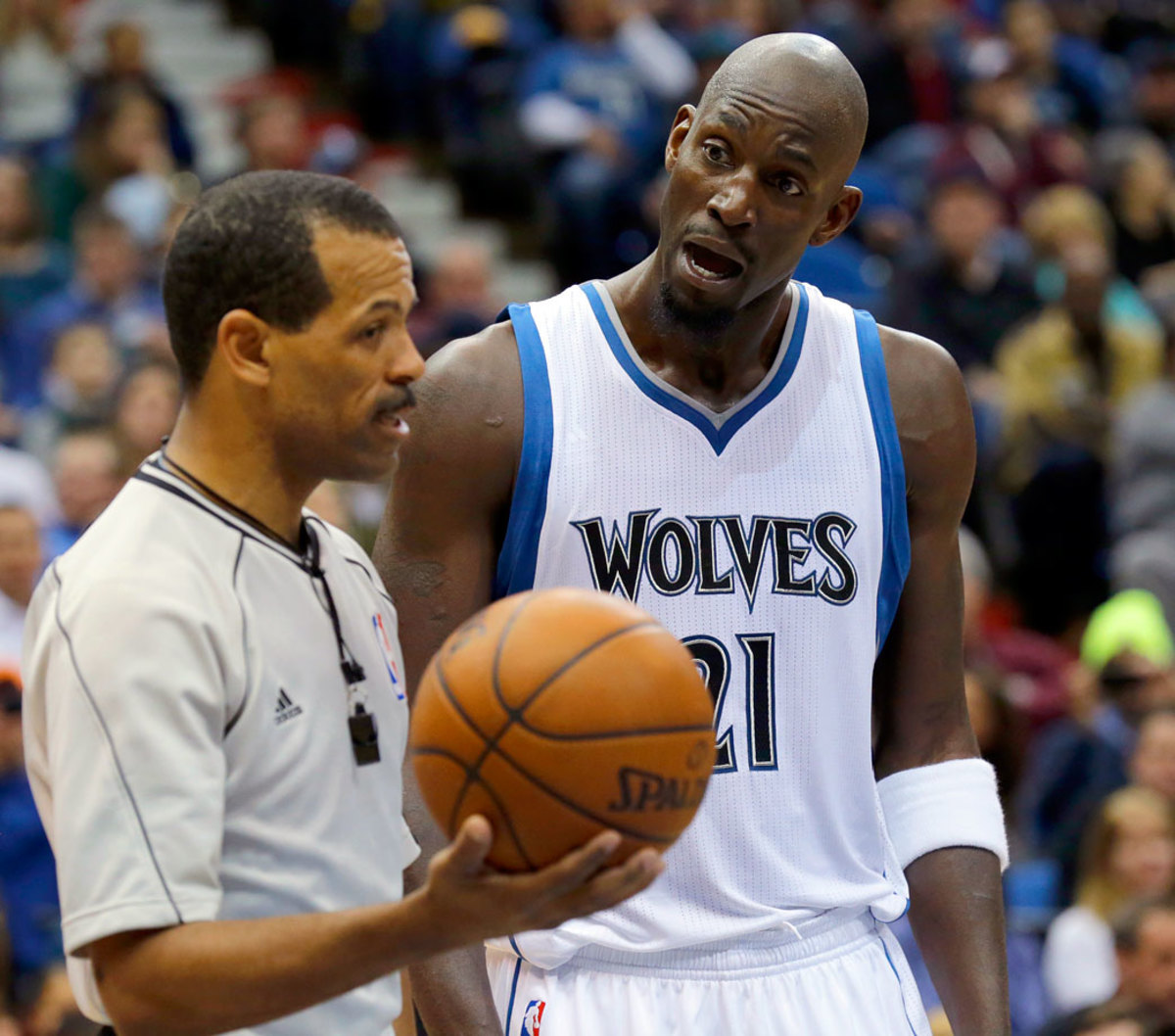
C.J. Miles
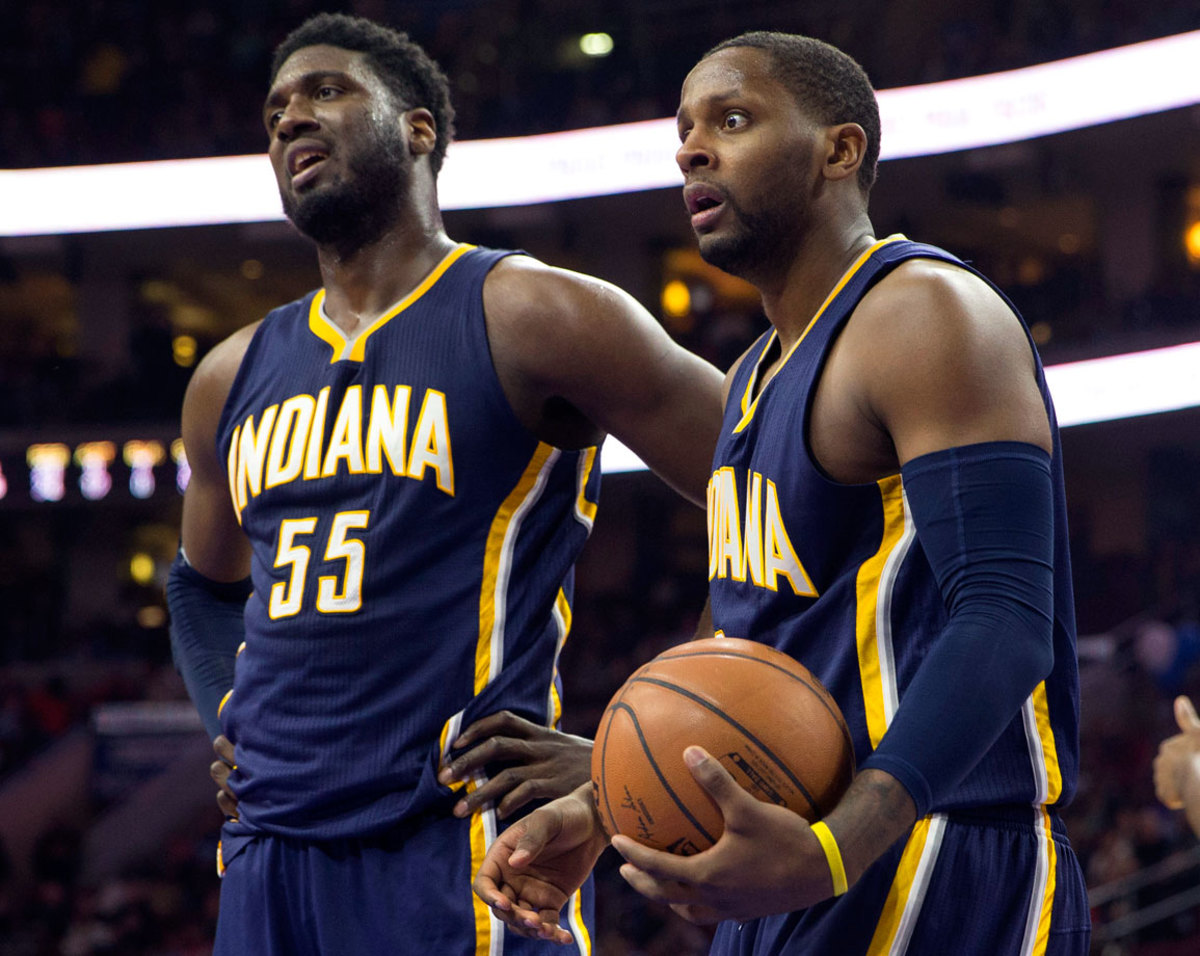
Danilo Gallinari
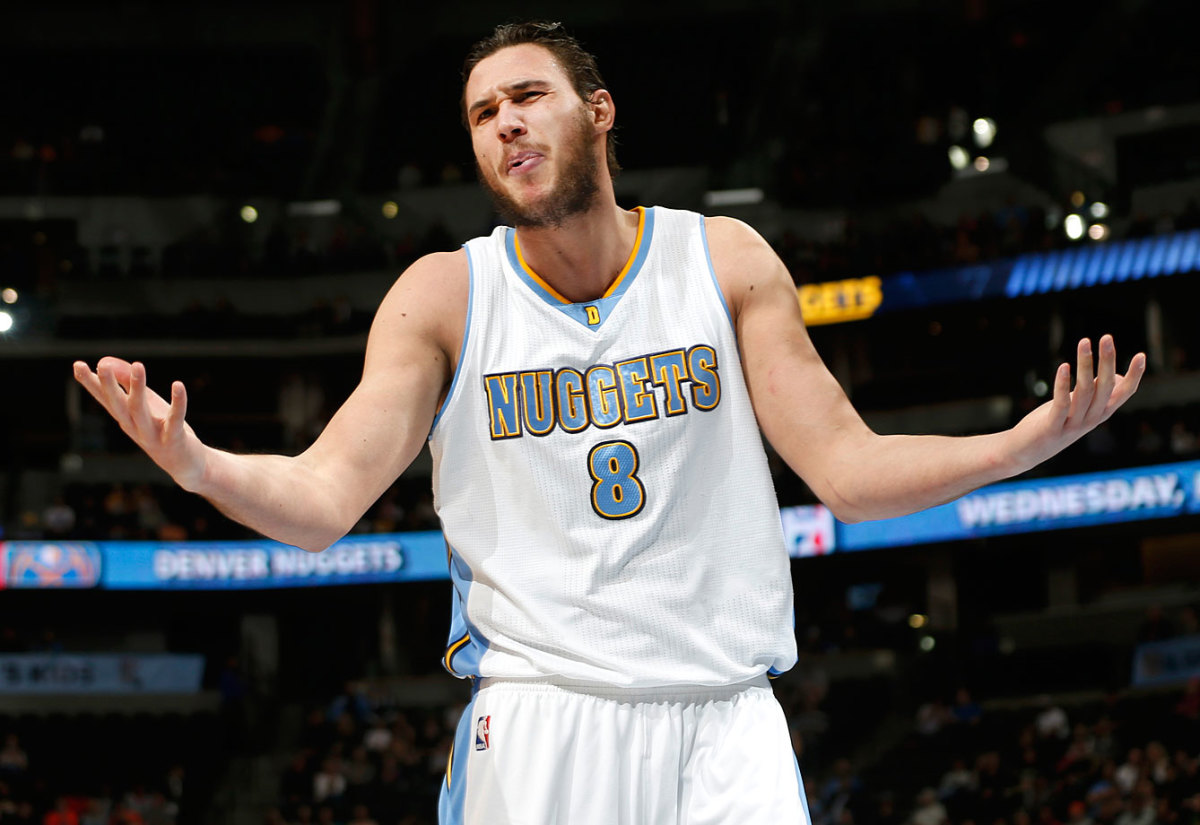
Jason Thompson
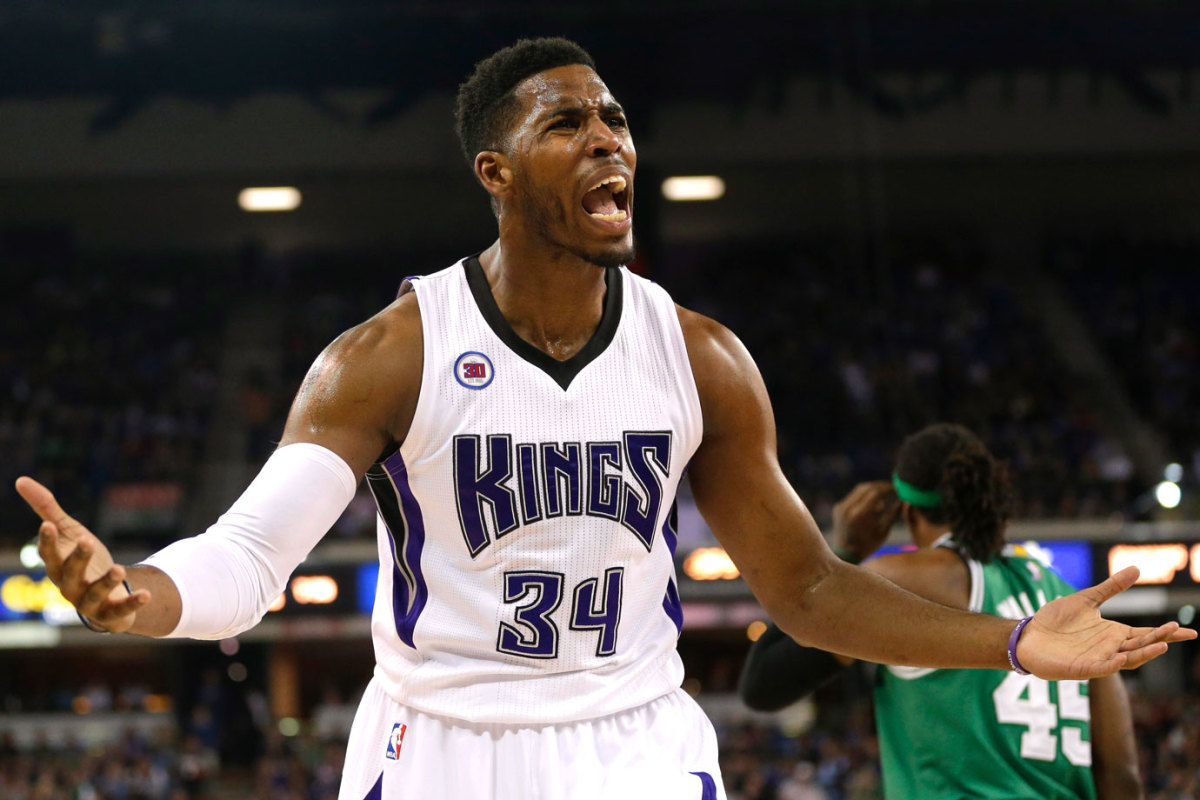
James Michael McAdoo
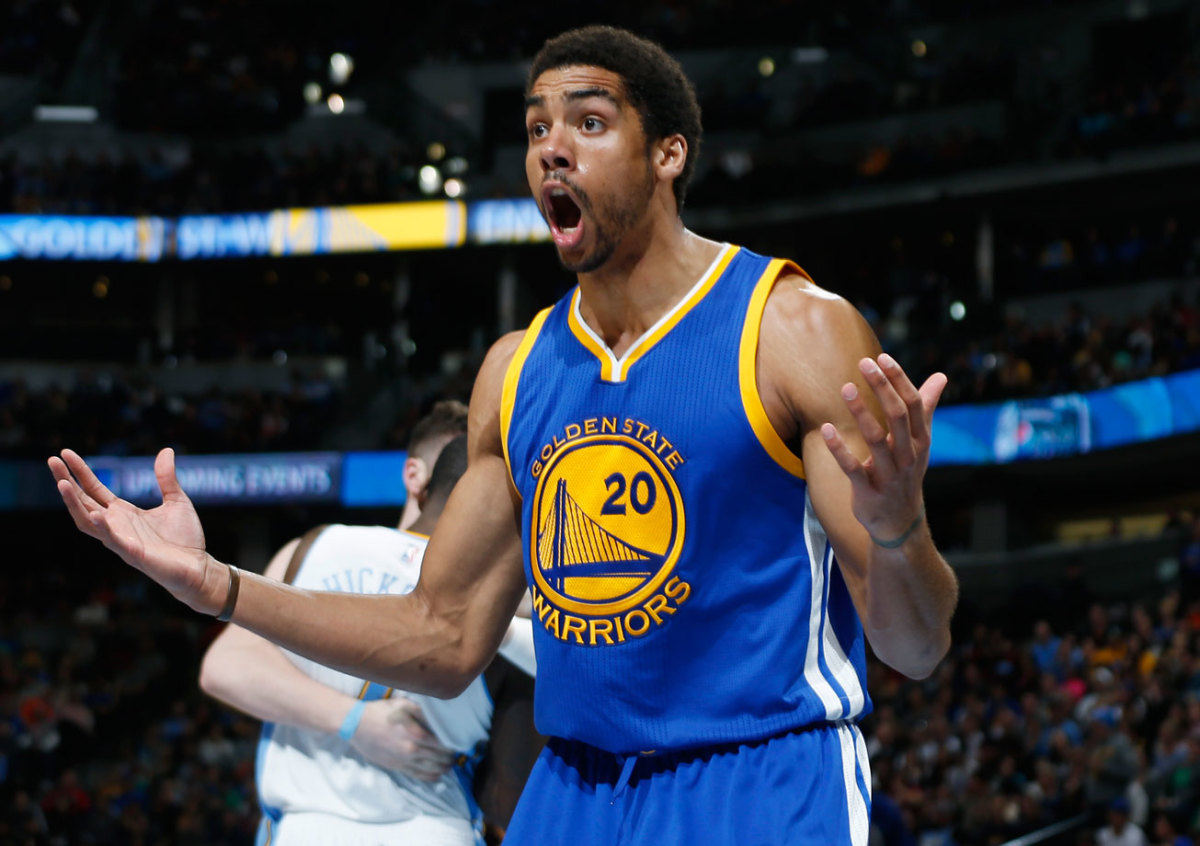
Rudy Gay
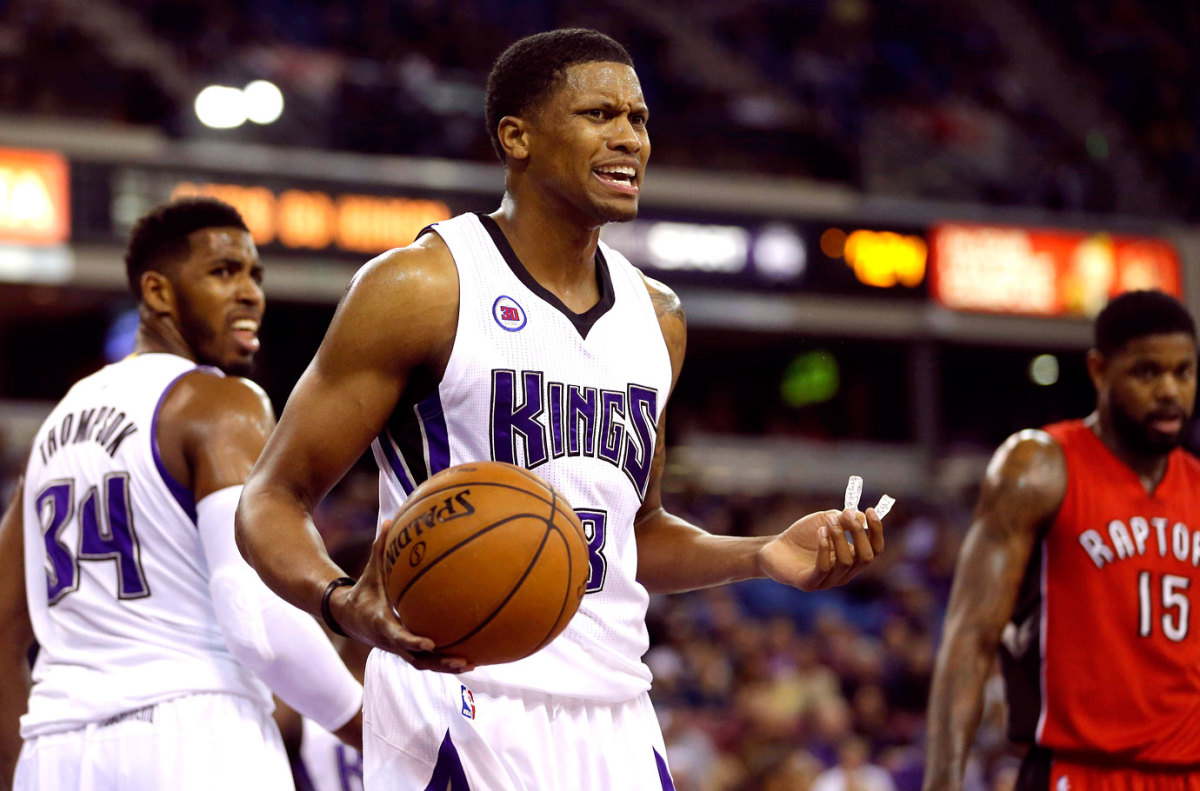
David West
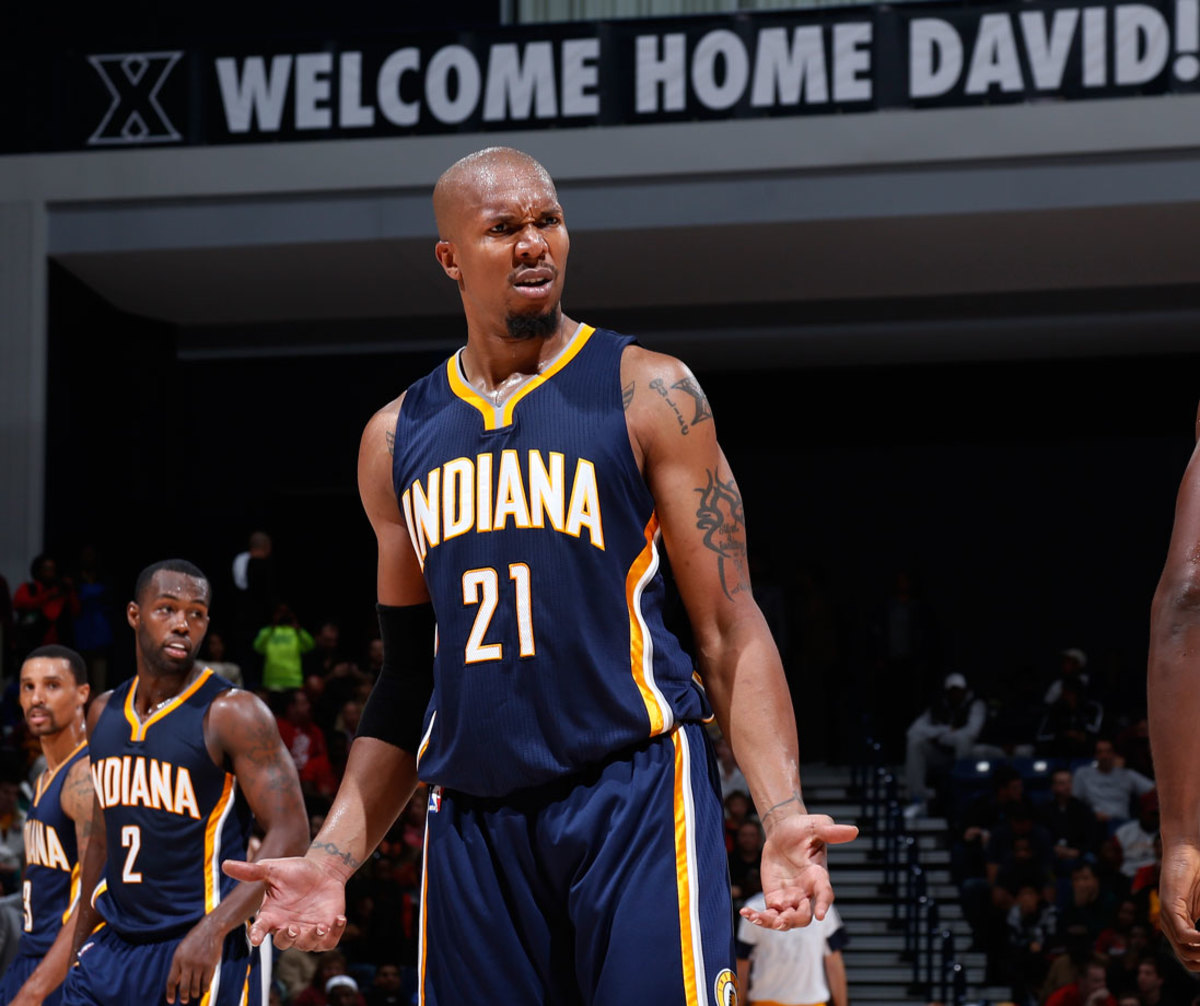
Kevin Martin
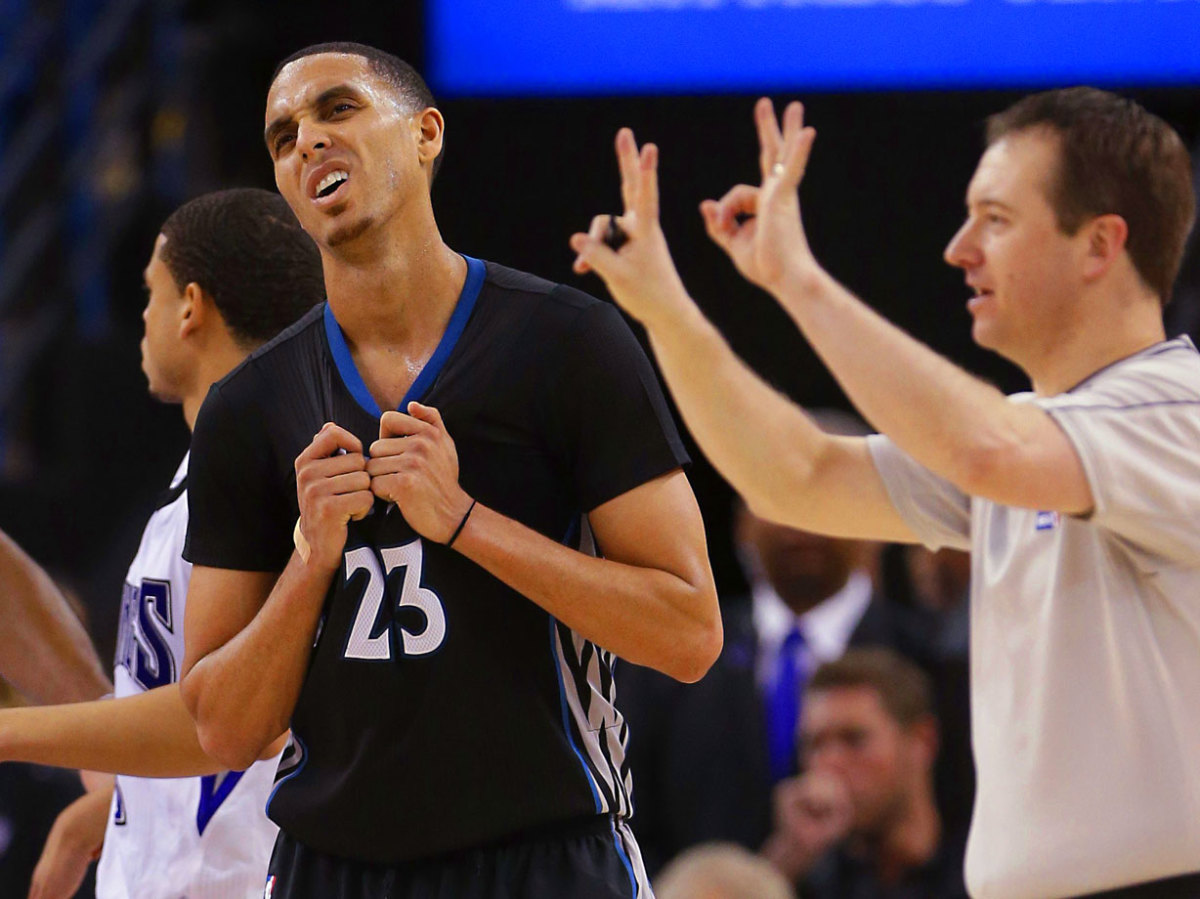
Will Barton
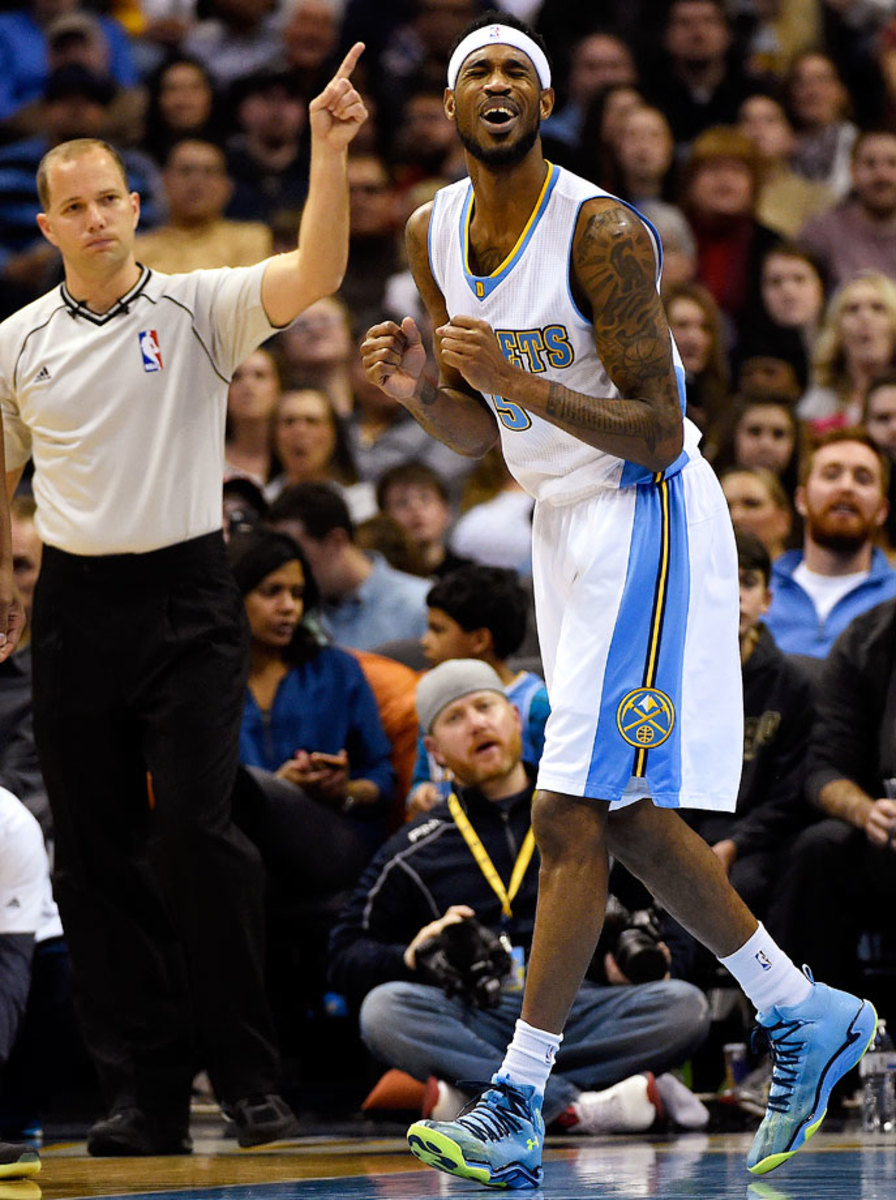
Anthony Tolliver
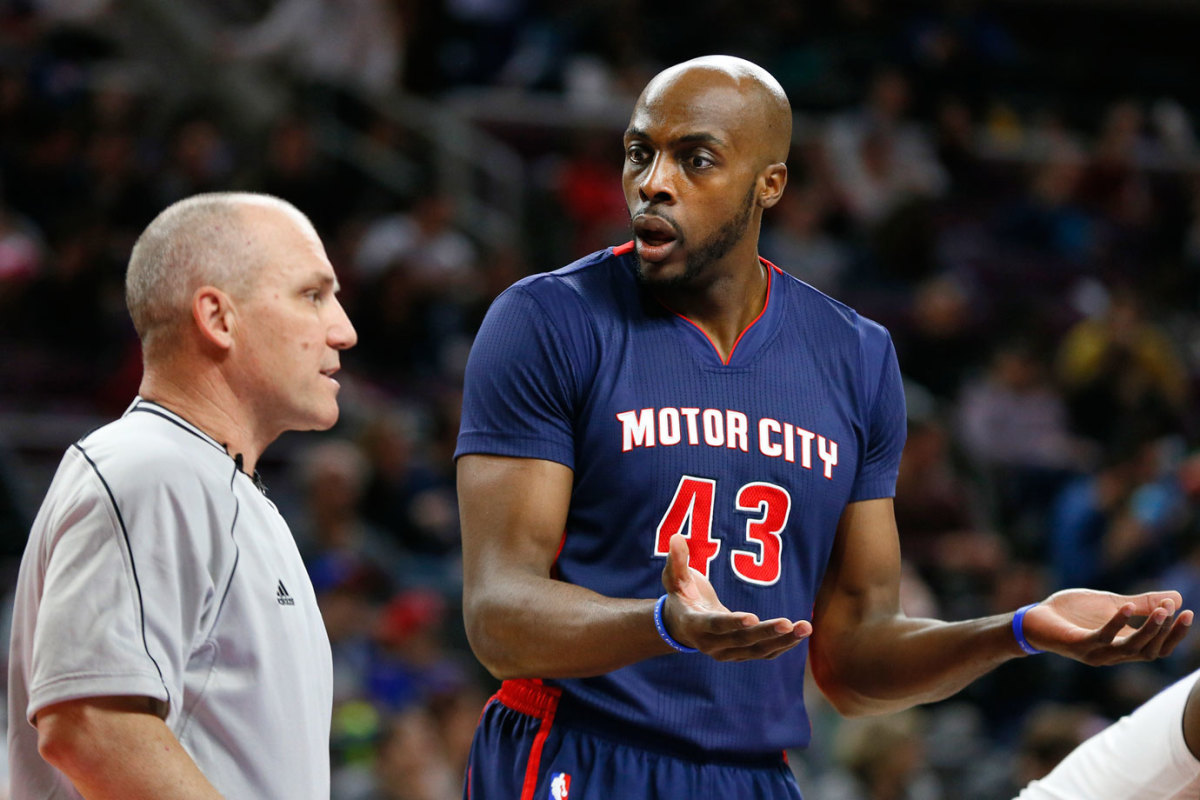
DeAndre Jordan
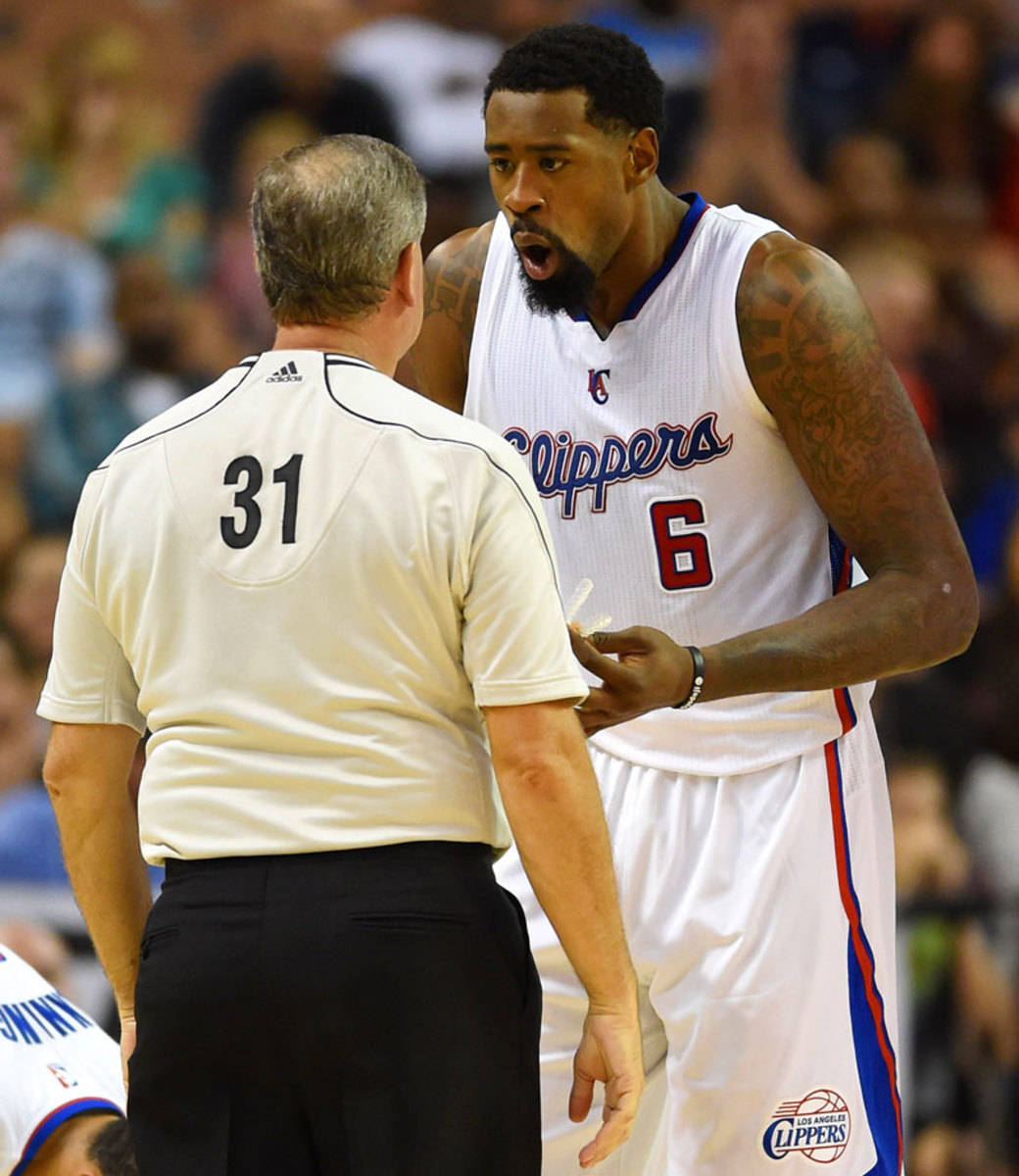
Alan Anderson
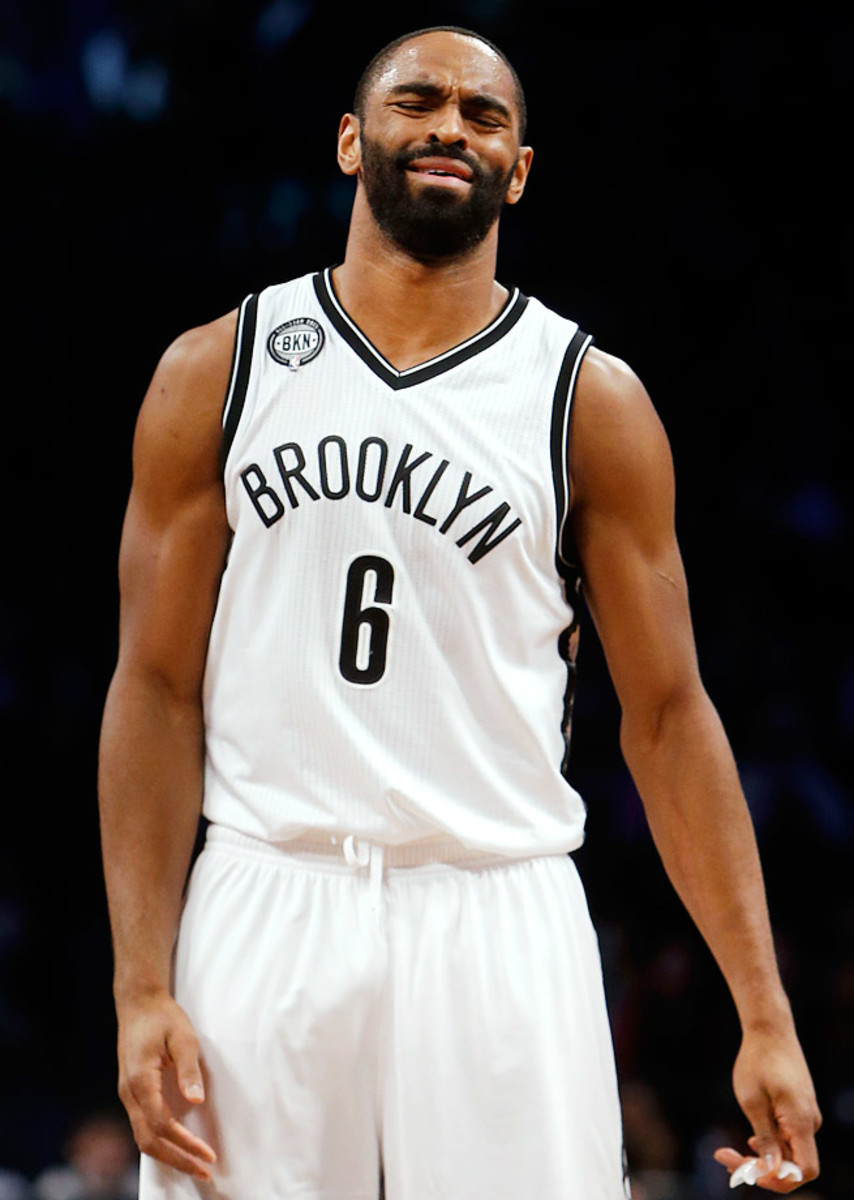
Archie Goodwin
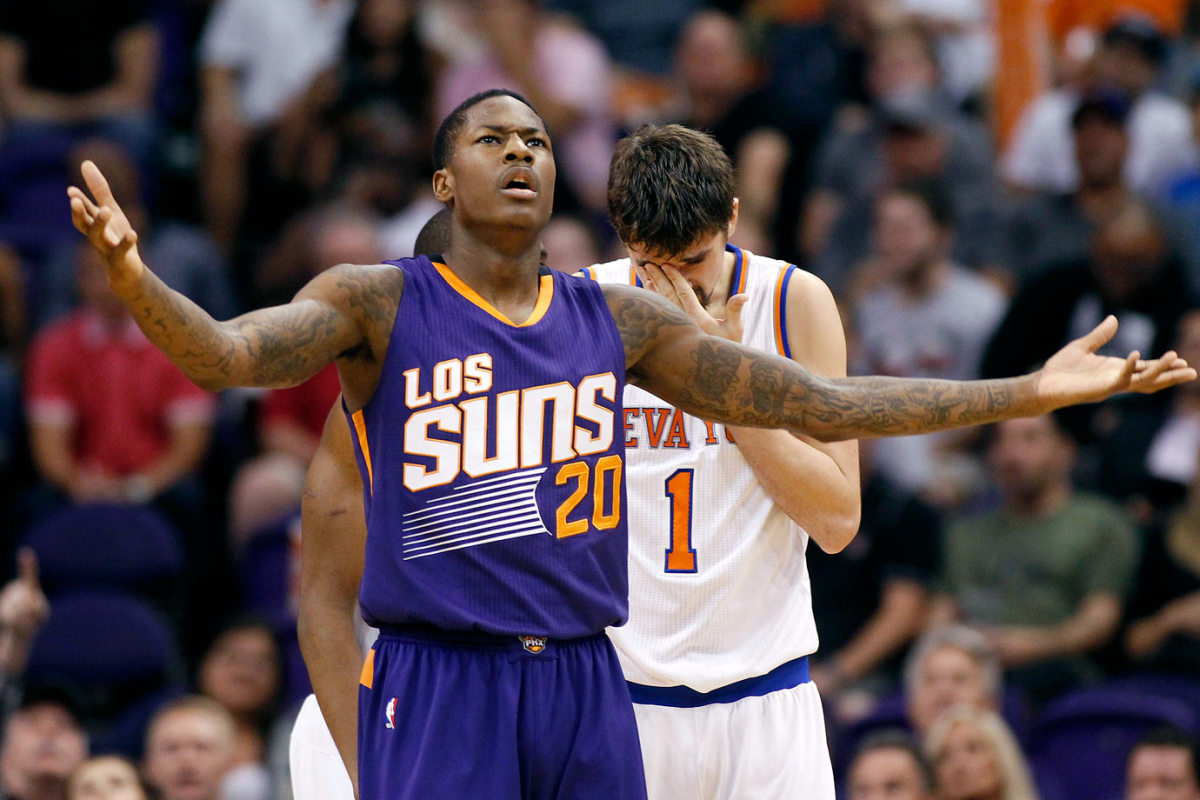
Channing Frye
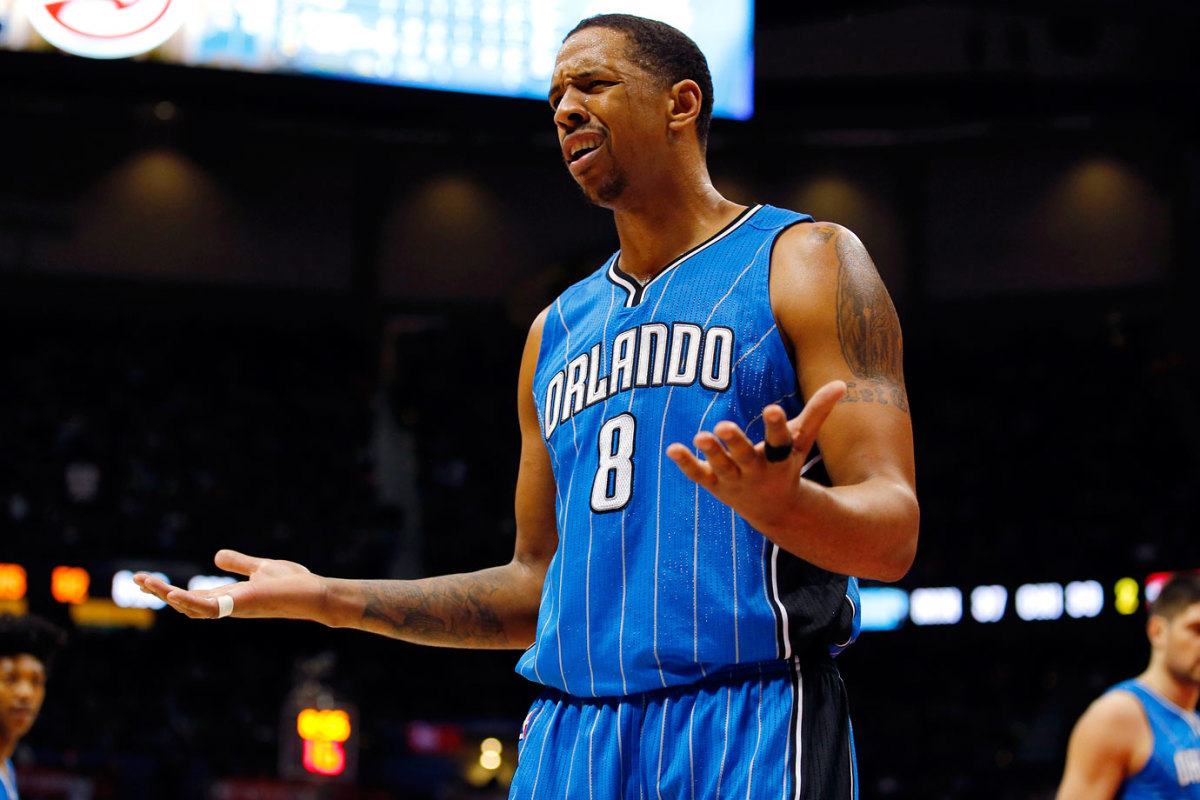
Avery Bradley
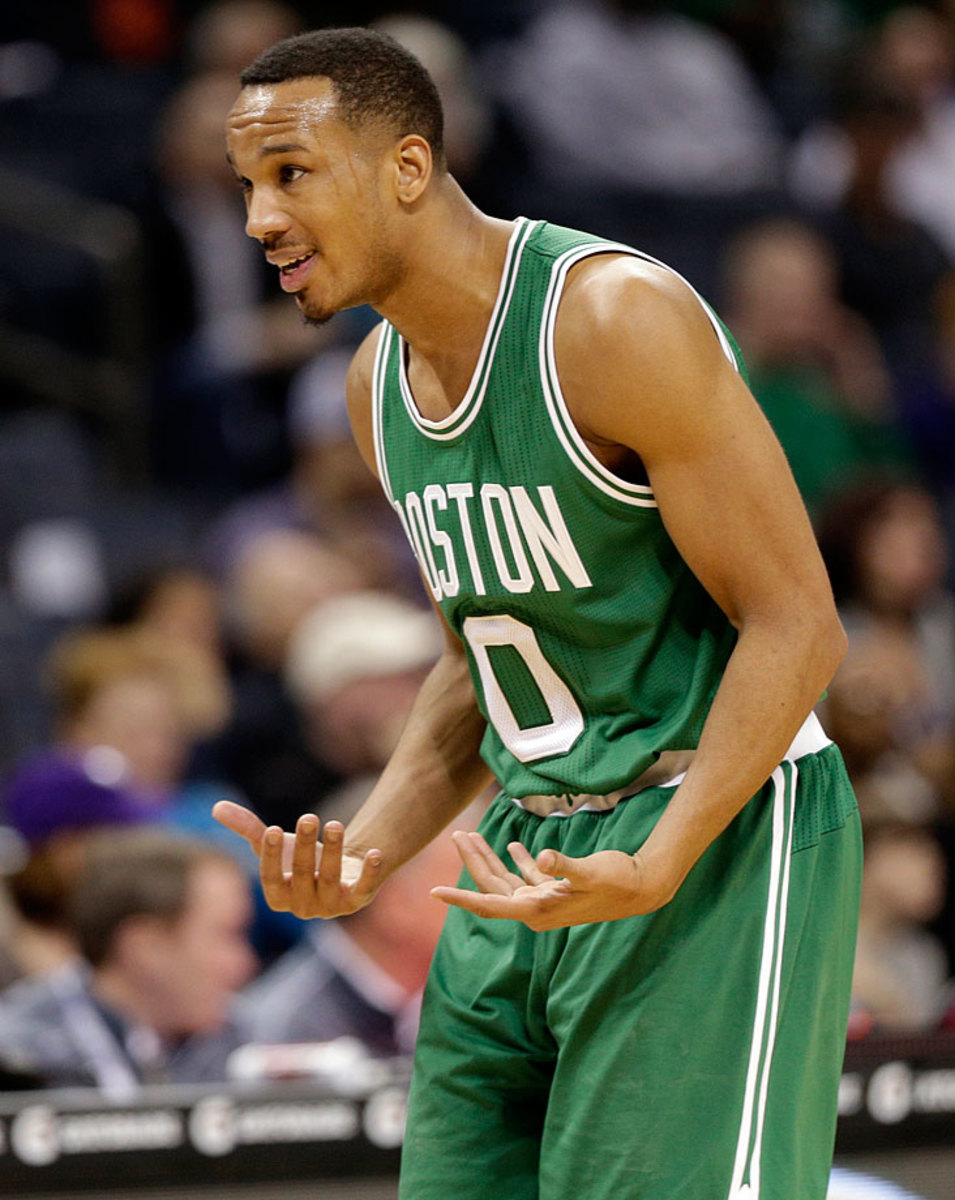
Joakim Noah
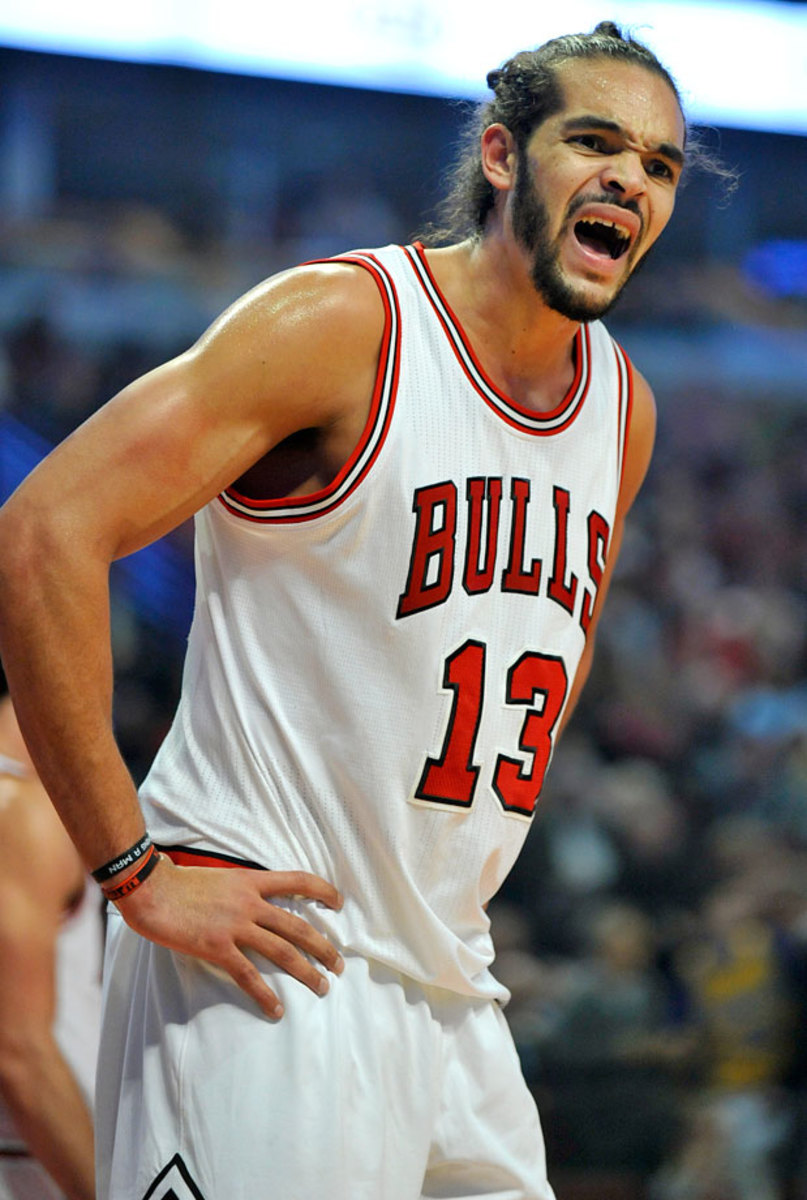
Kevin Love
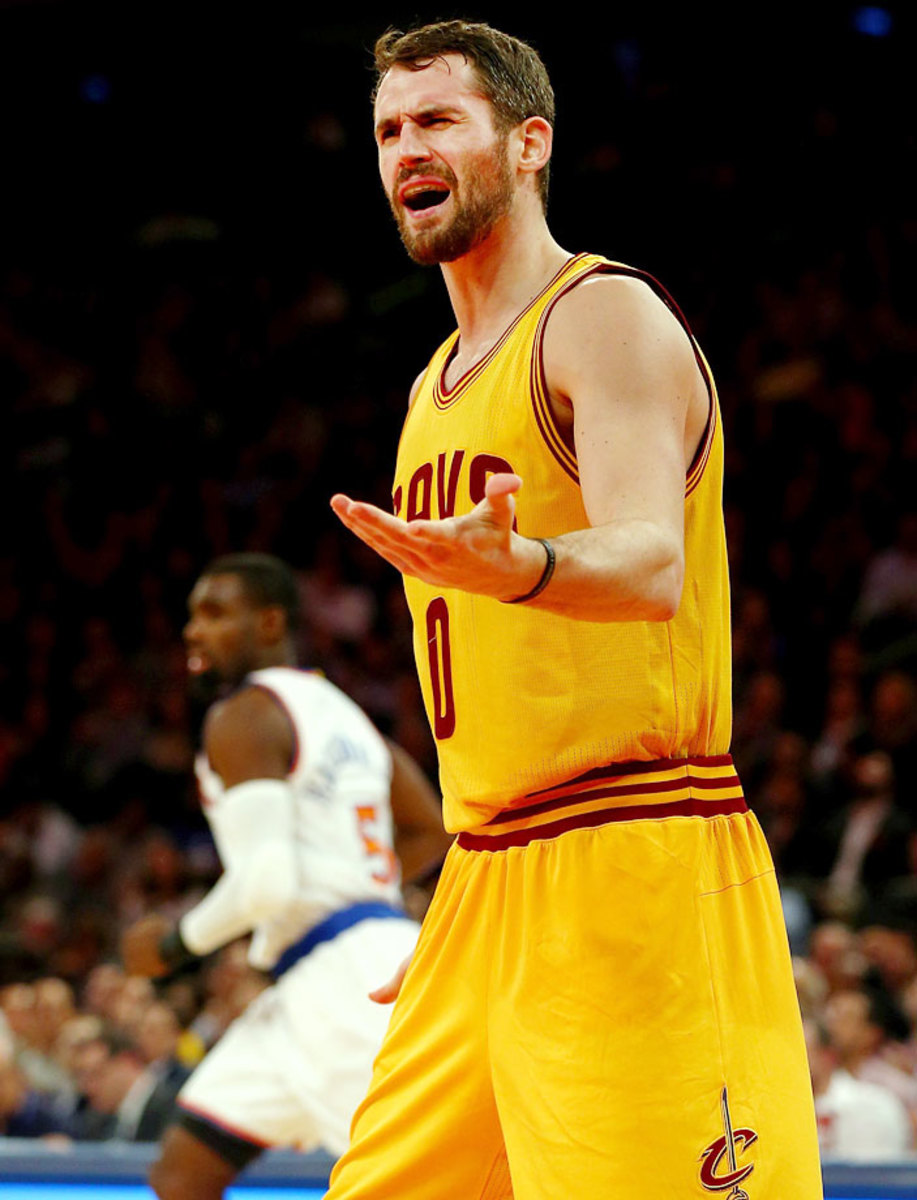
Kirk Hinrich
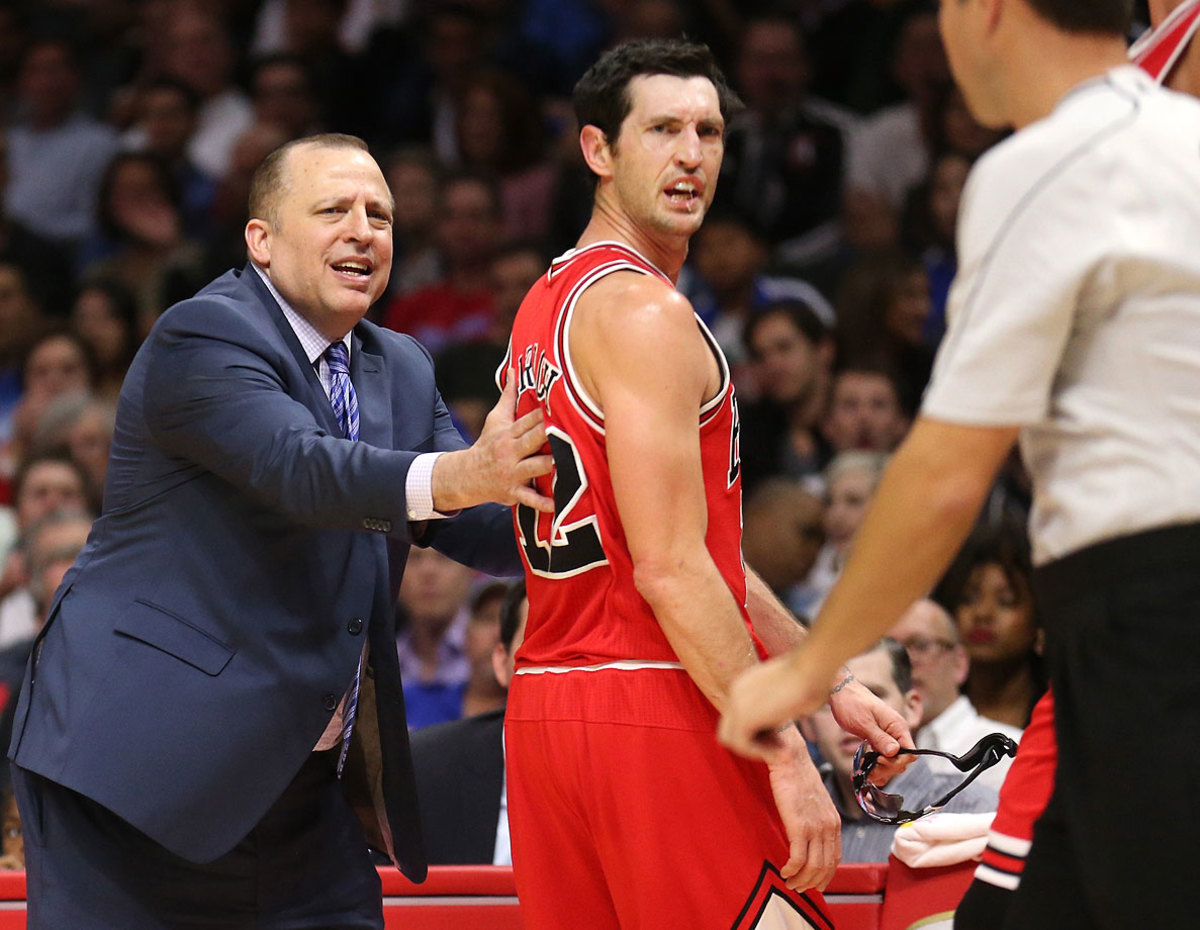
Ian Mahinmi
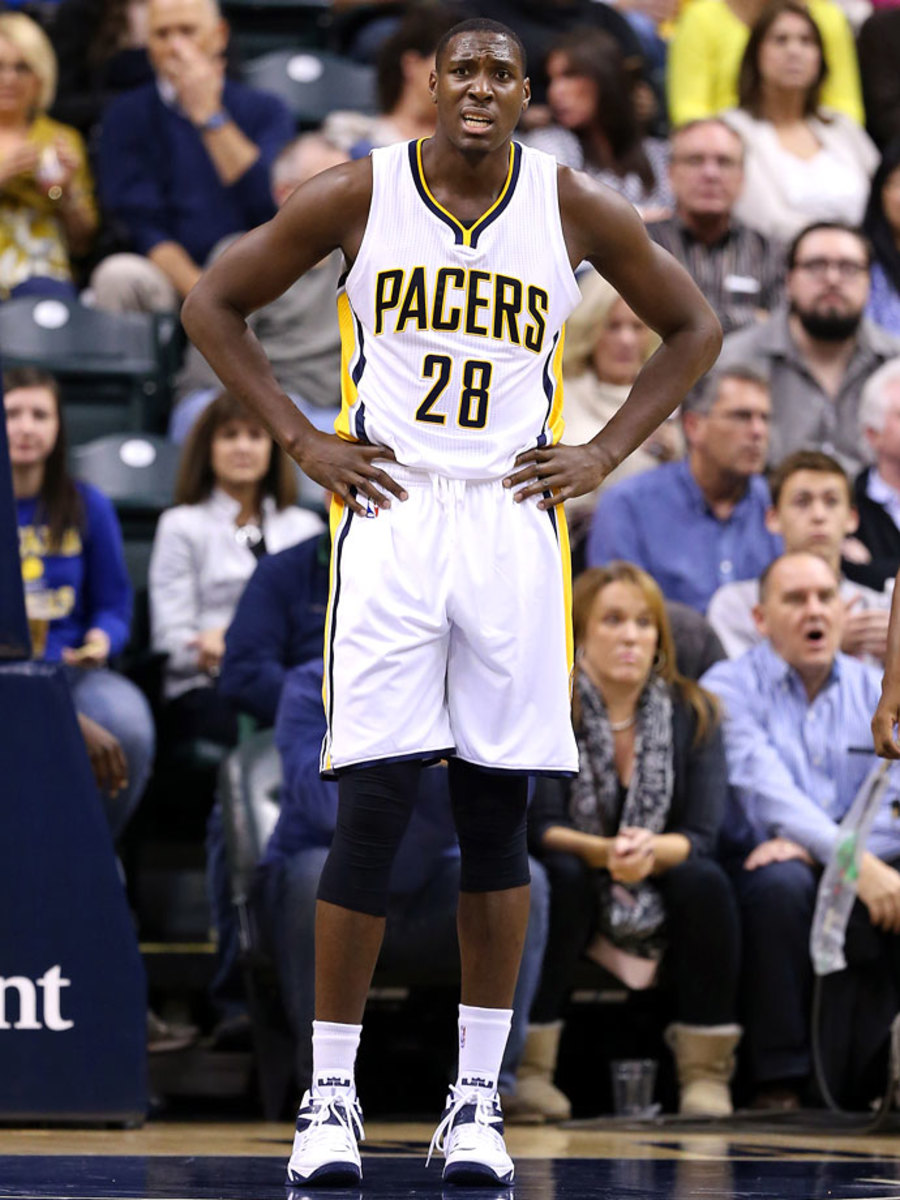
Marcus Morris
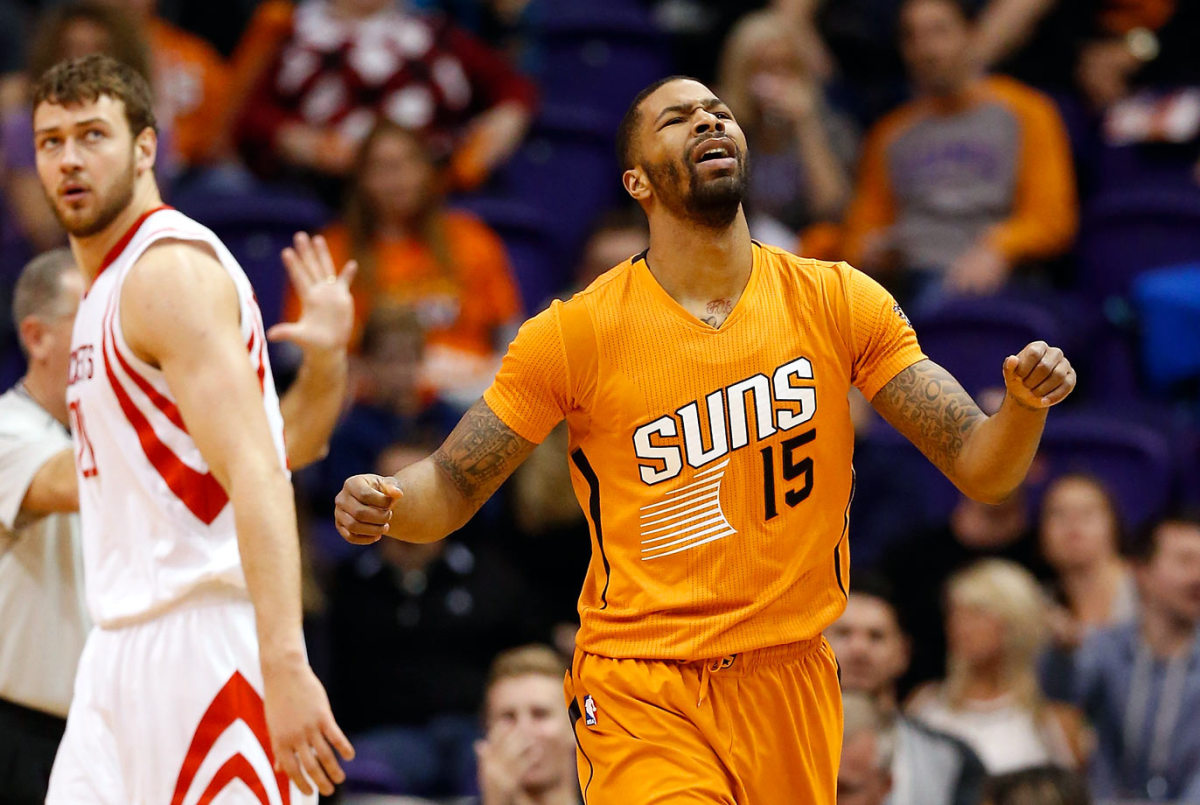
DeMarre Carroll
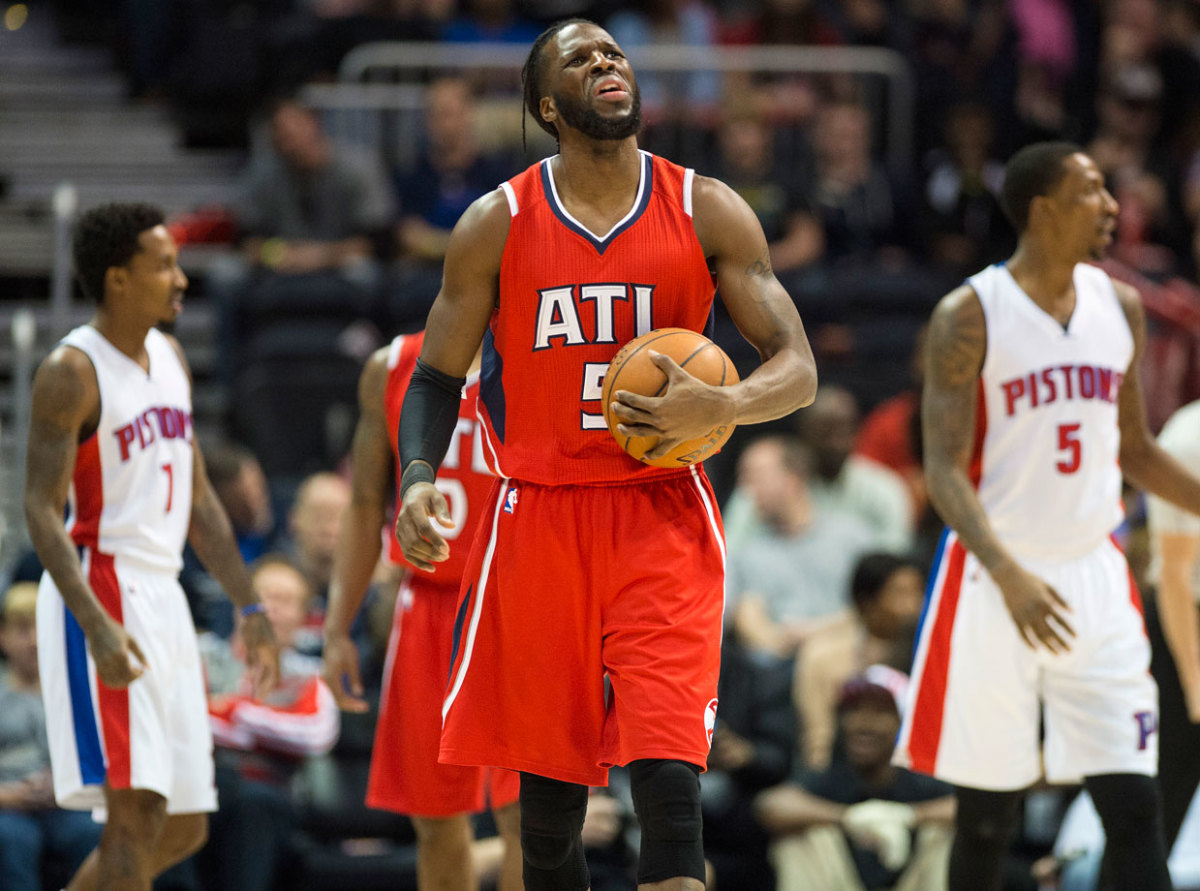
Dwight Howard
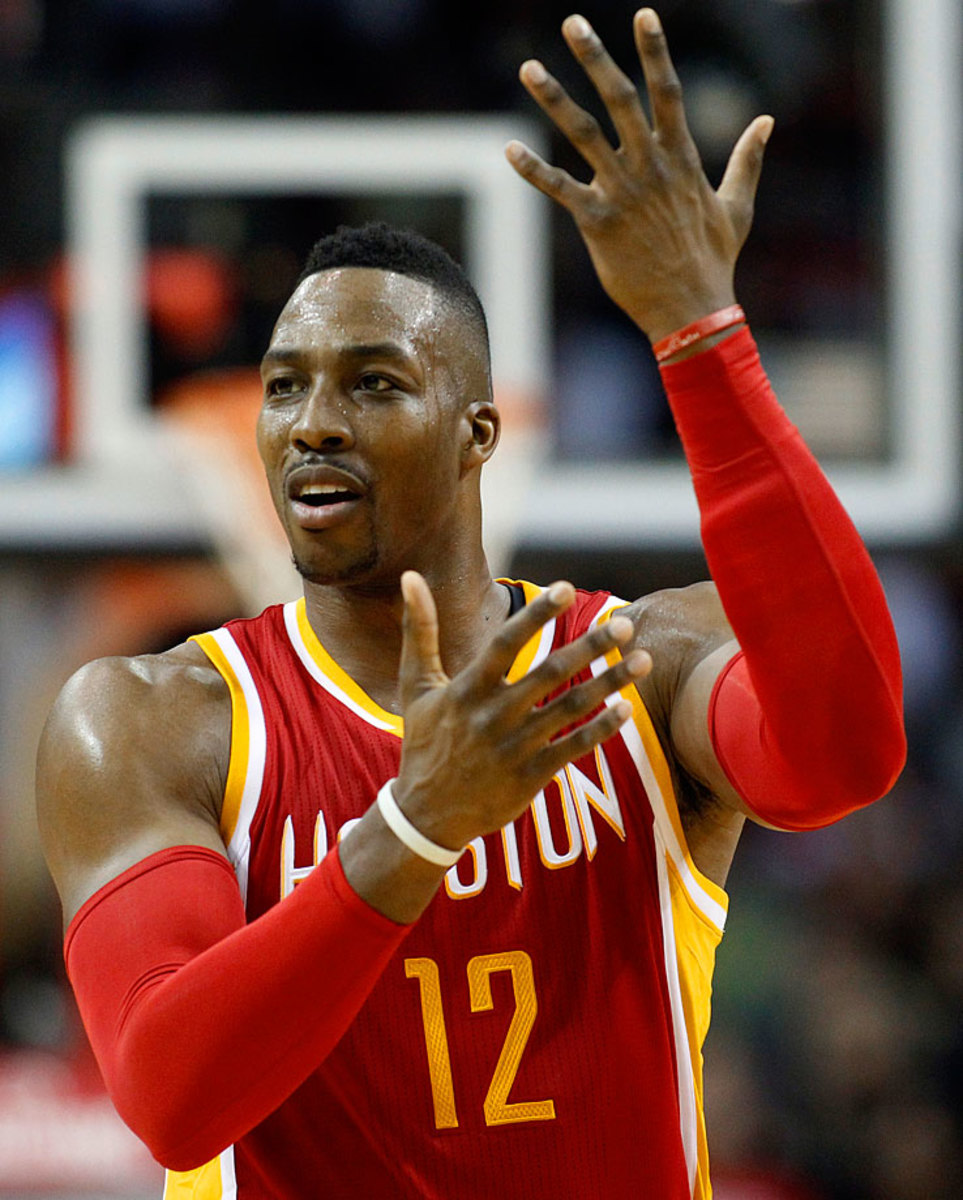
Anthony Davis
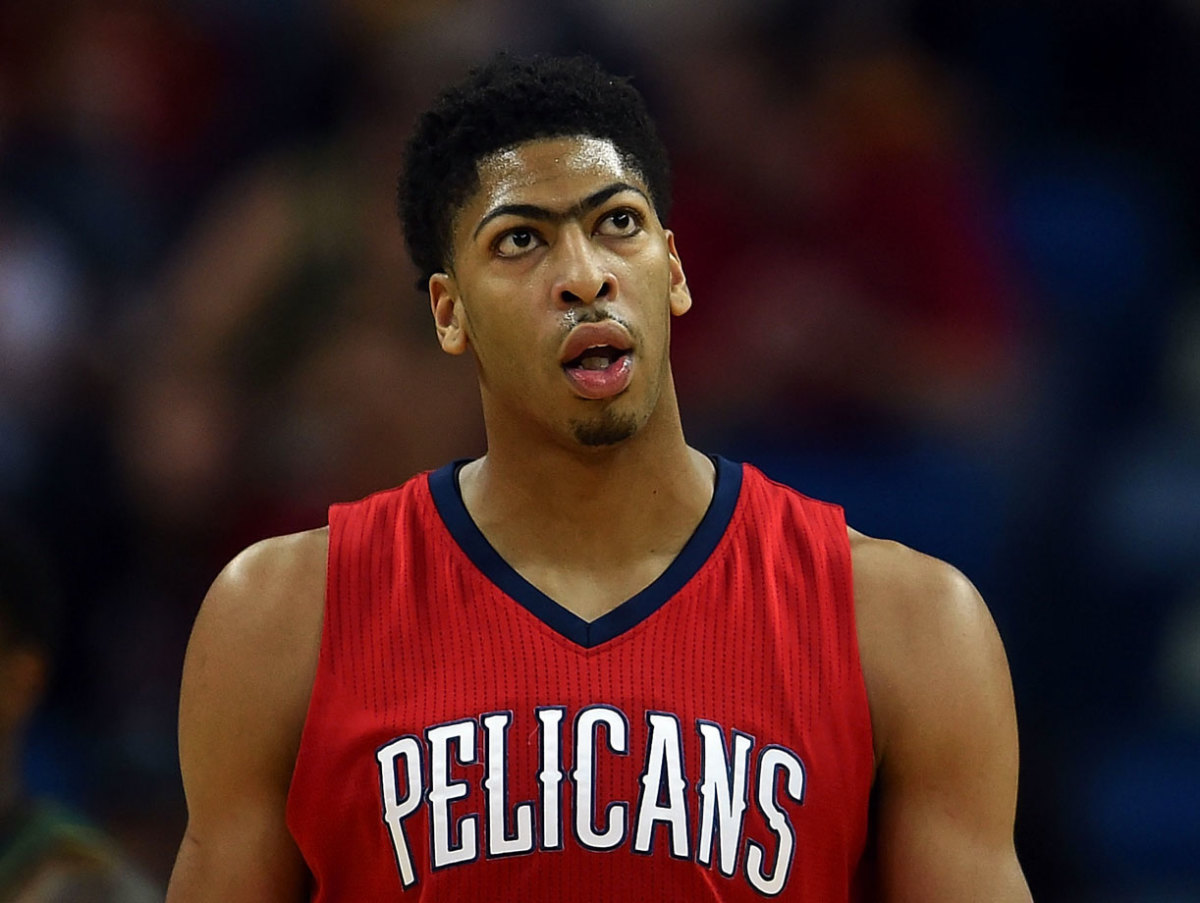
Drew Gooden
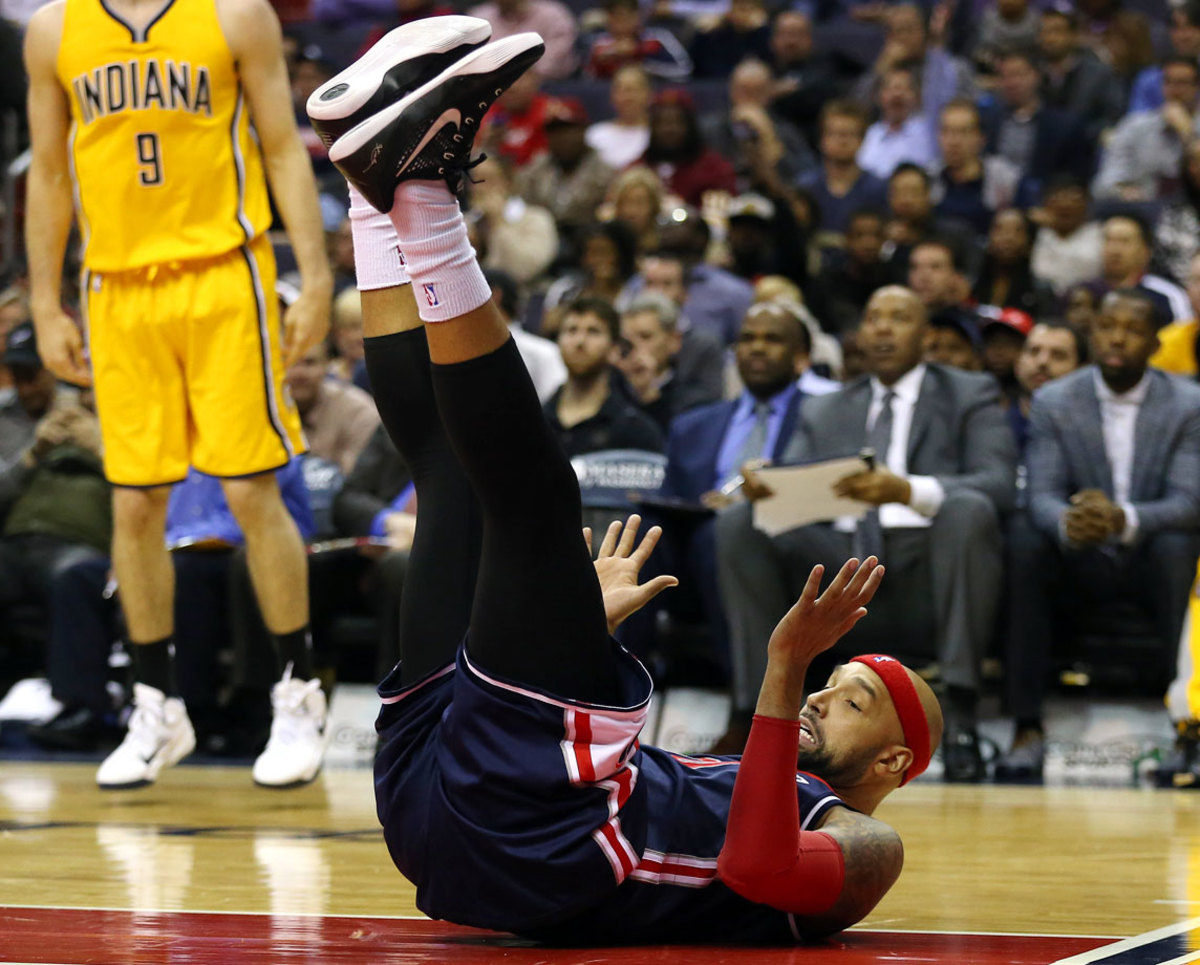
Hedo Turkoglu
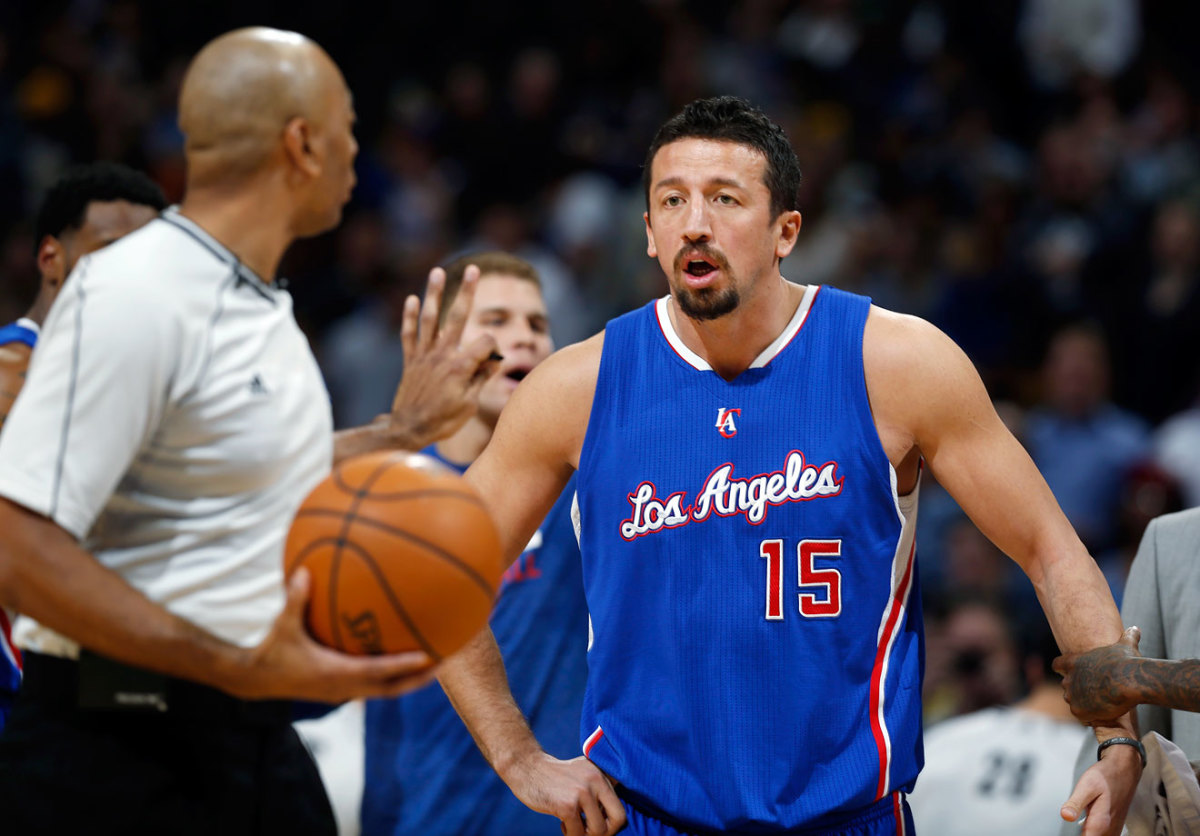
JaKarr Sampson
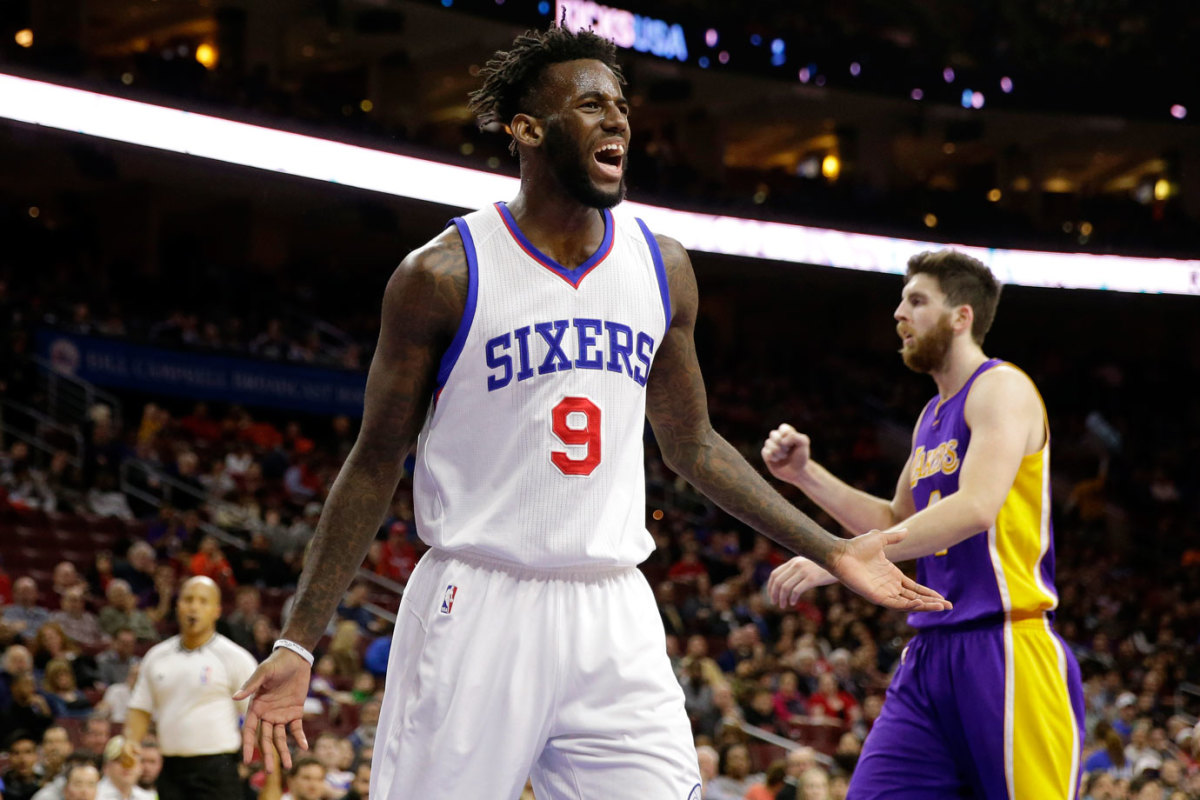
Chris Bosh
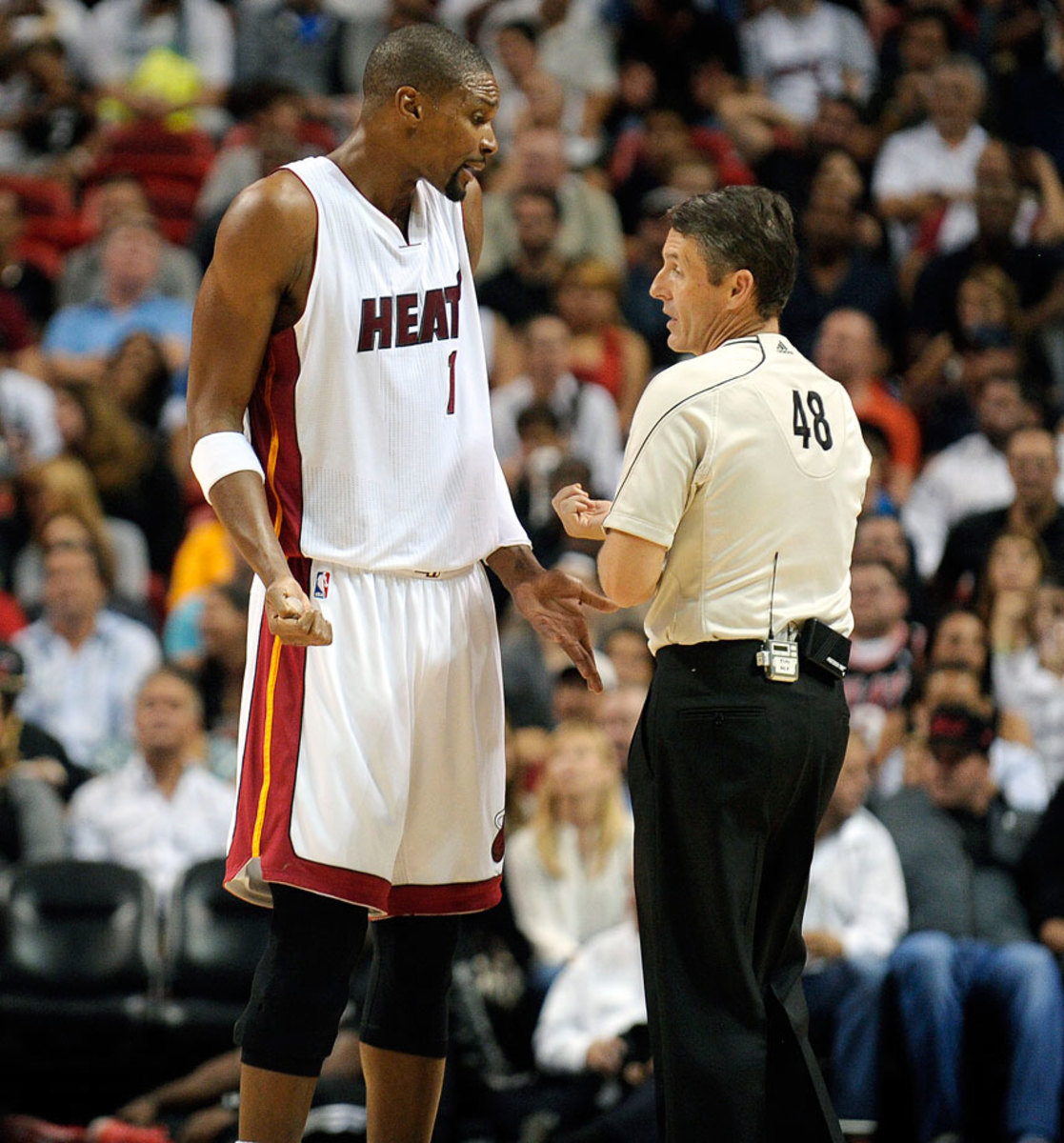
Dion Waiters
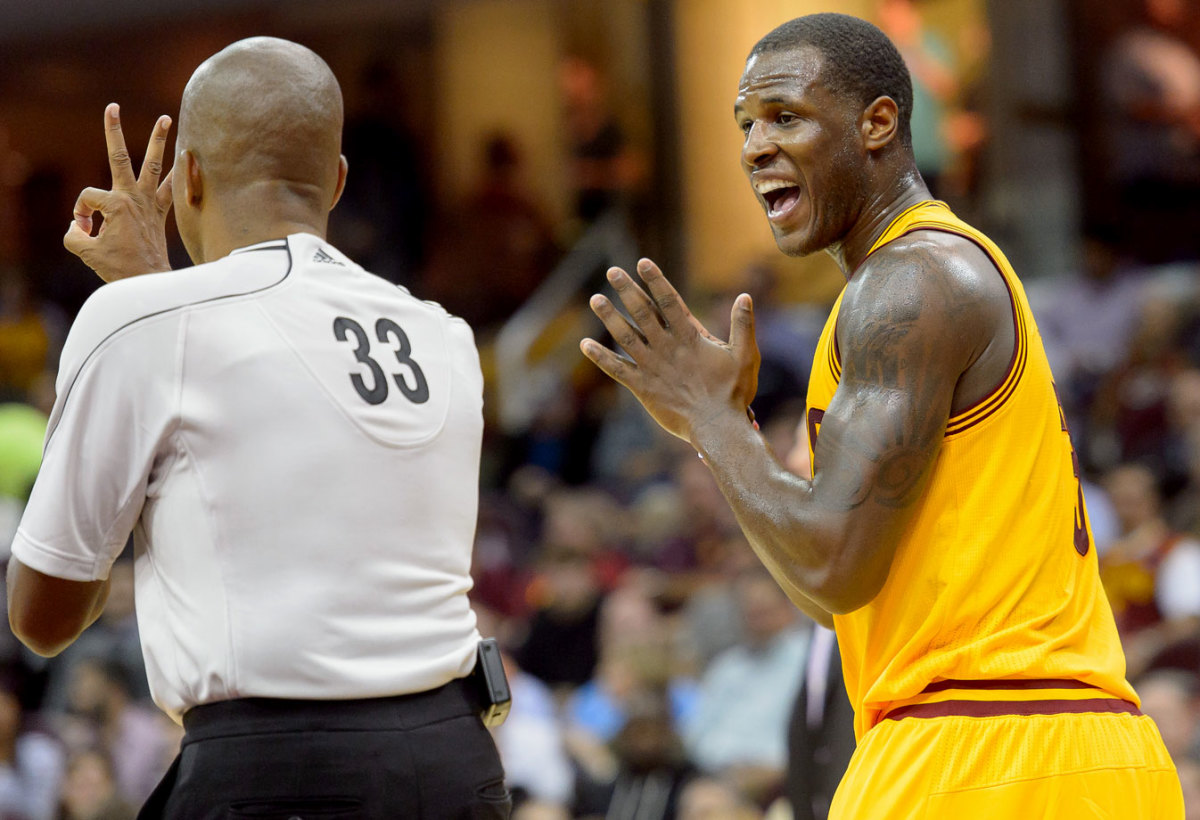
Chris Paul
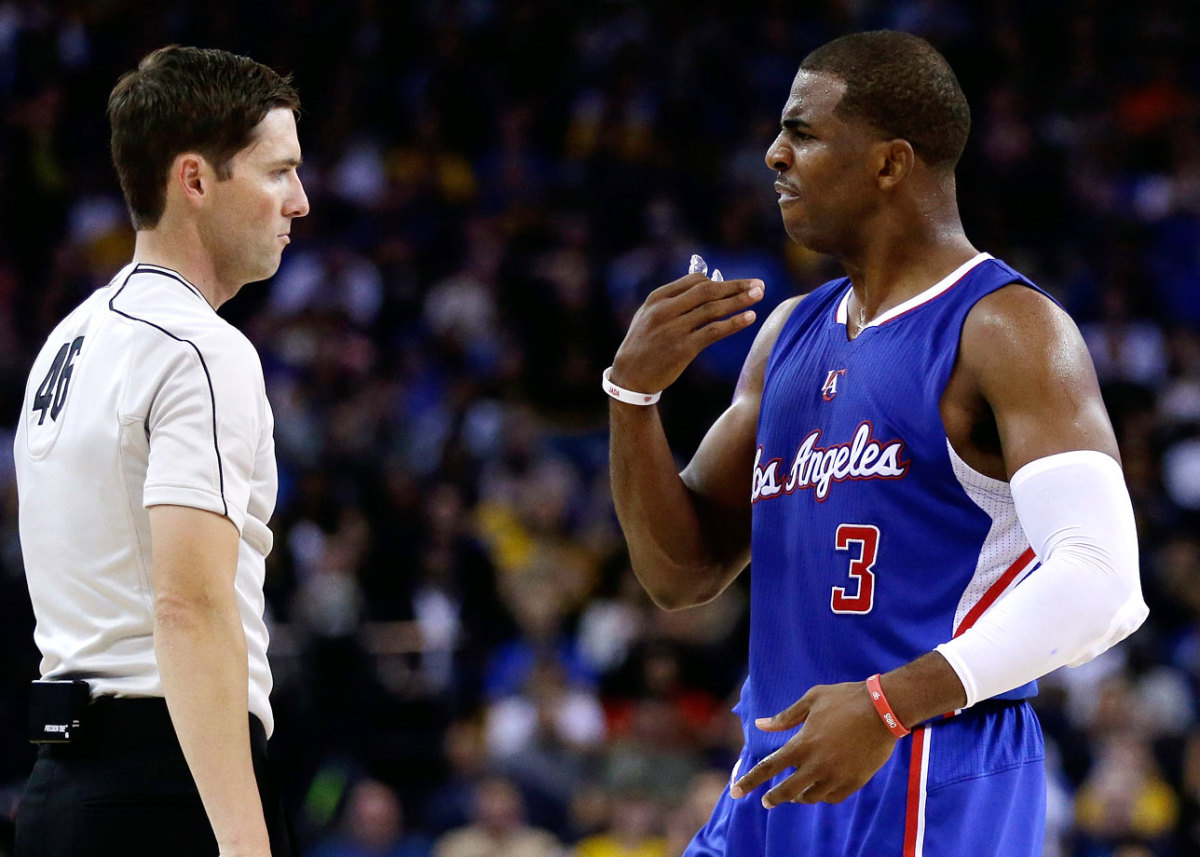
Kosta Koufos
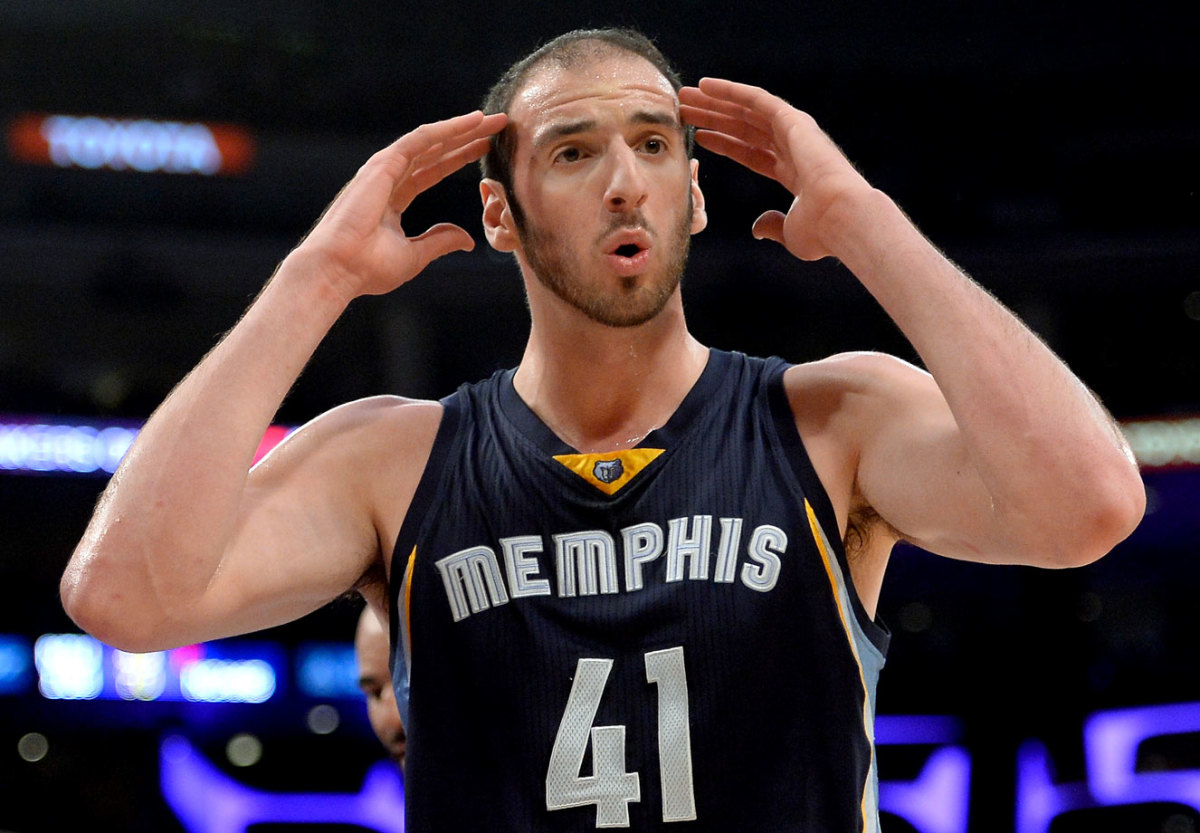
Jorge Gutierrez
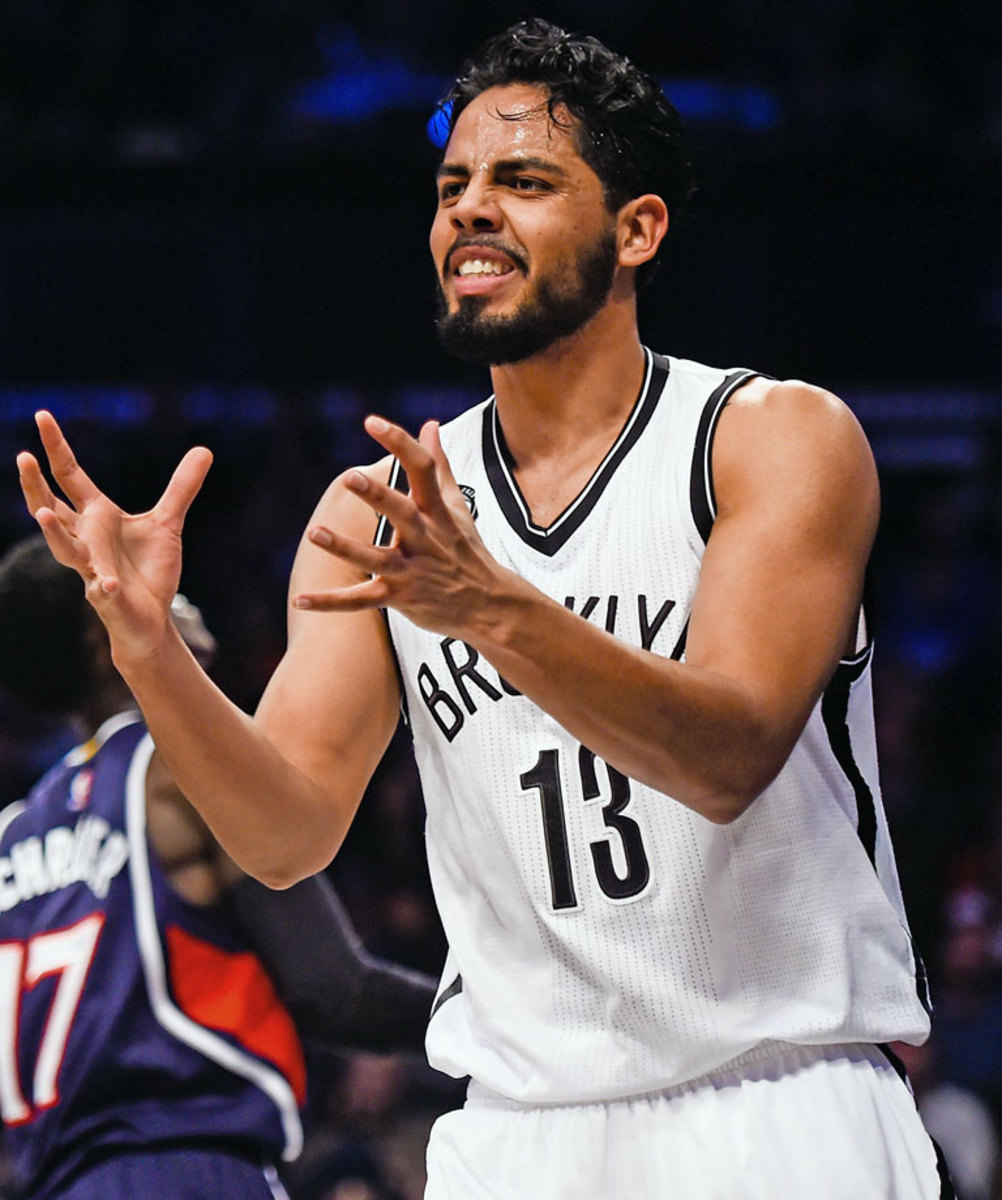
Joe Johnson
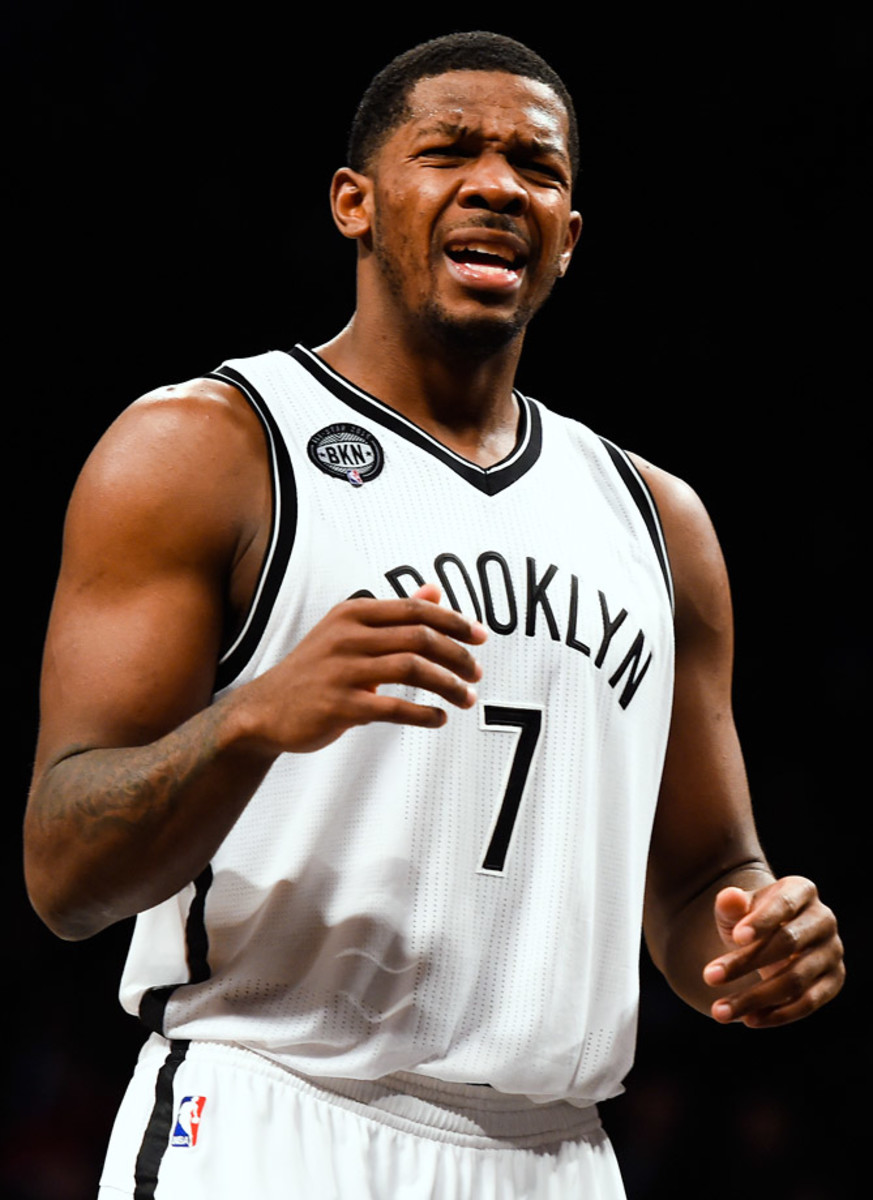
Michael Carter-Williams
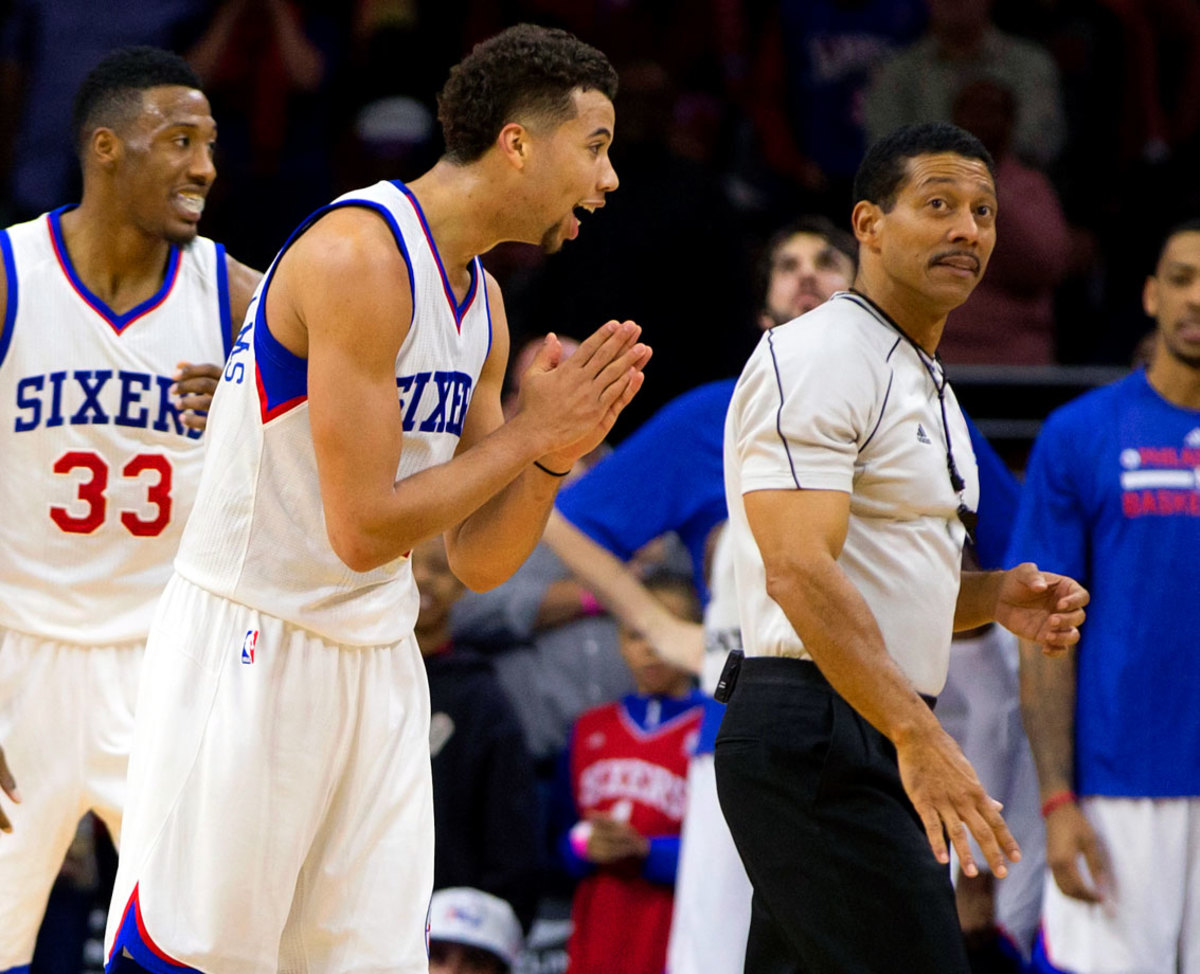
Jusuf Nurkic
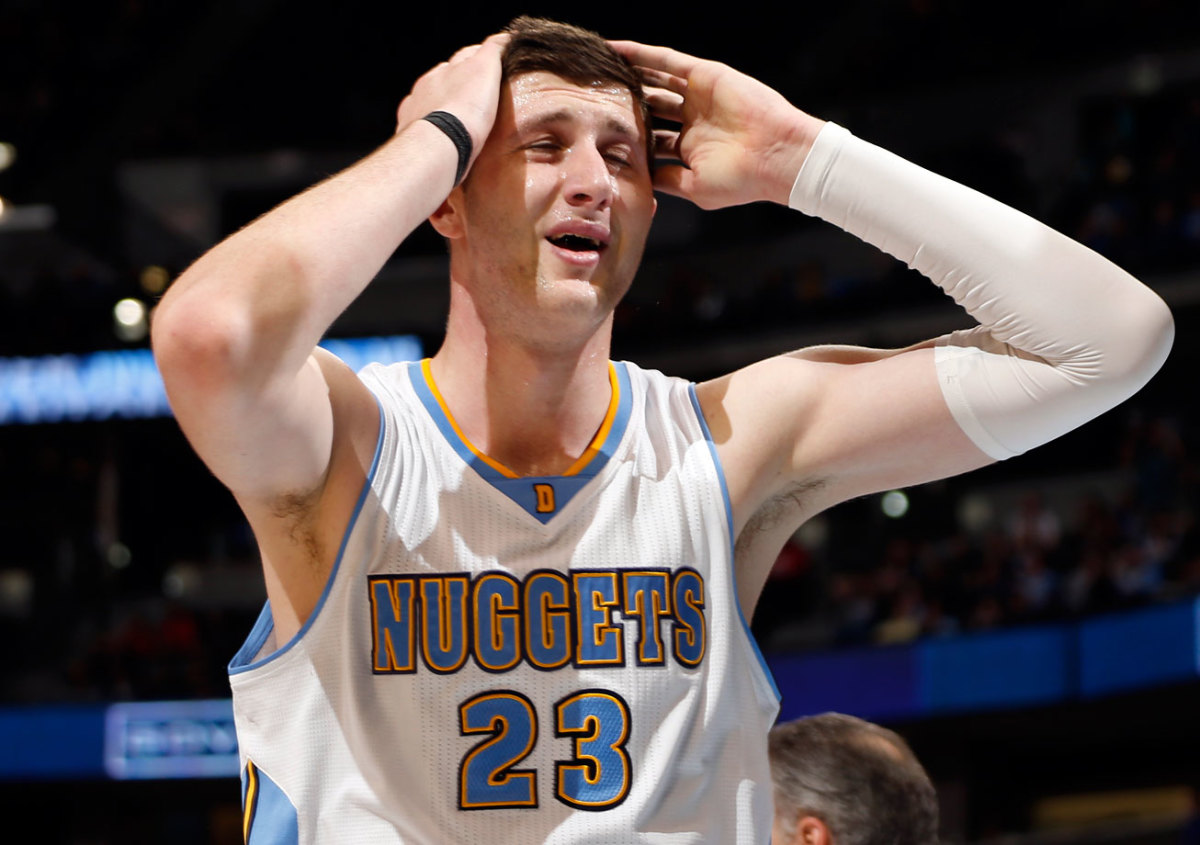
Kemba Walker
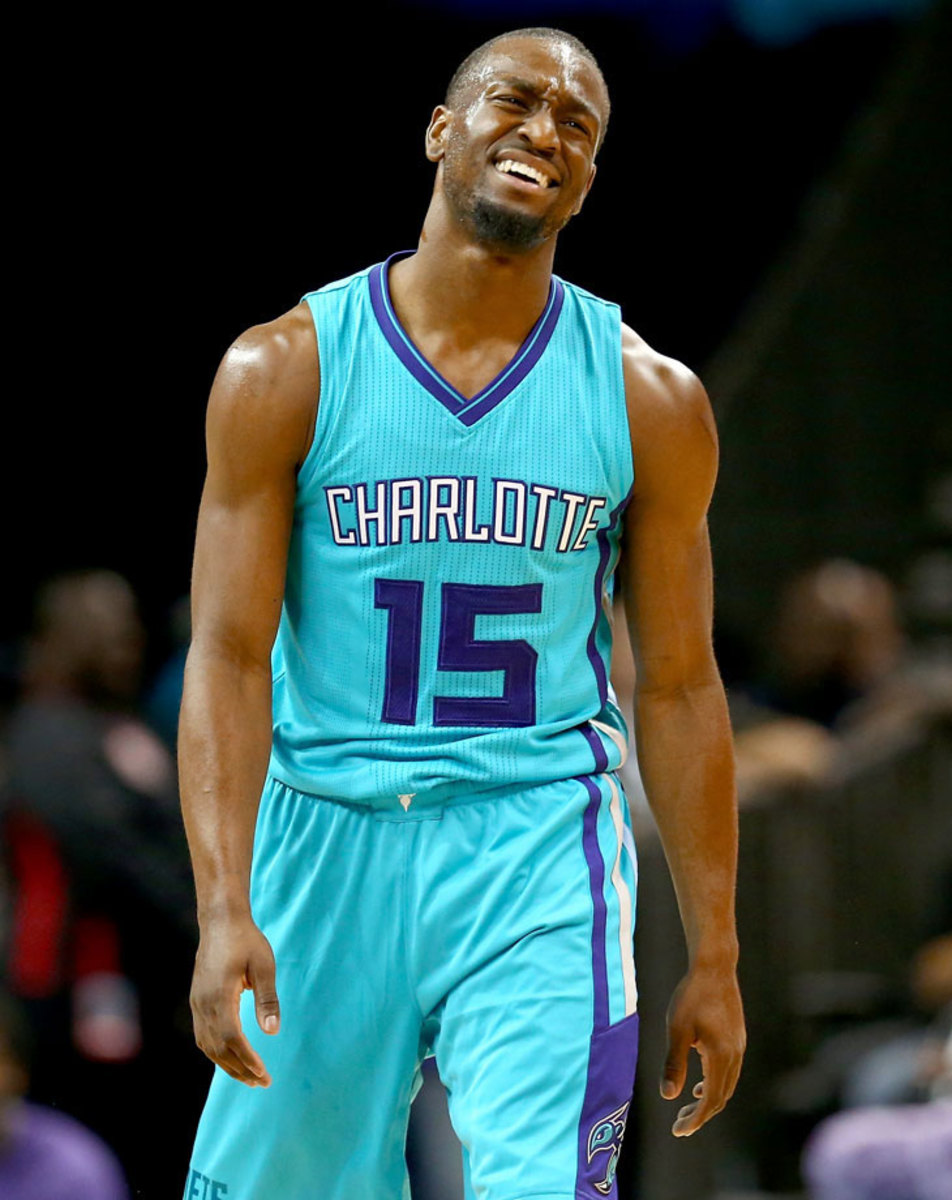
Nicolas Batum
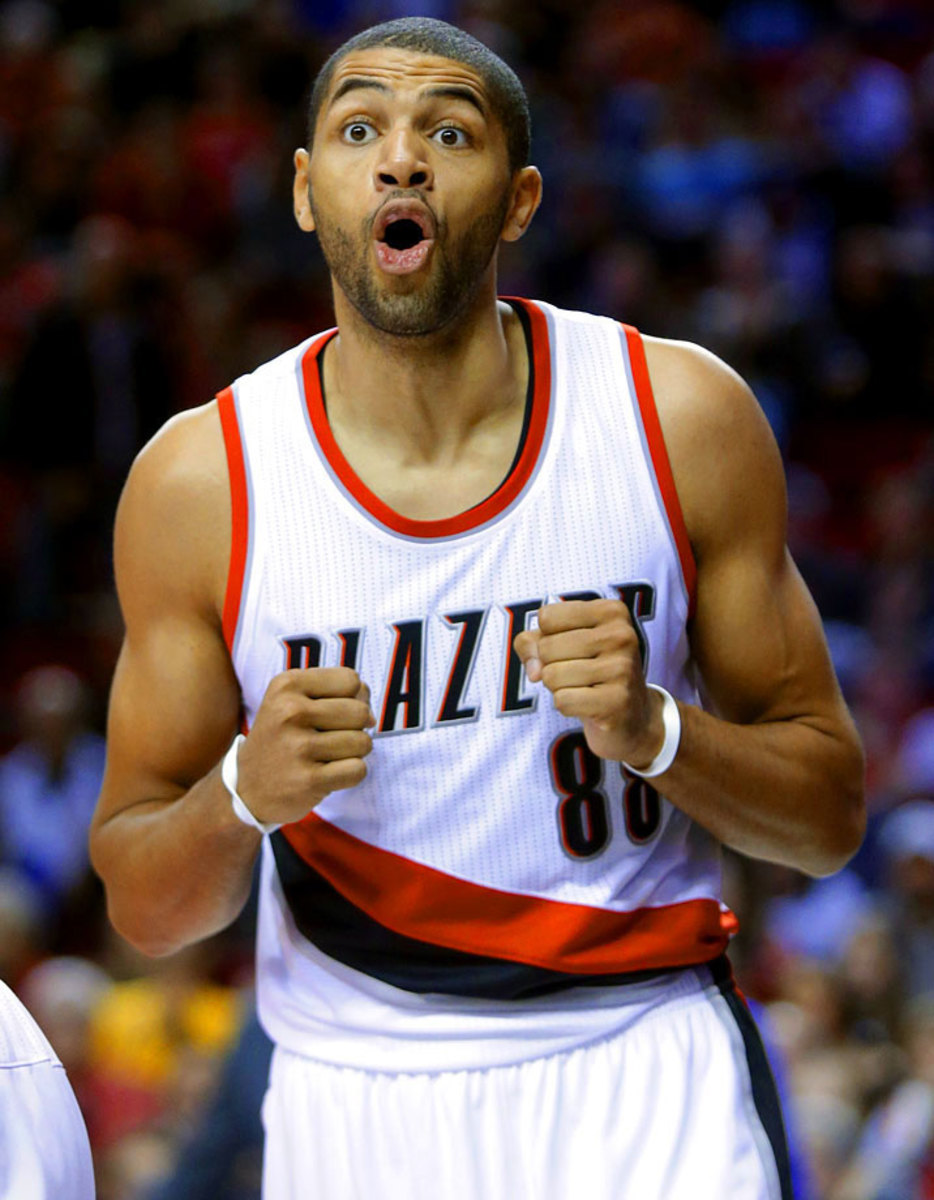
Kelly Olynyk
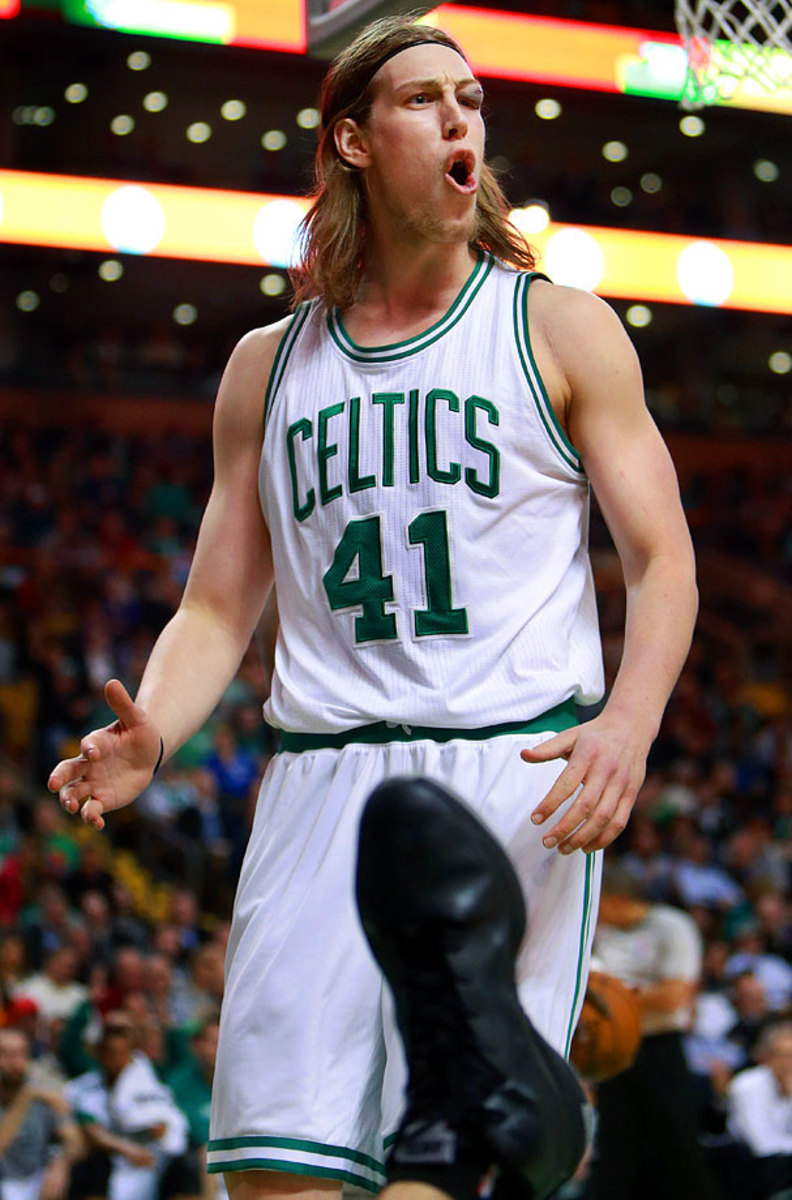
Zach Randolph
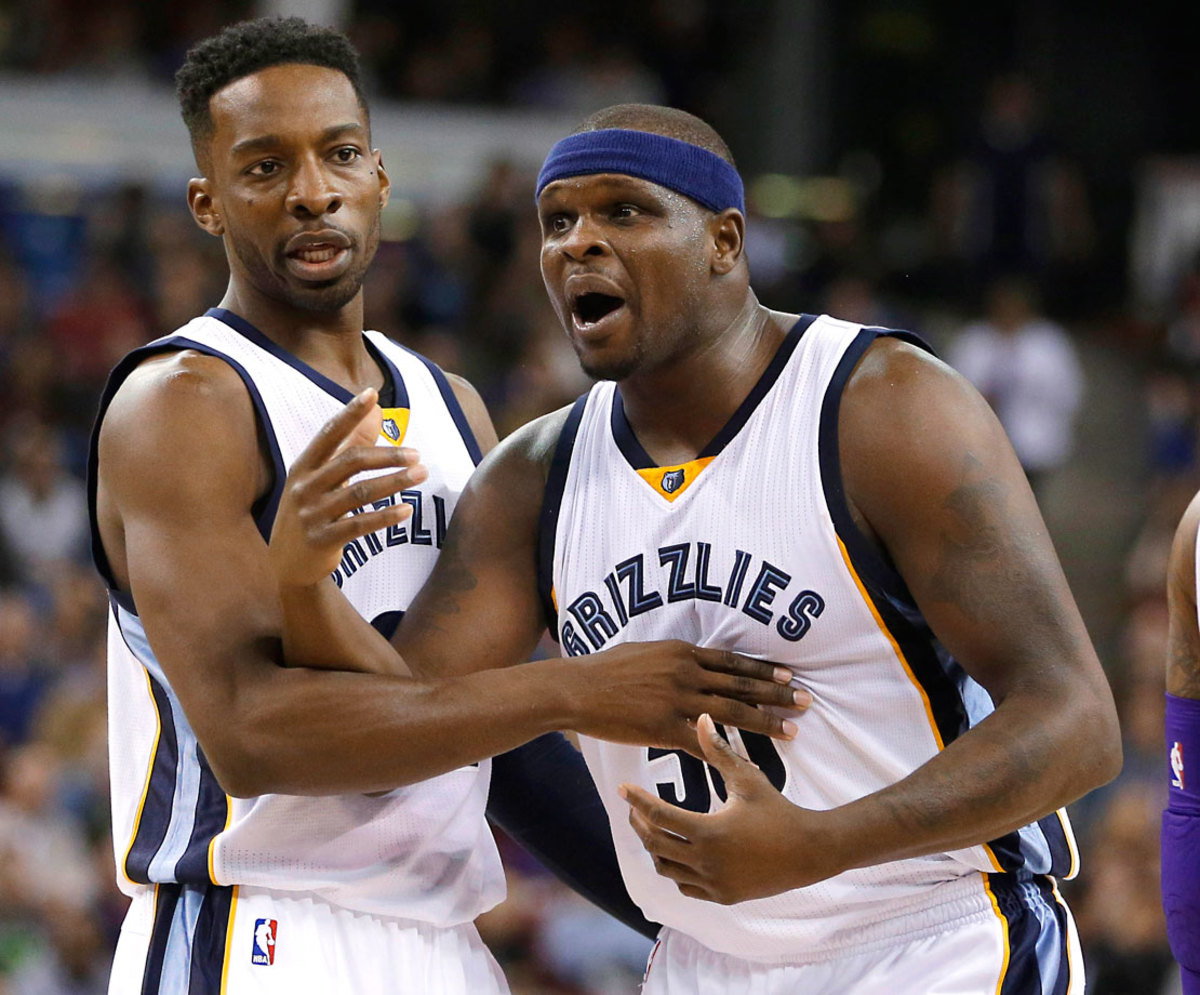
Gerald Green
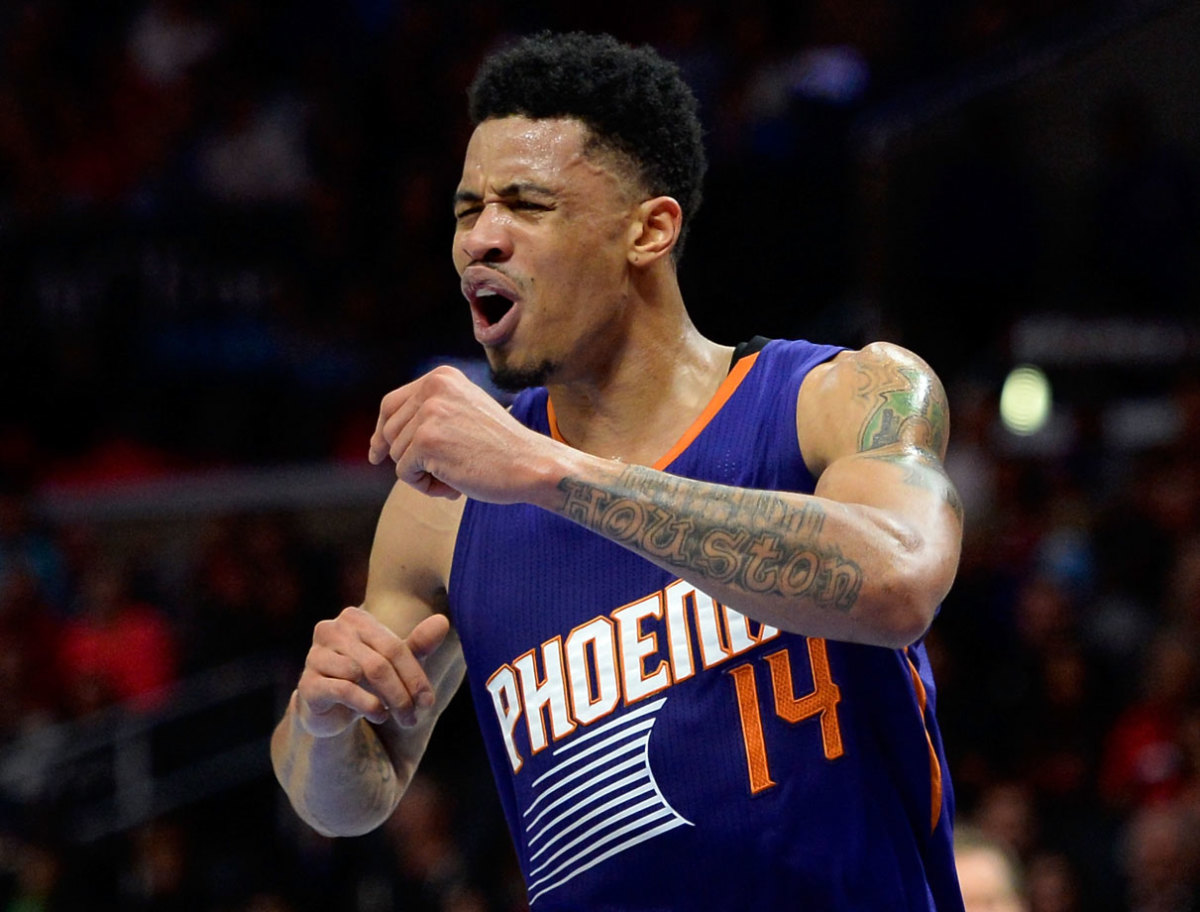
Greivis Vasquez
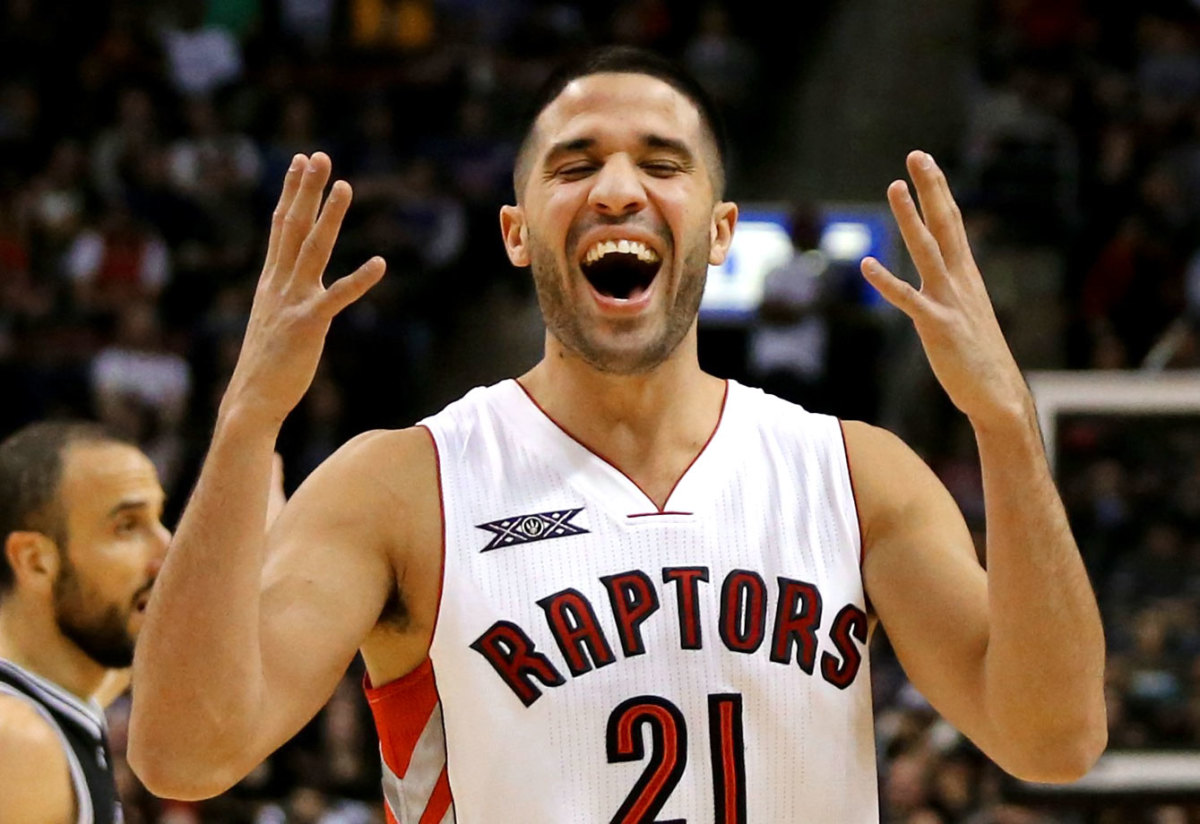
J.J. Redick
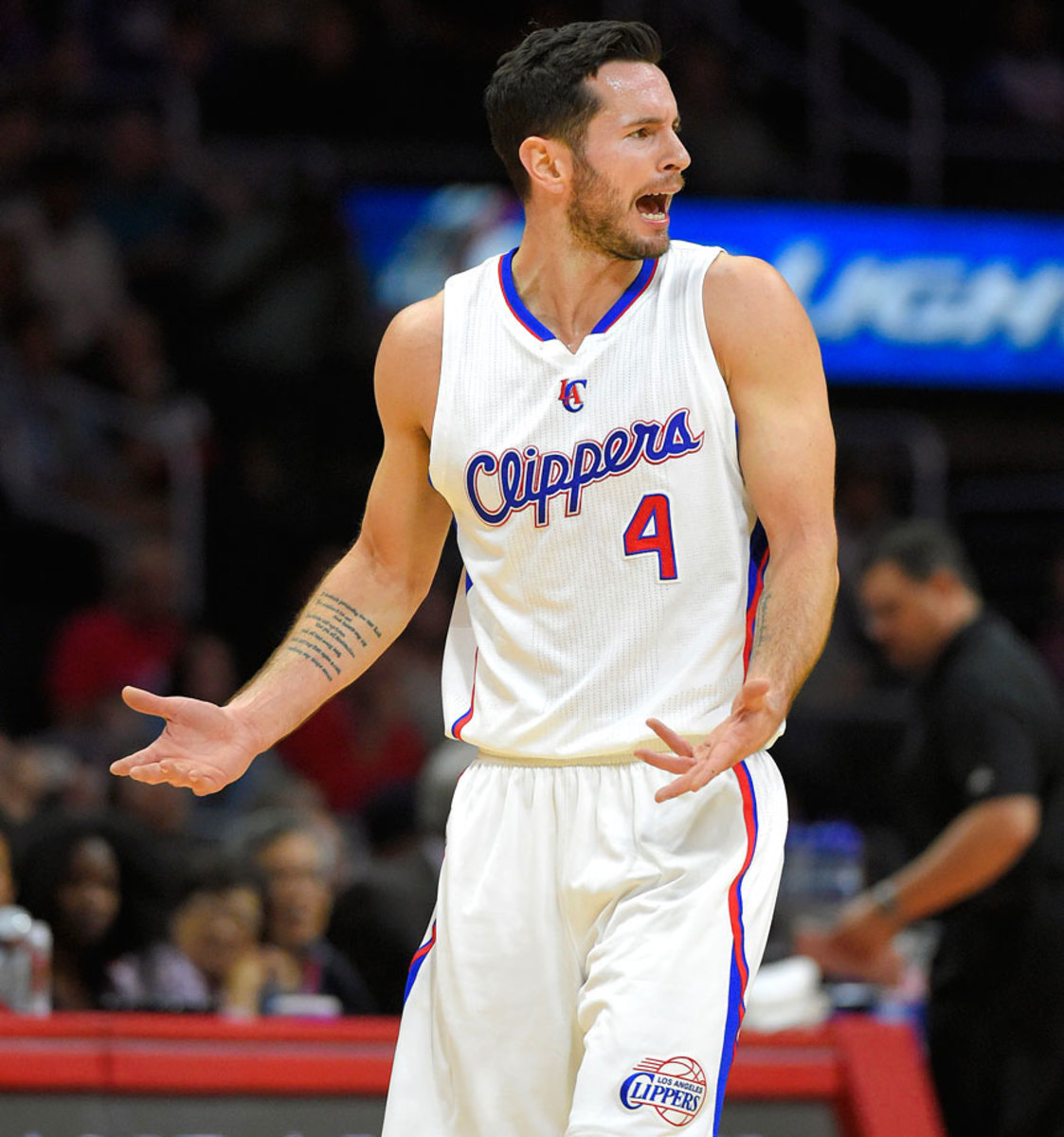
J.J. Barea
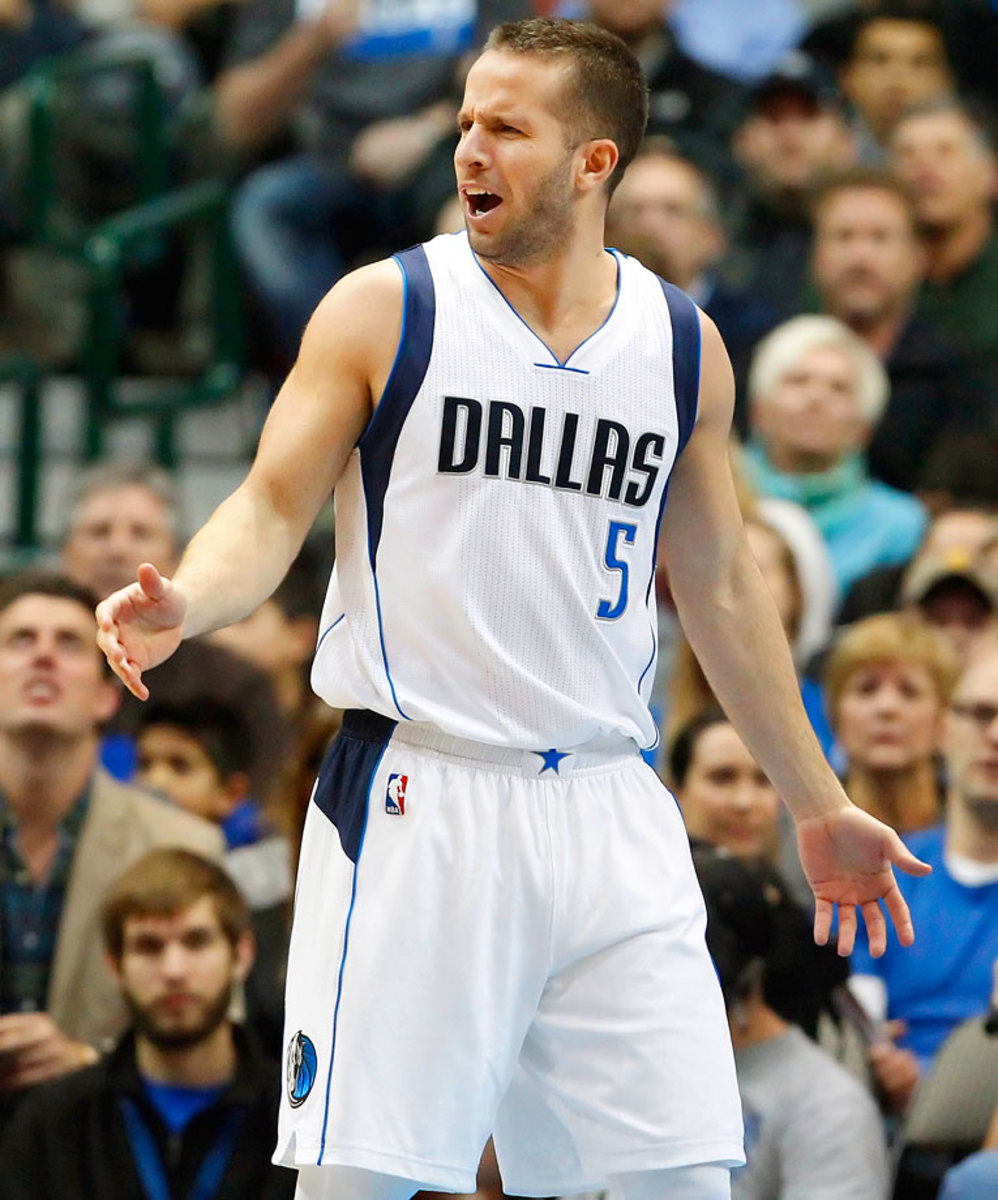
Stephen Curry
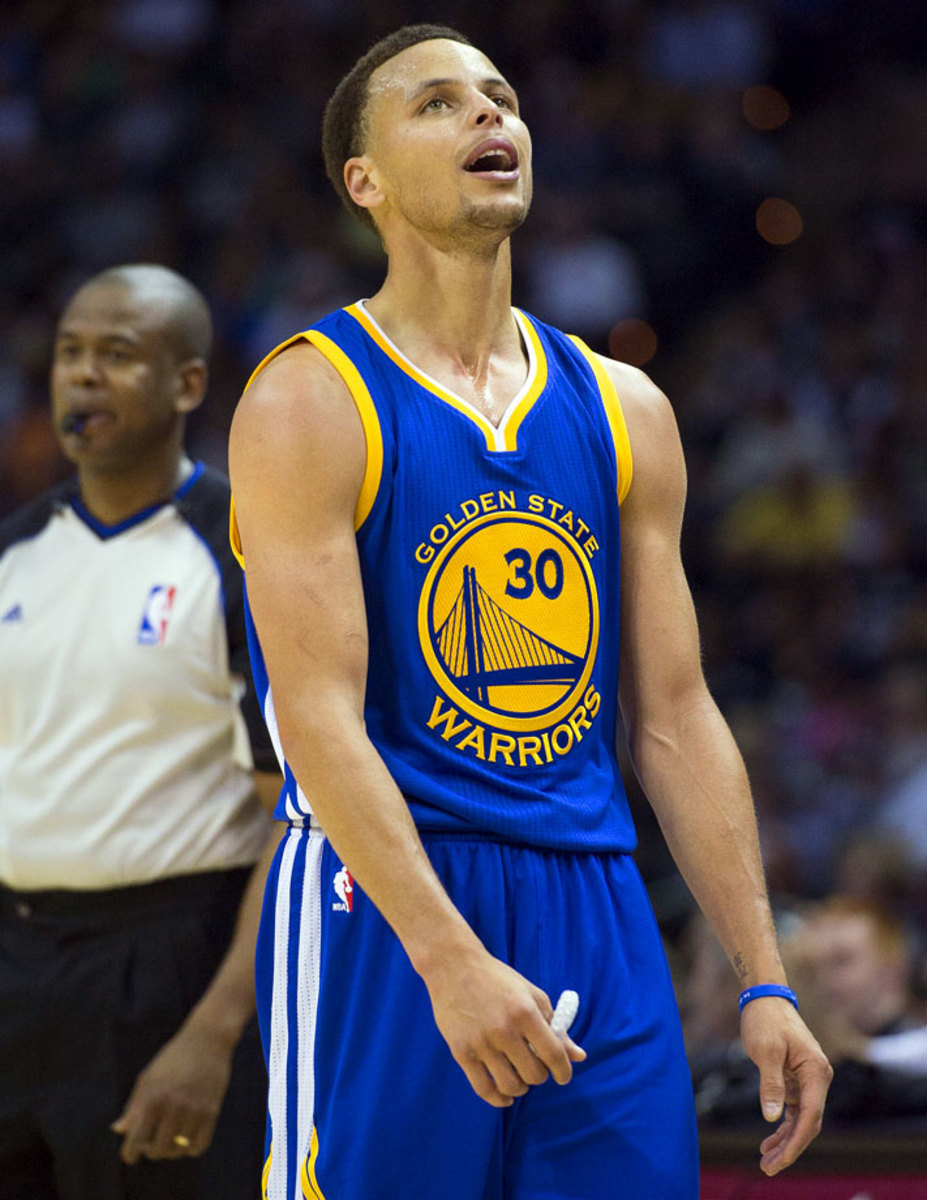
Isaiah Thomas
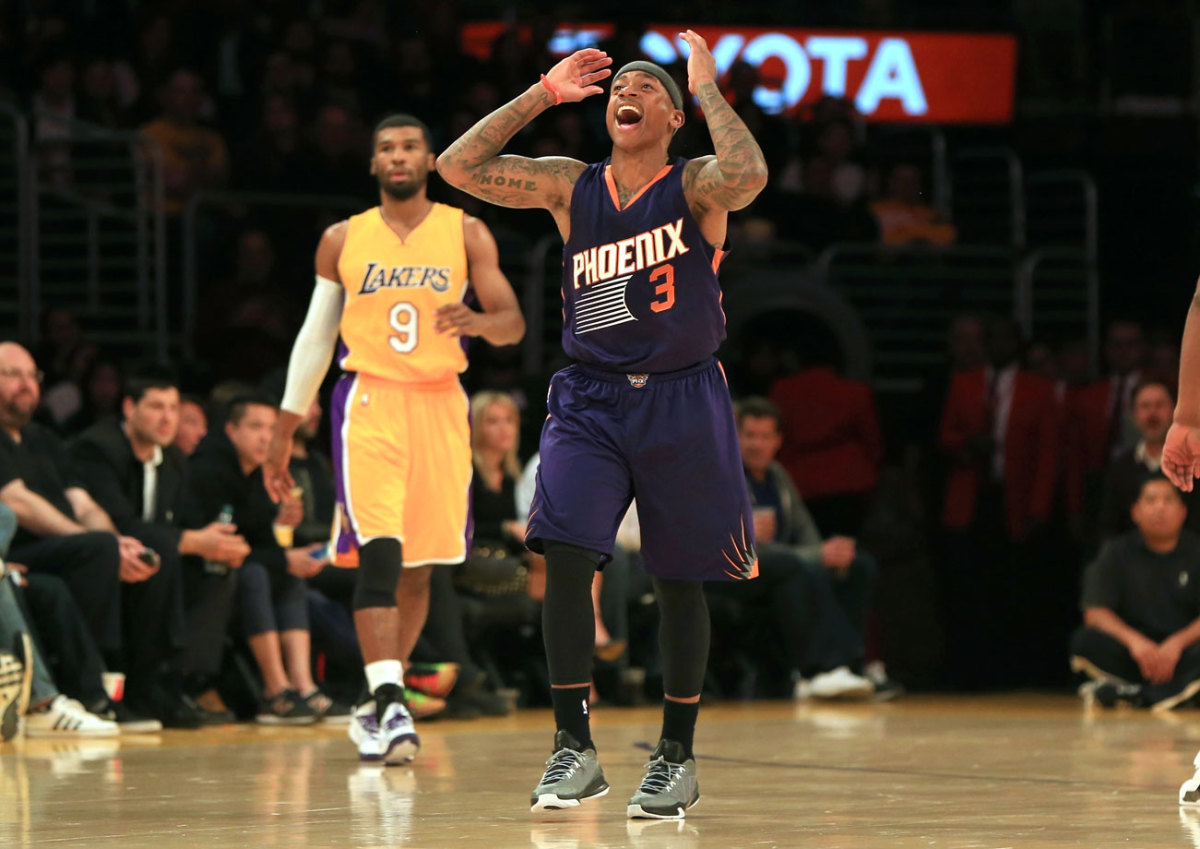
Mike Conley
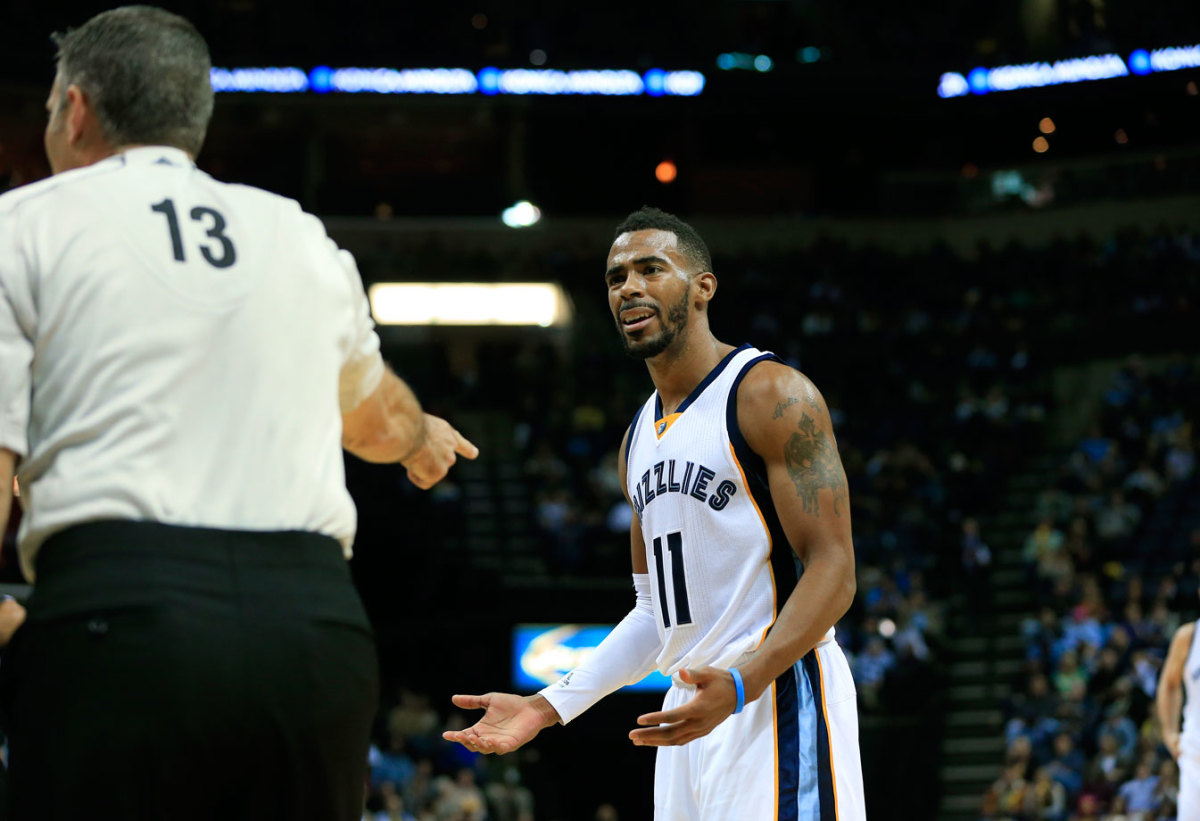
Kyrie Irving
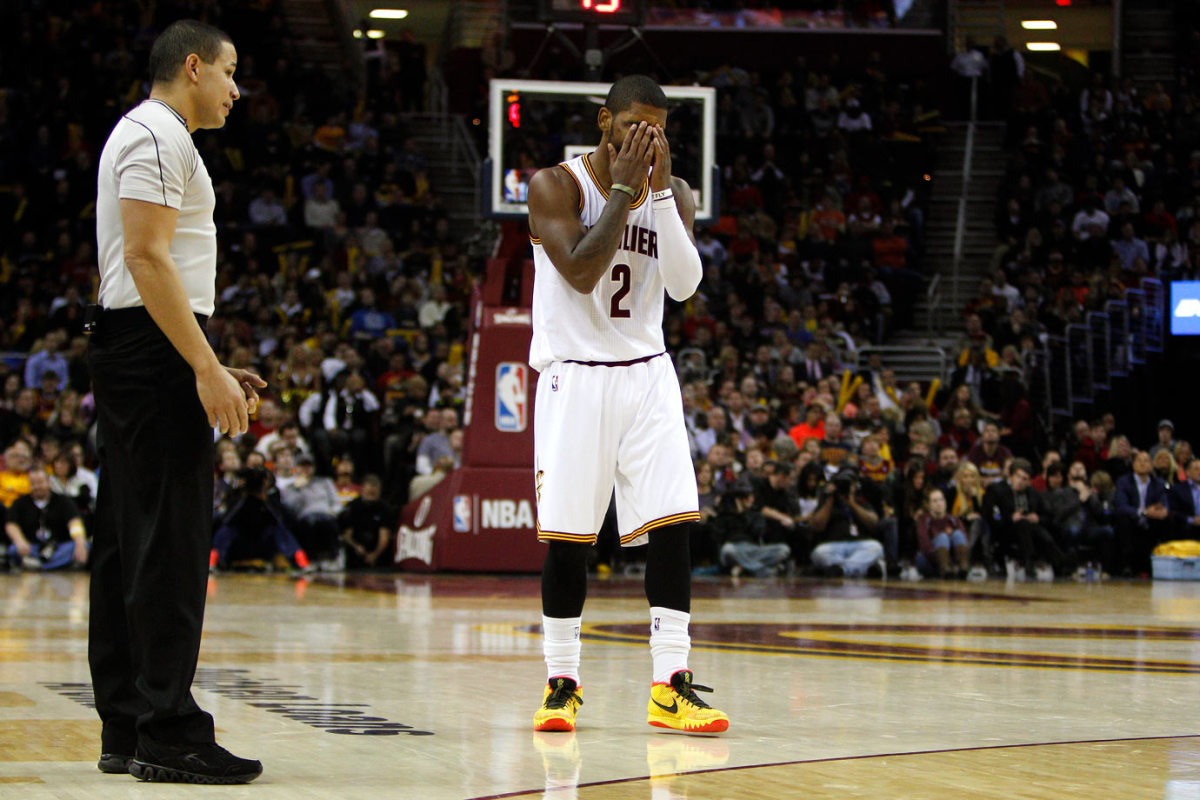
Shabazz Napier
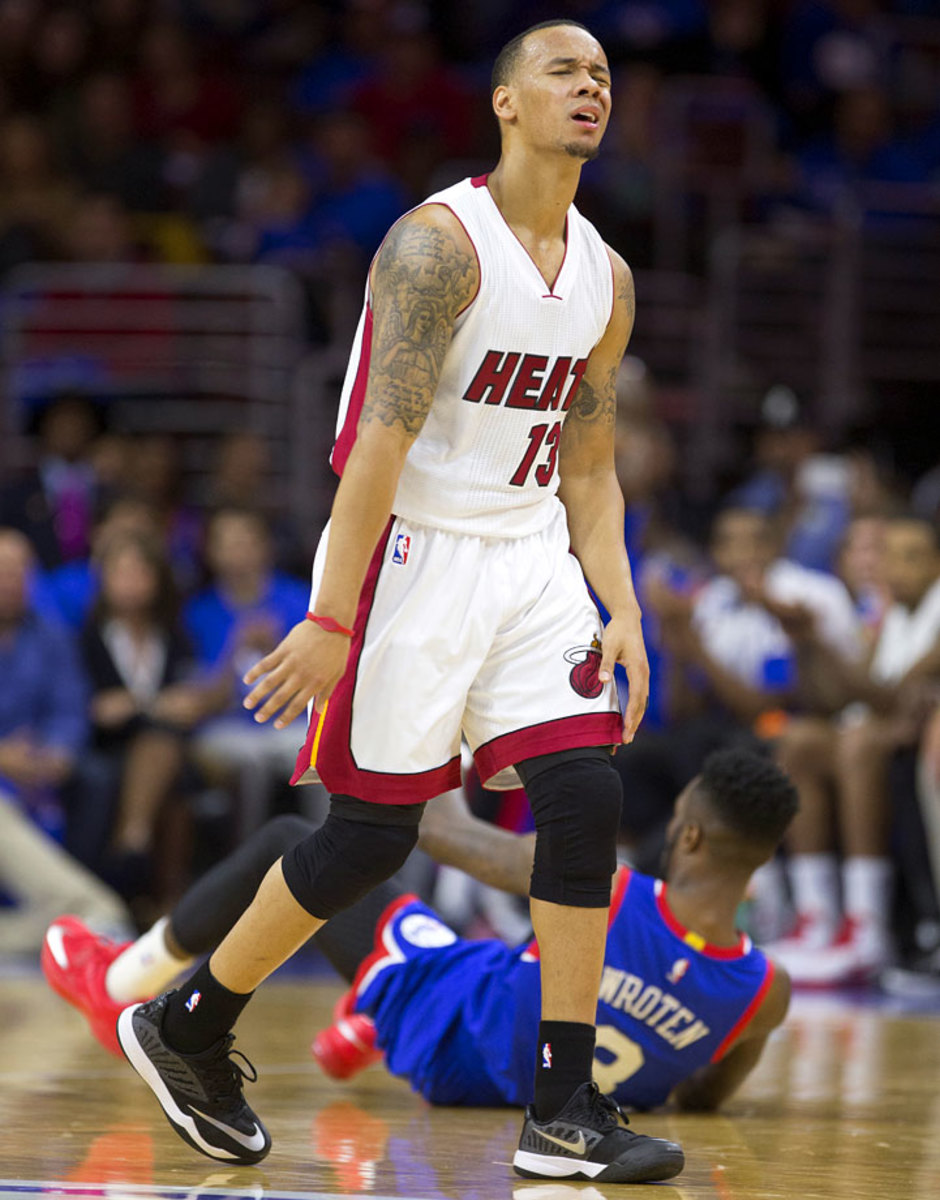
Tyler Zeller
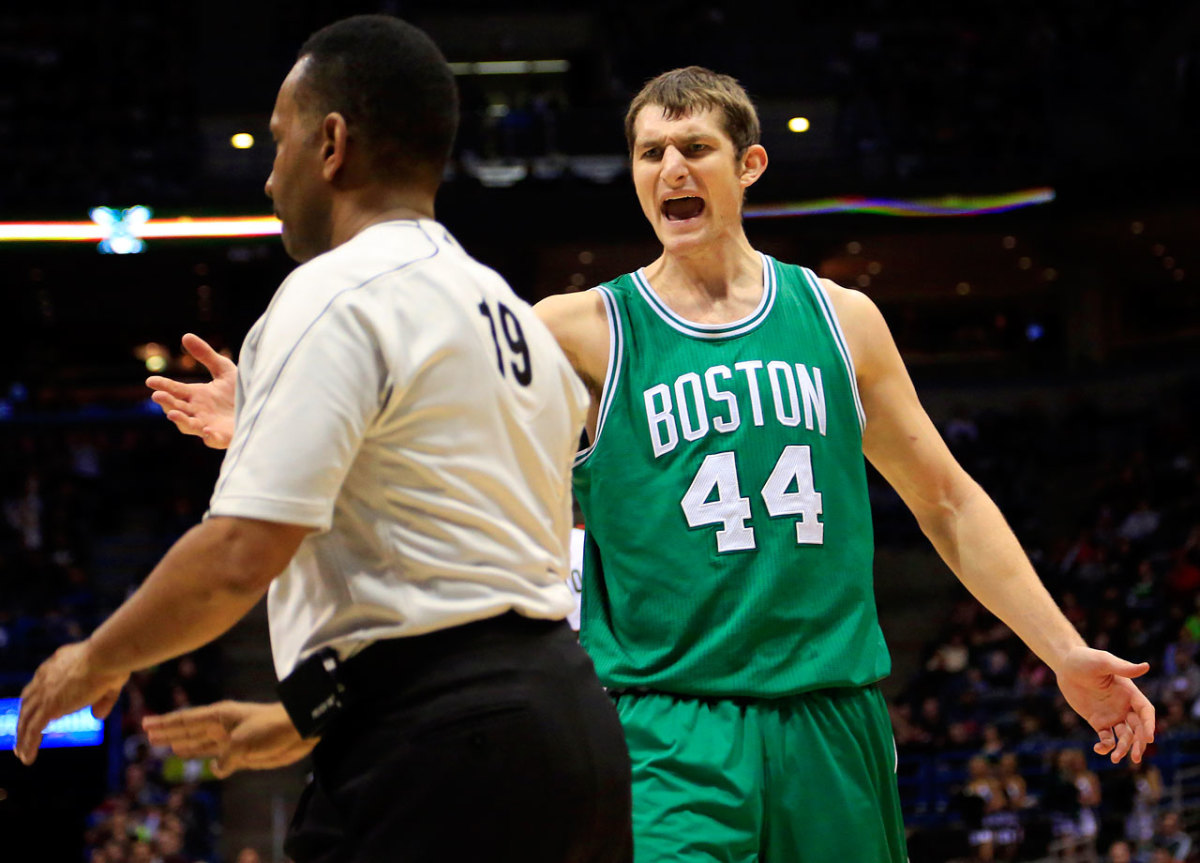
Pau Gasol
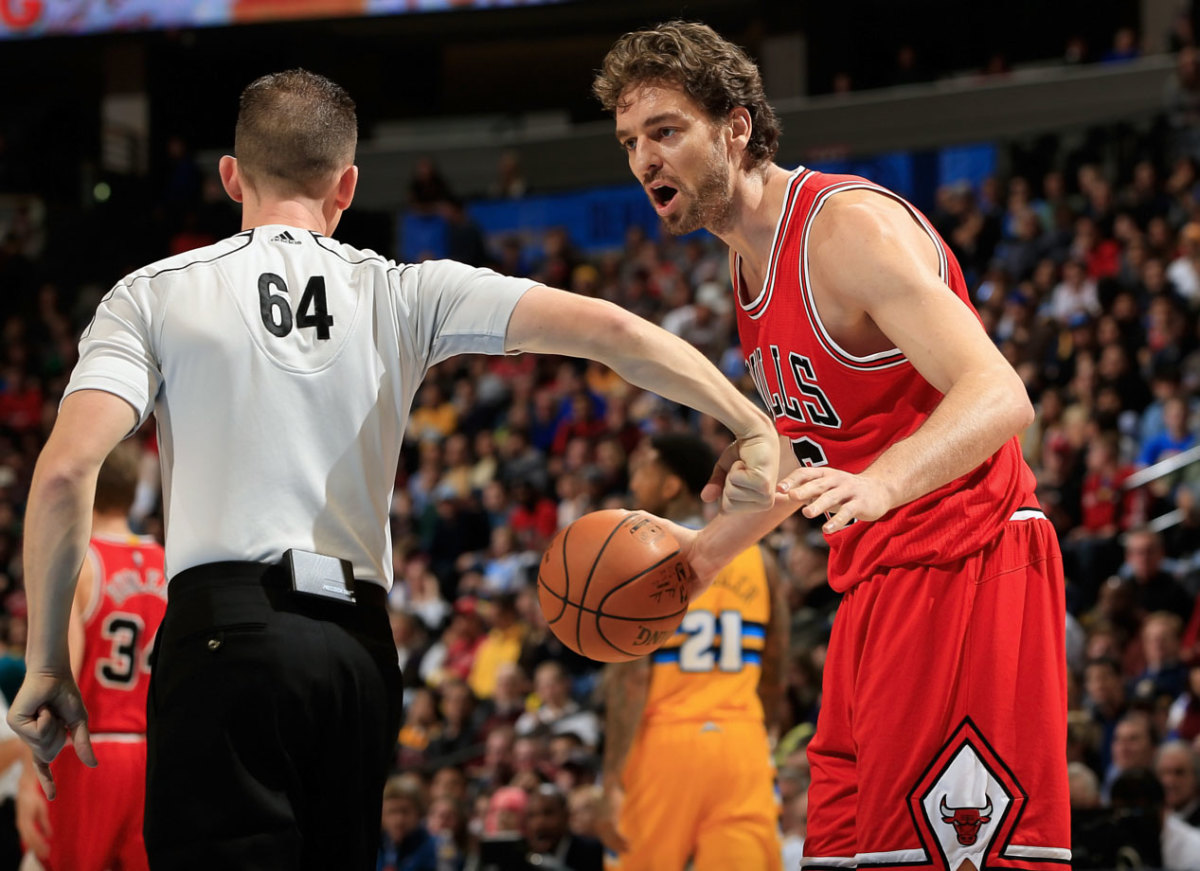
Paul Pierce
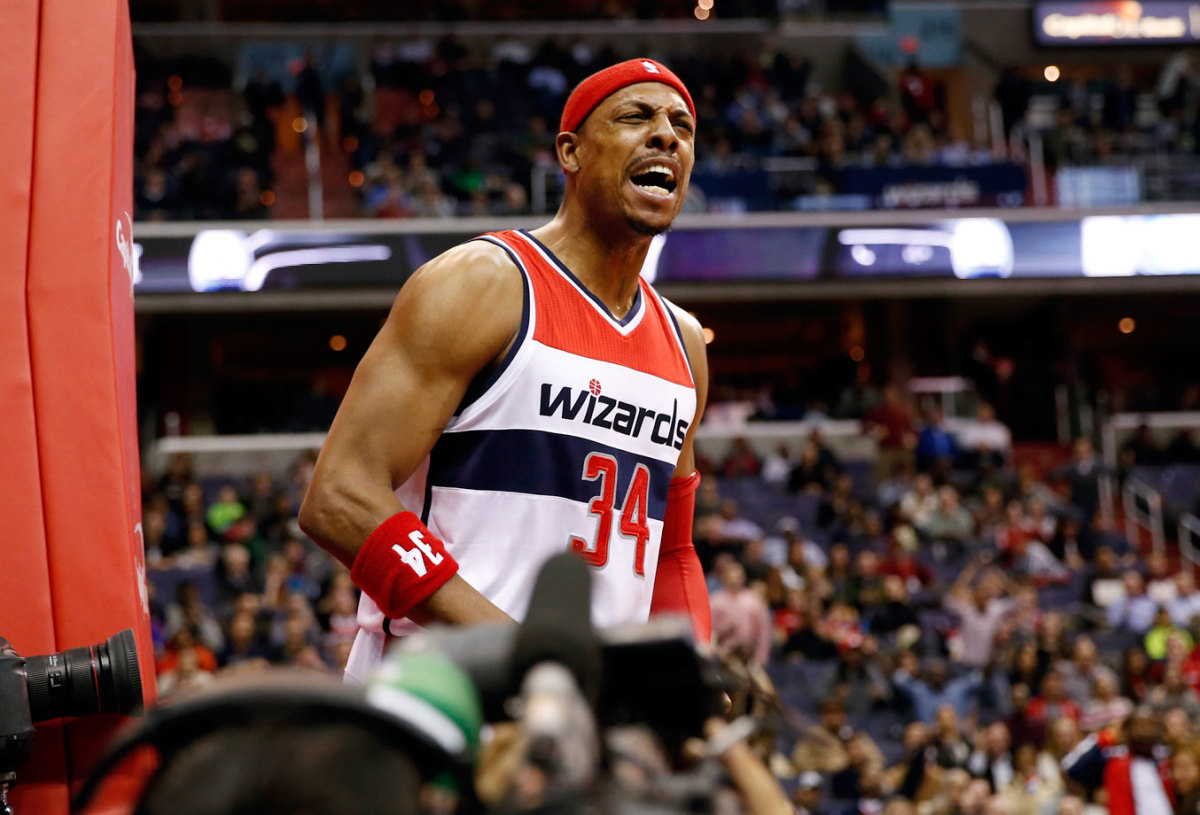
Spencer Hawes
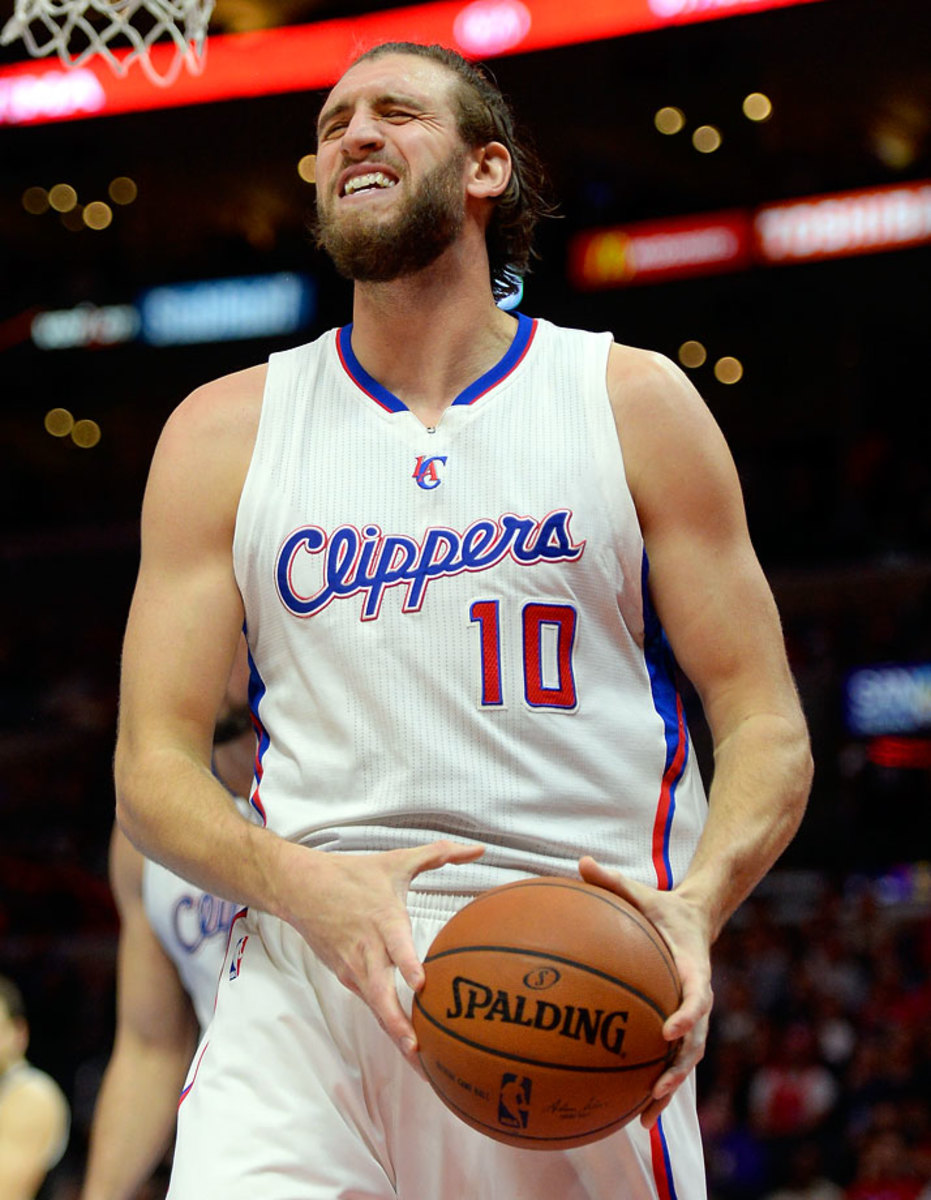
Mo Williams
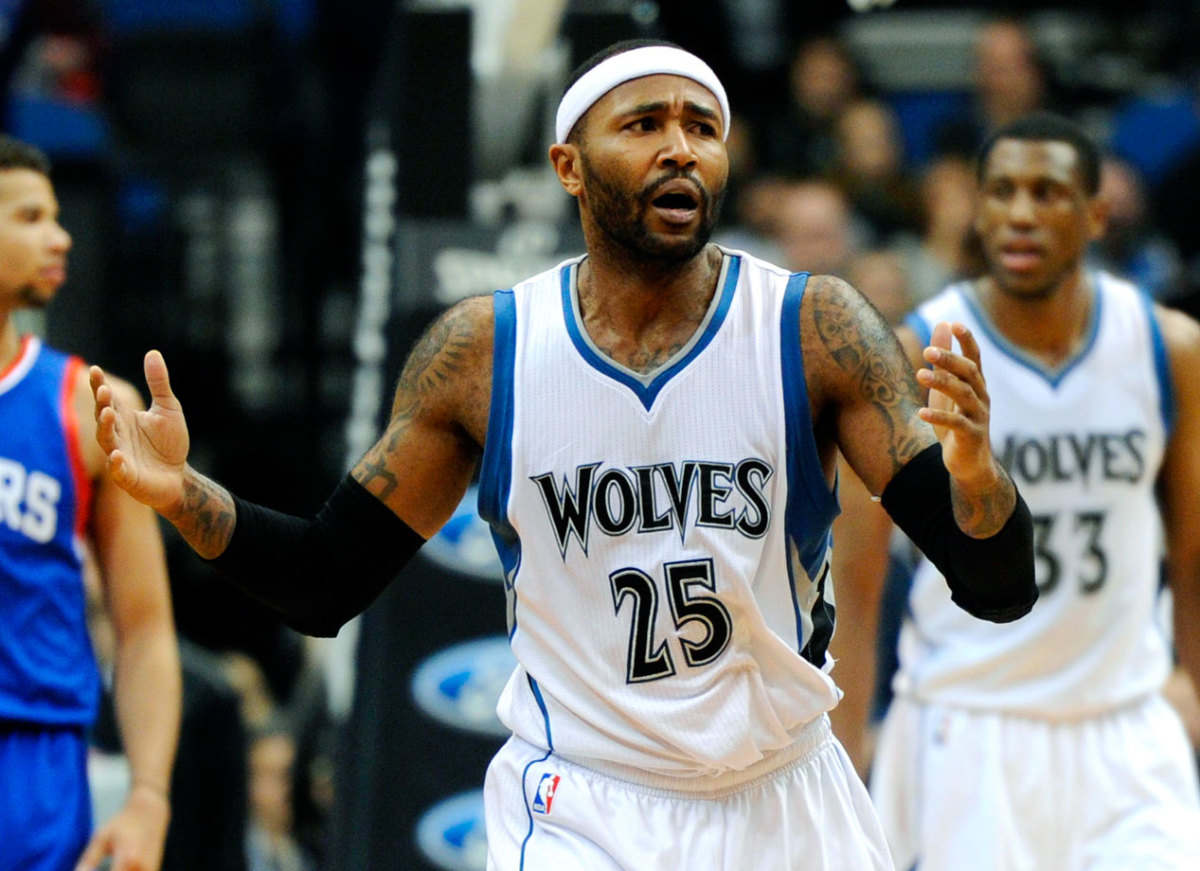
Nerlens Noel
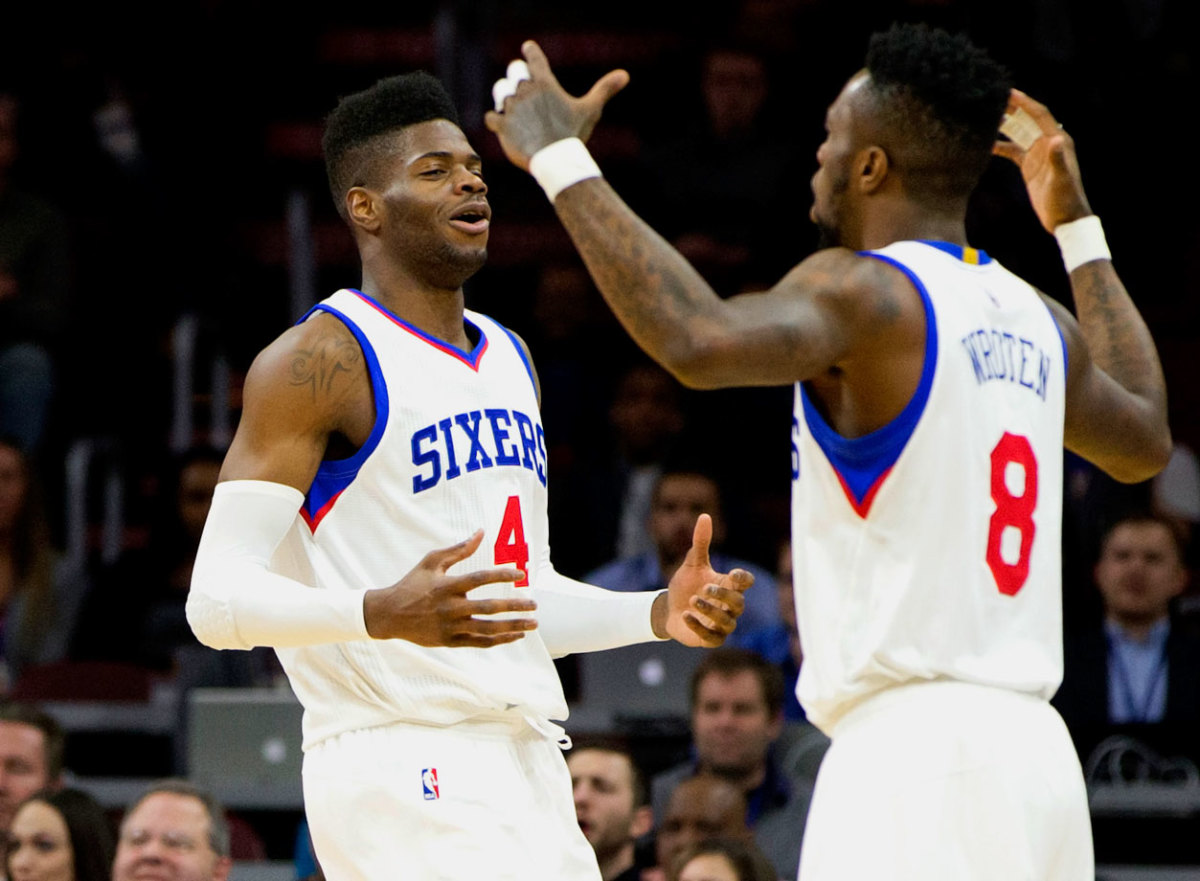
Ramon Sessions
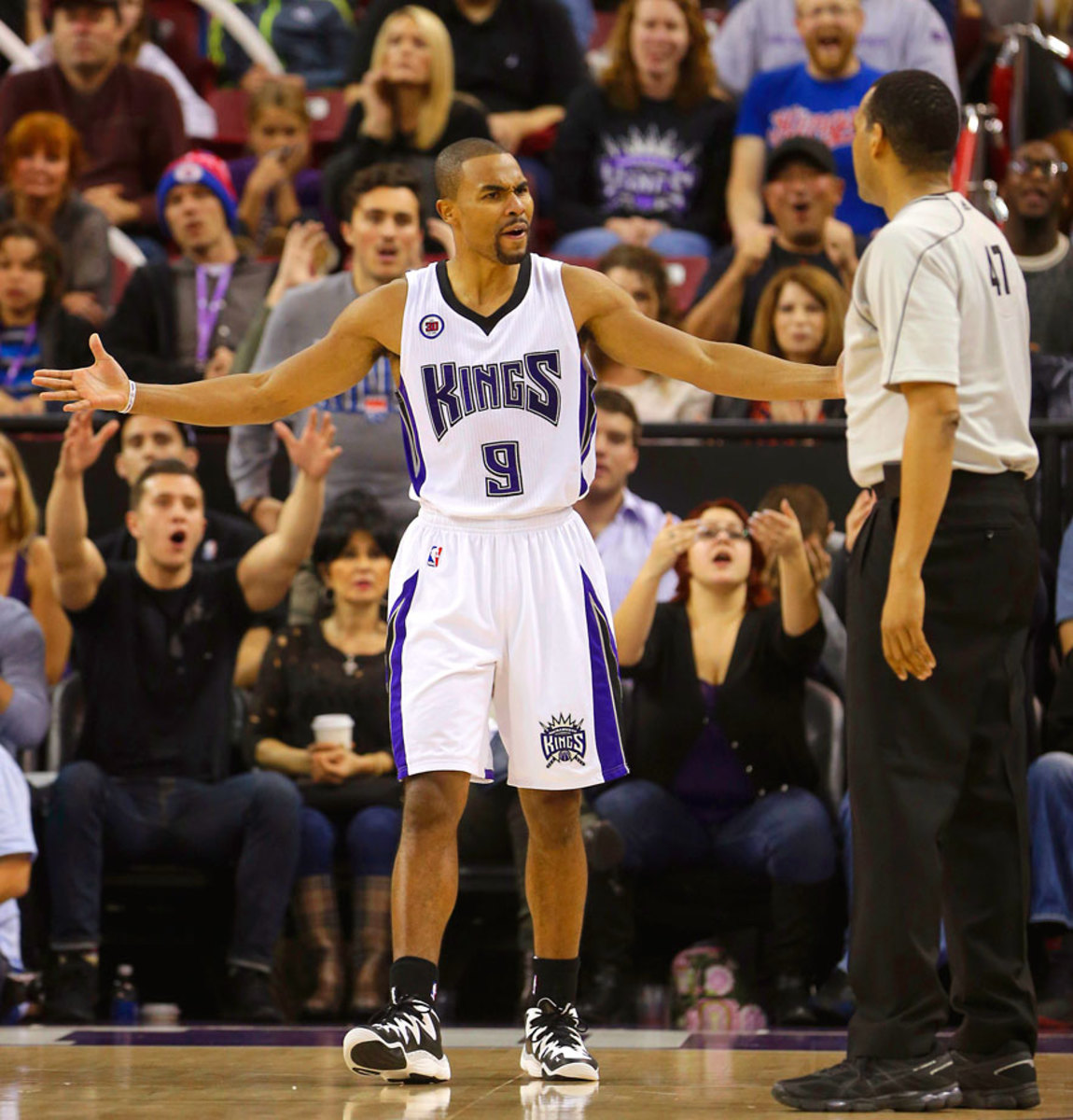
Taj Gibson
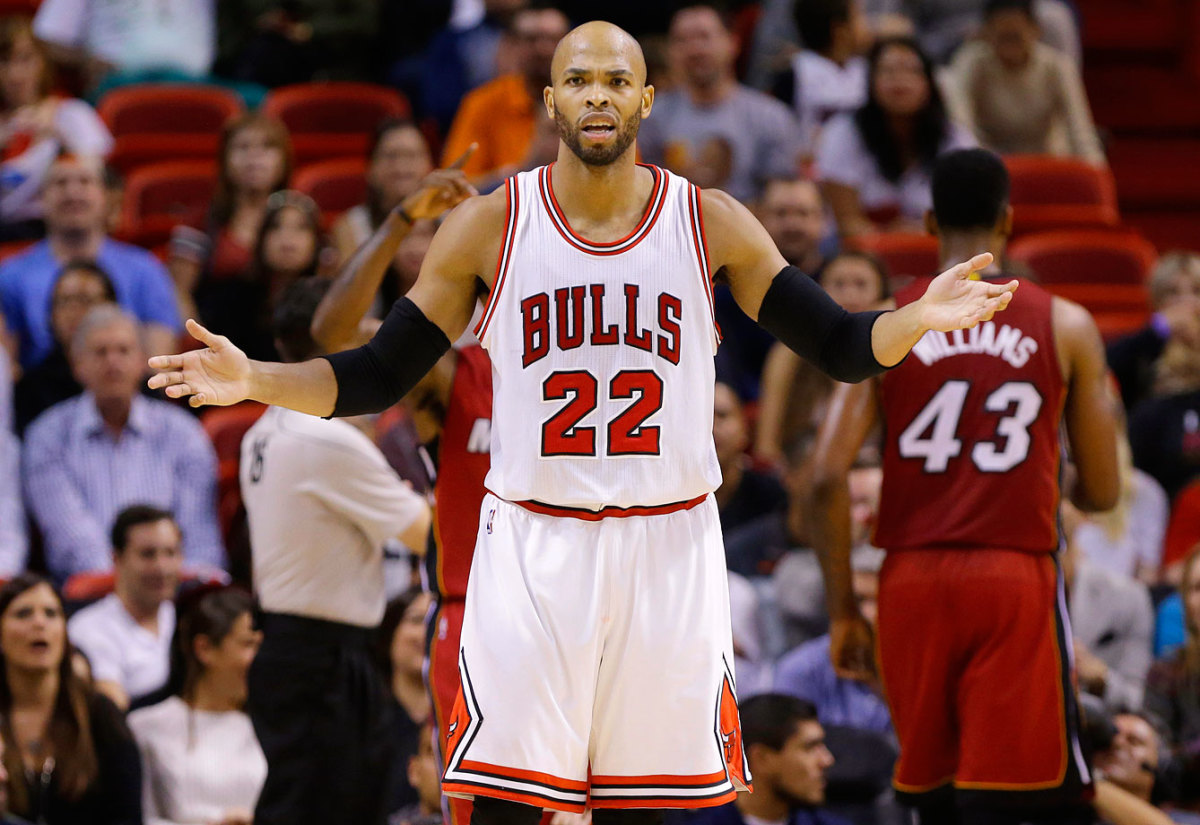
Zaza Pachulia
